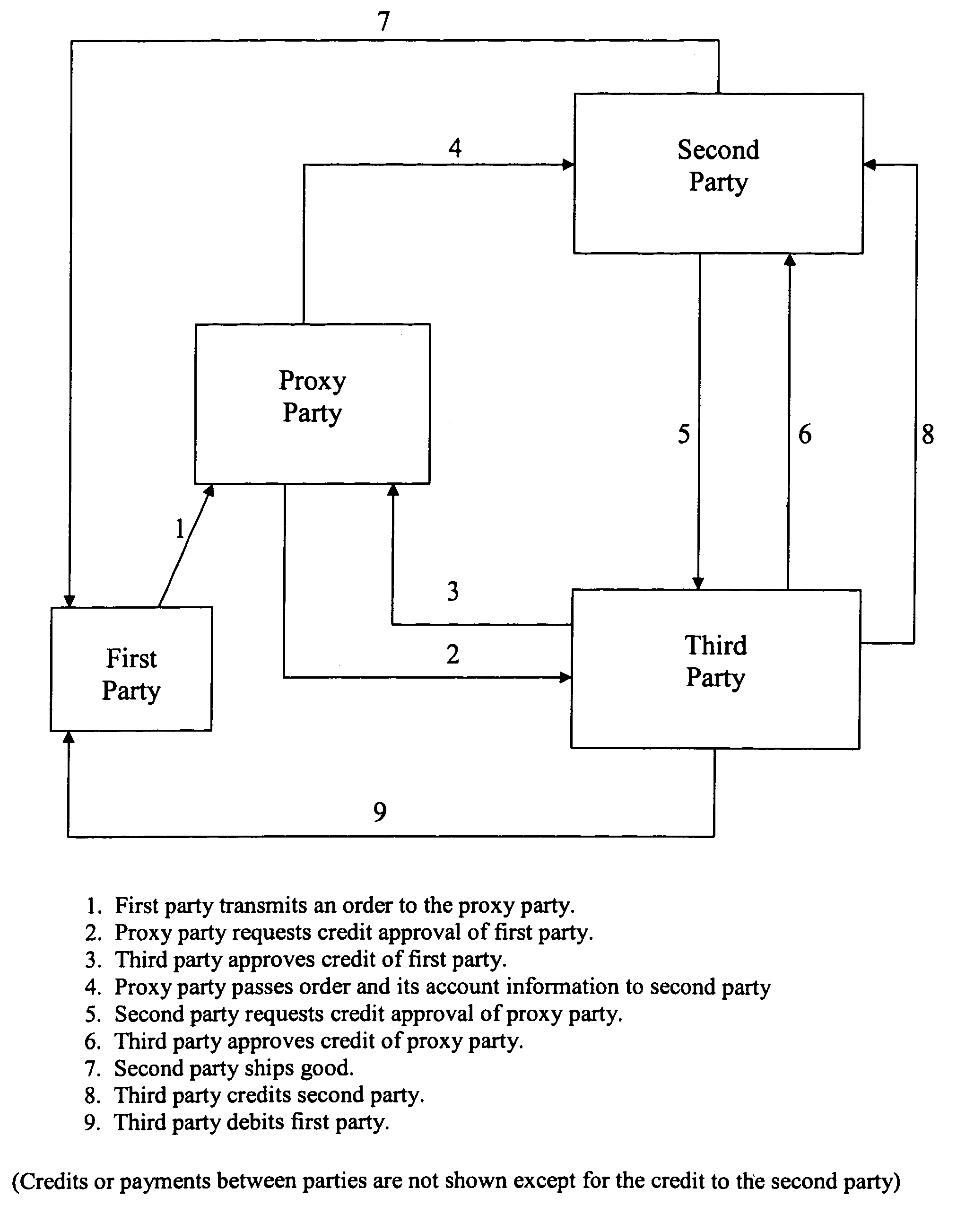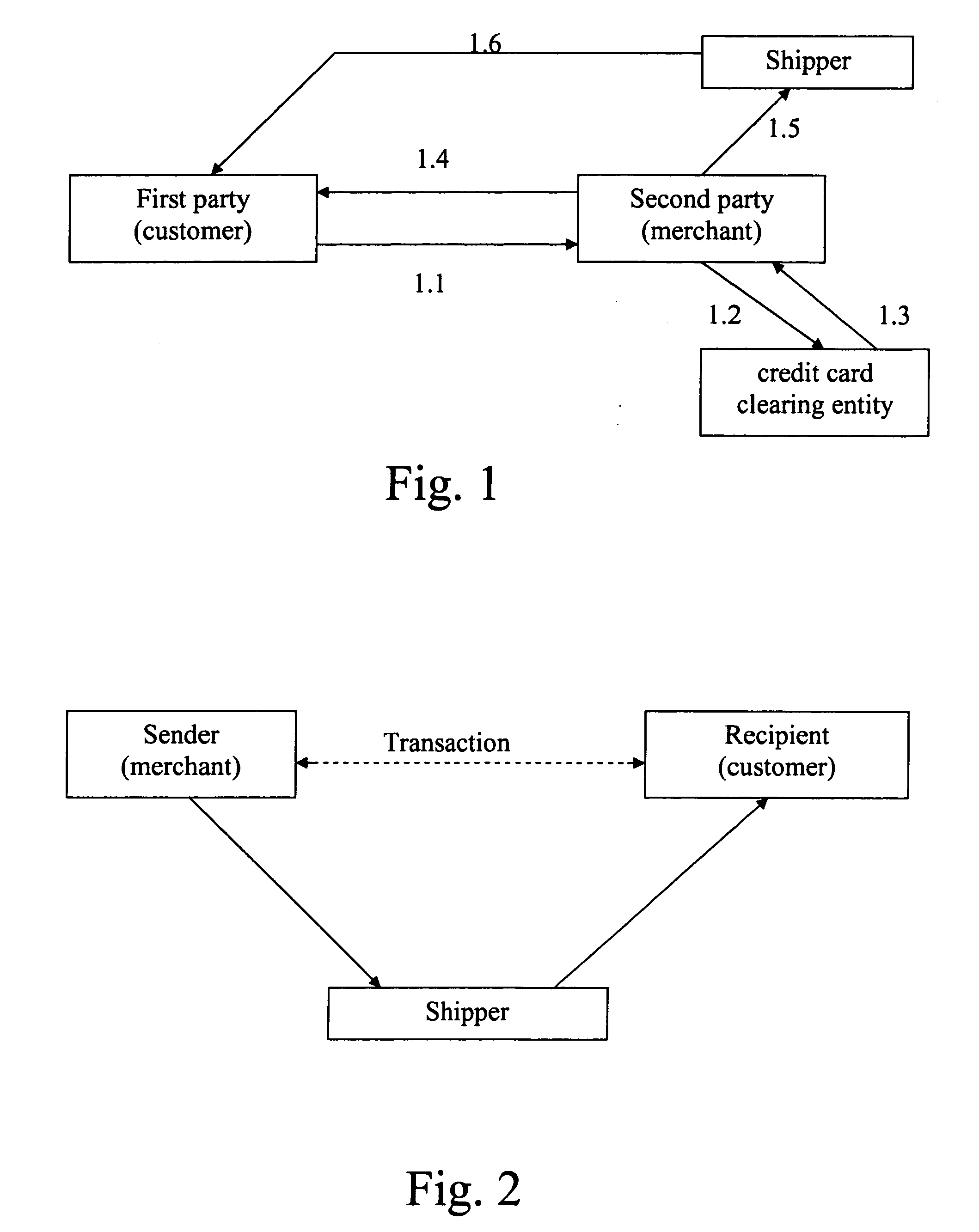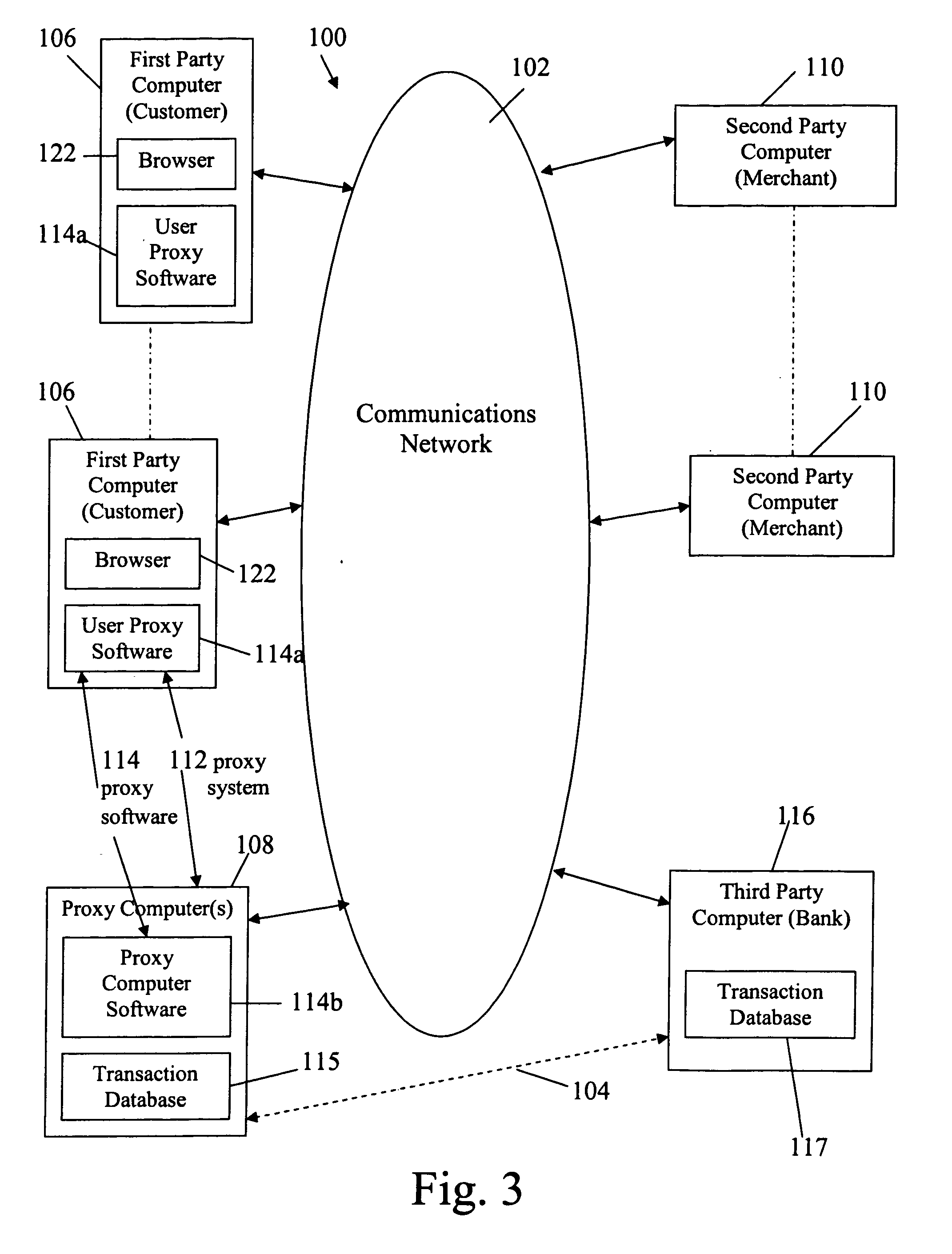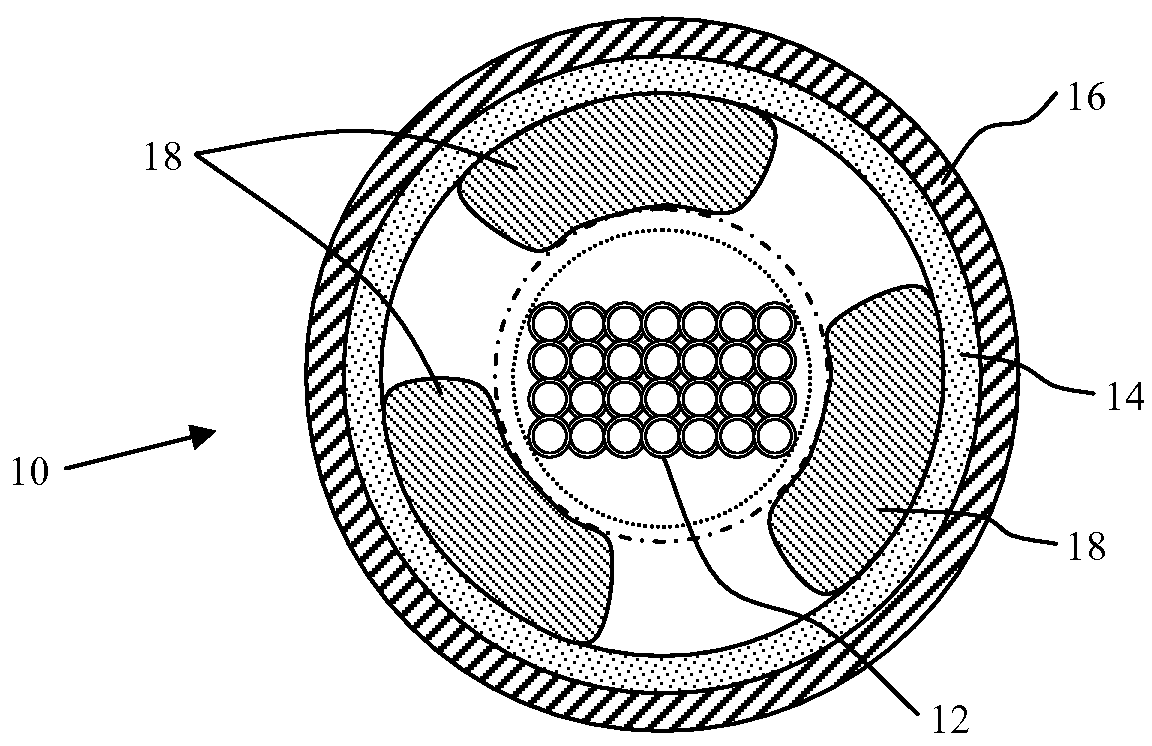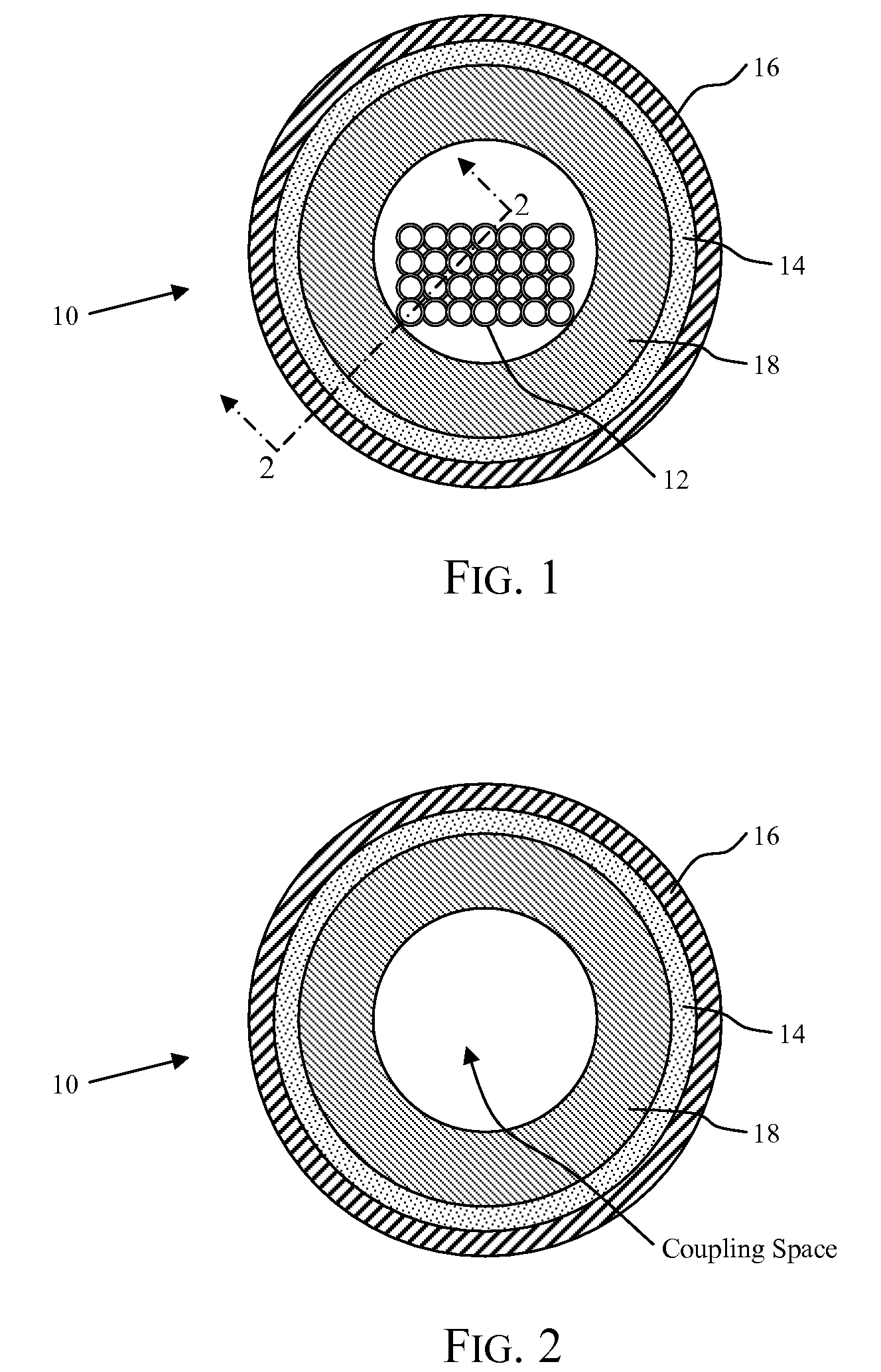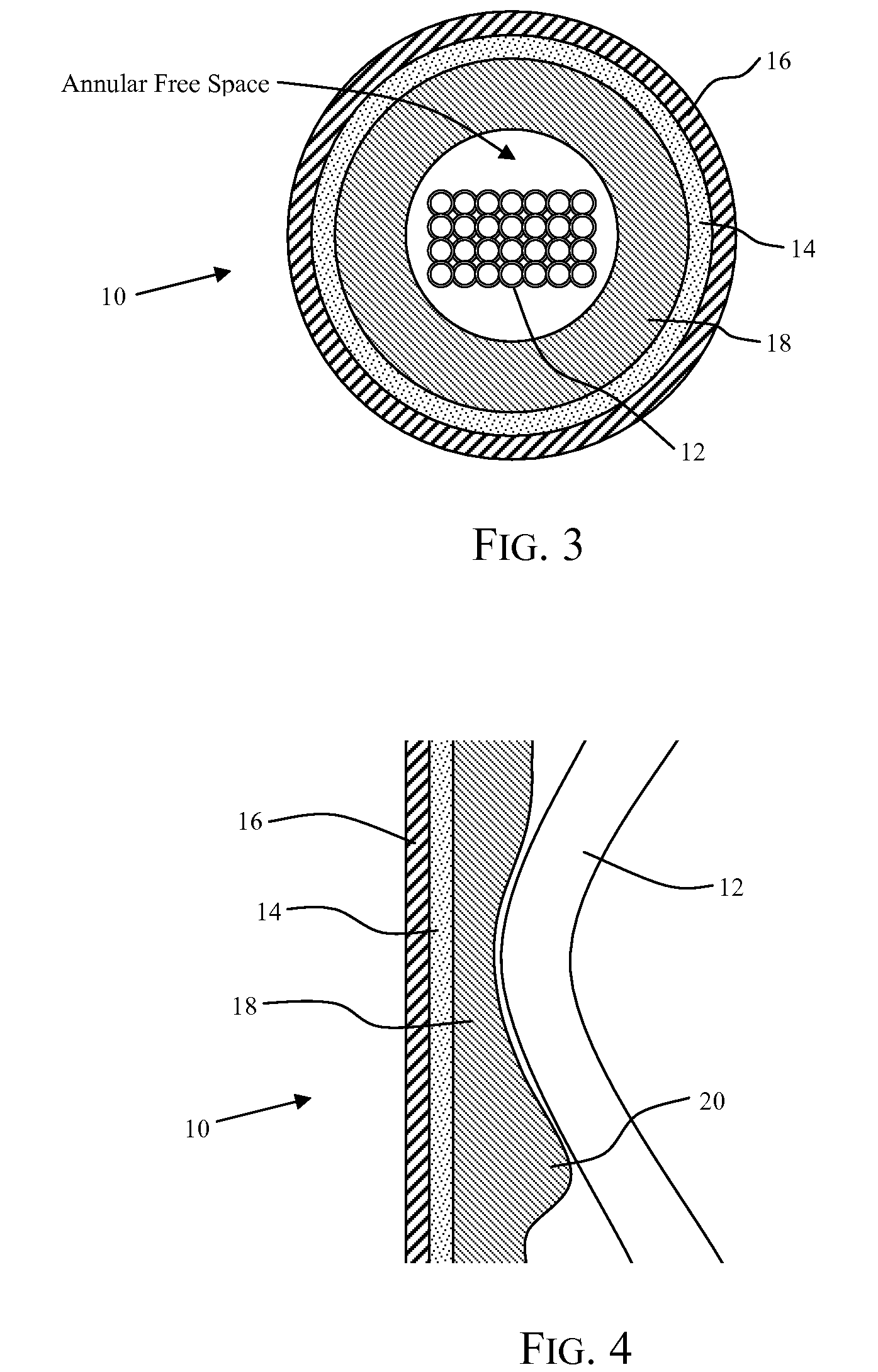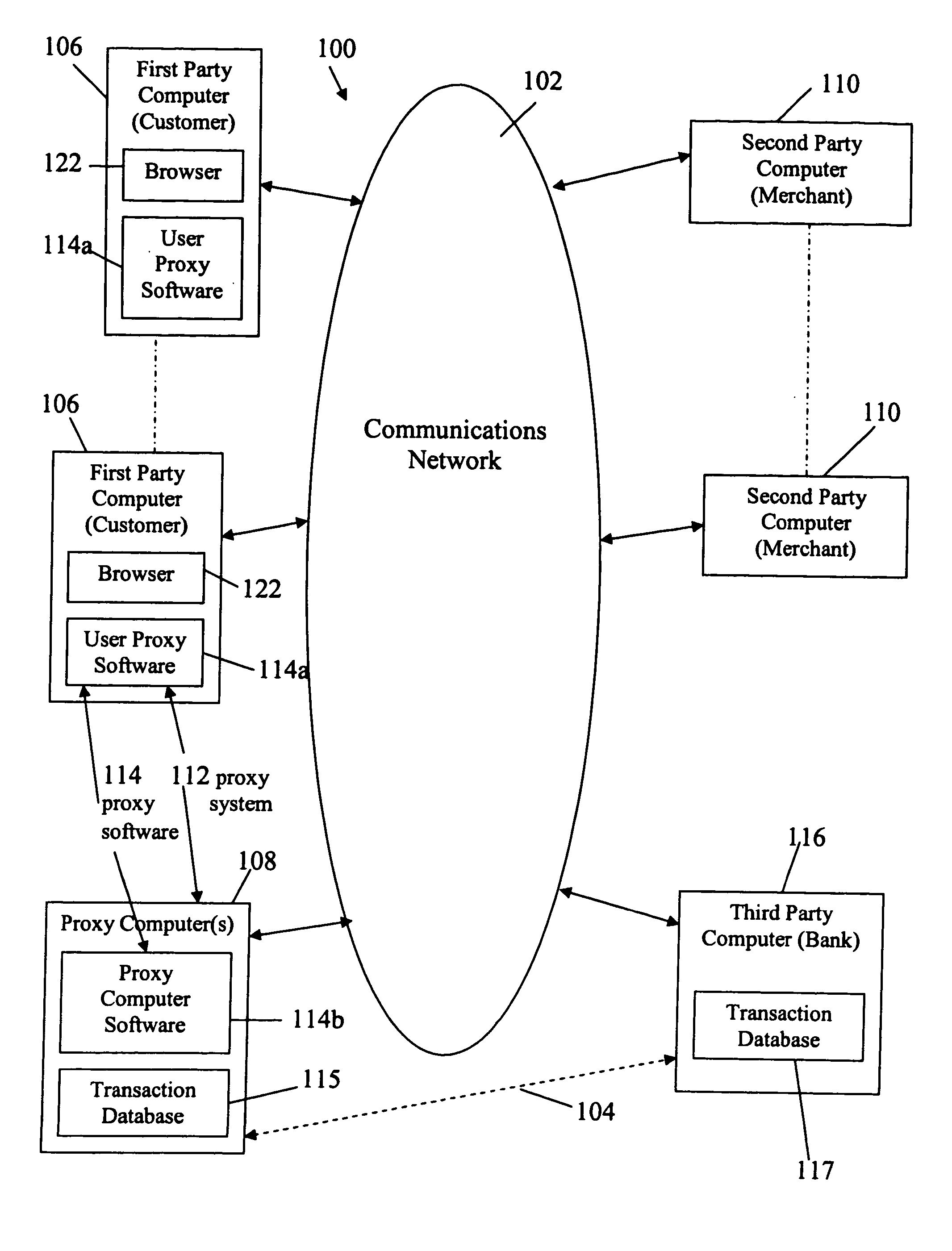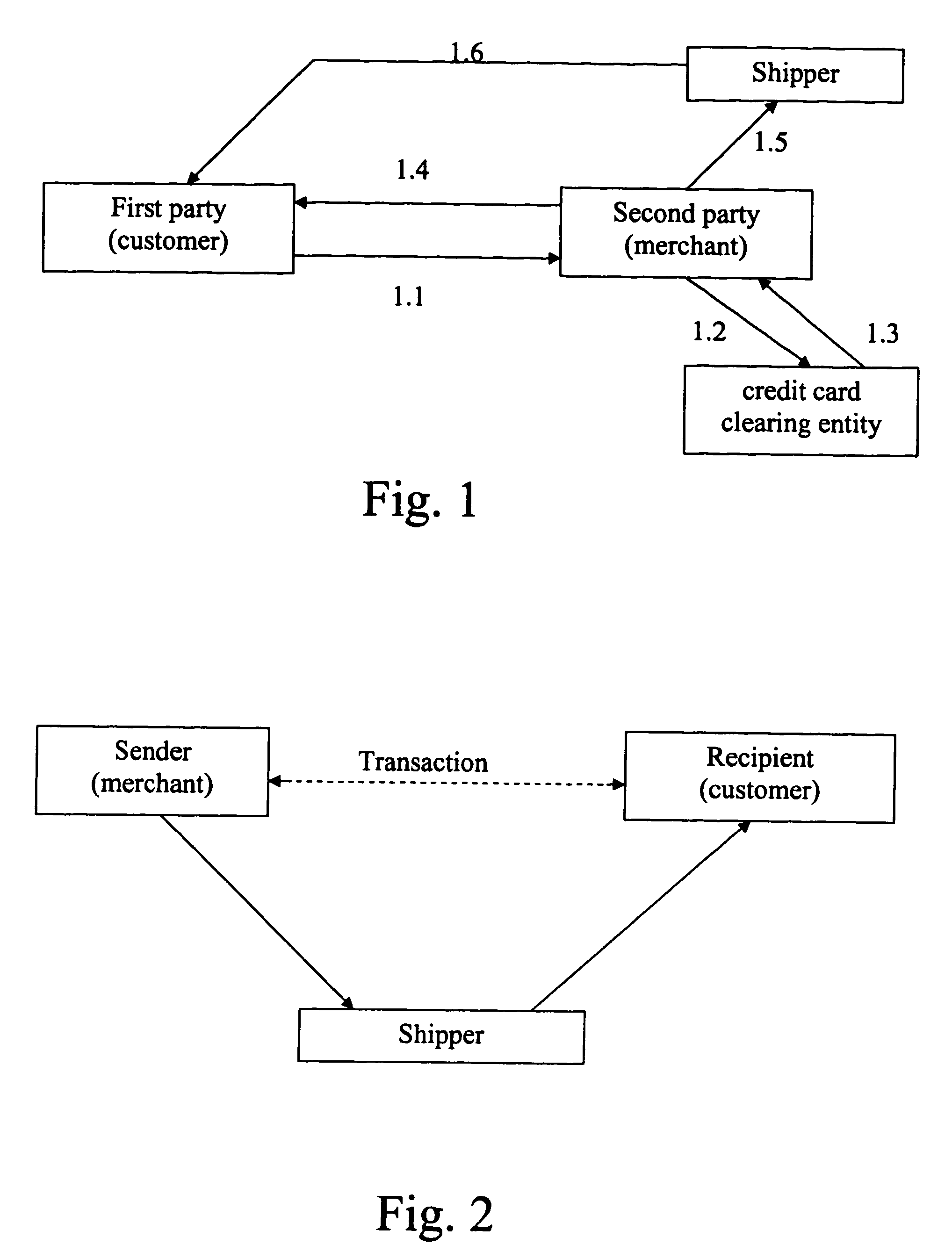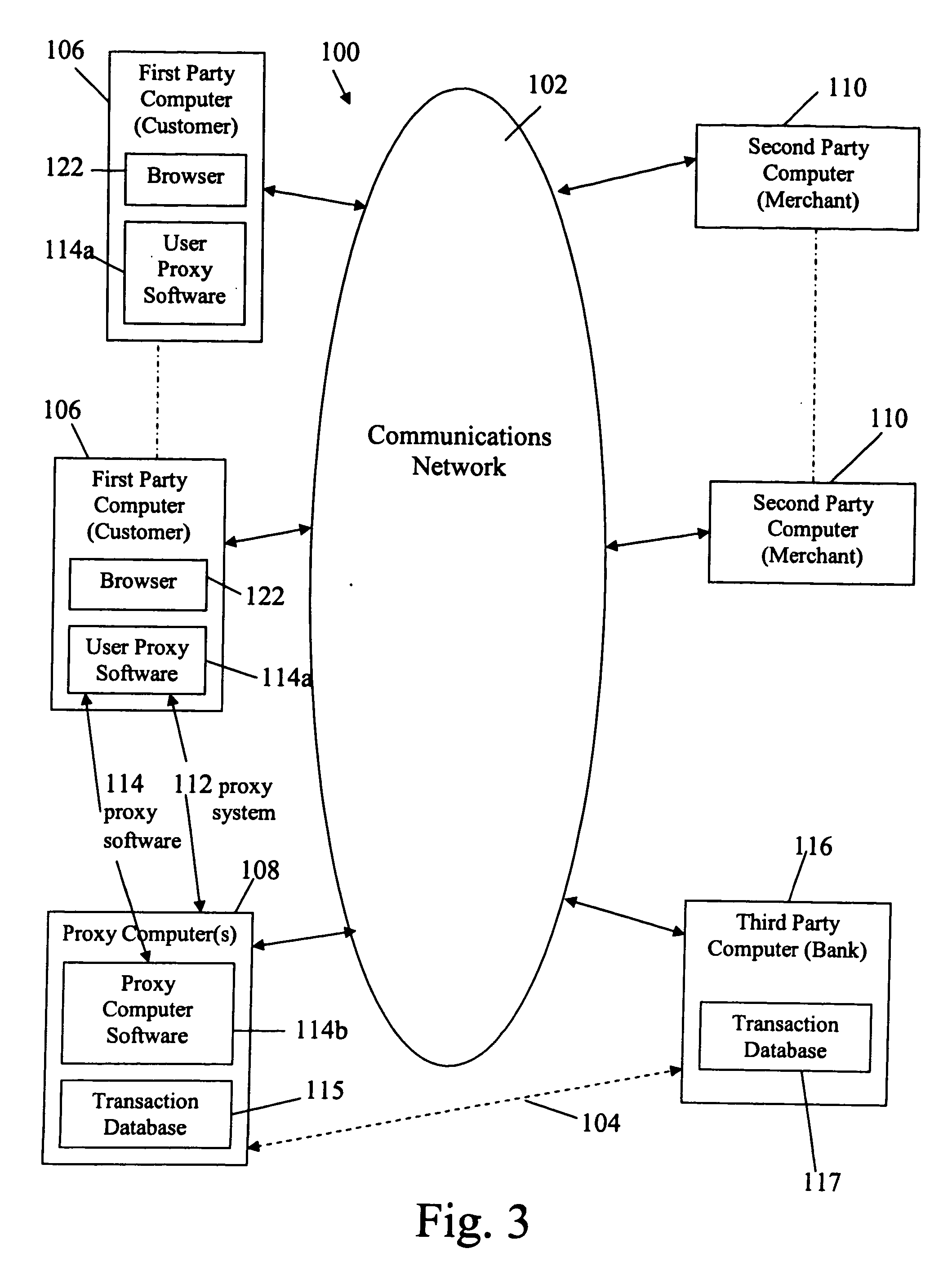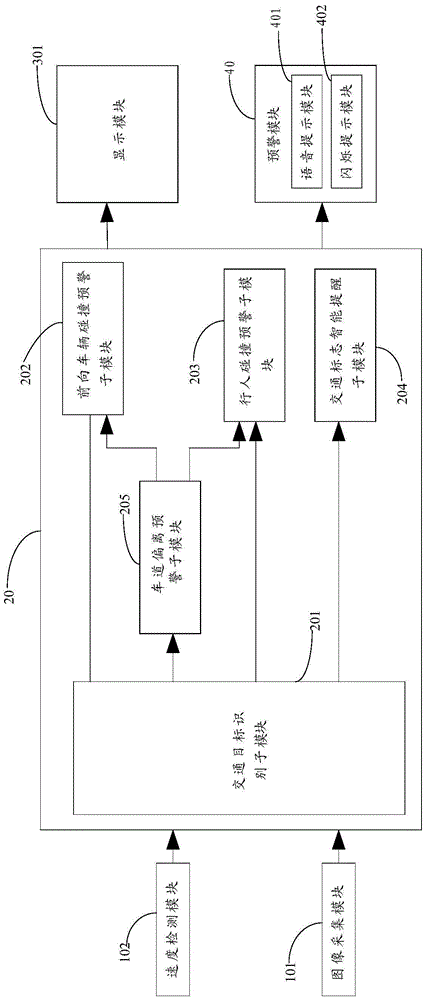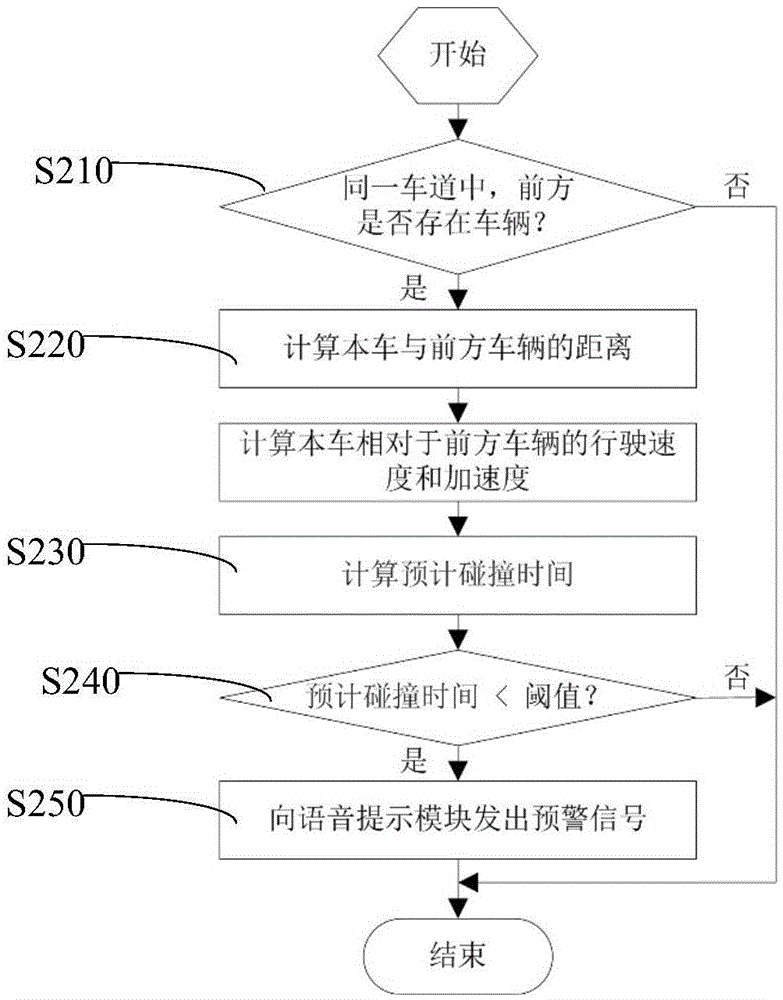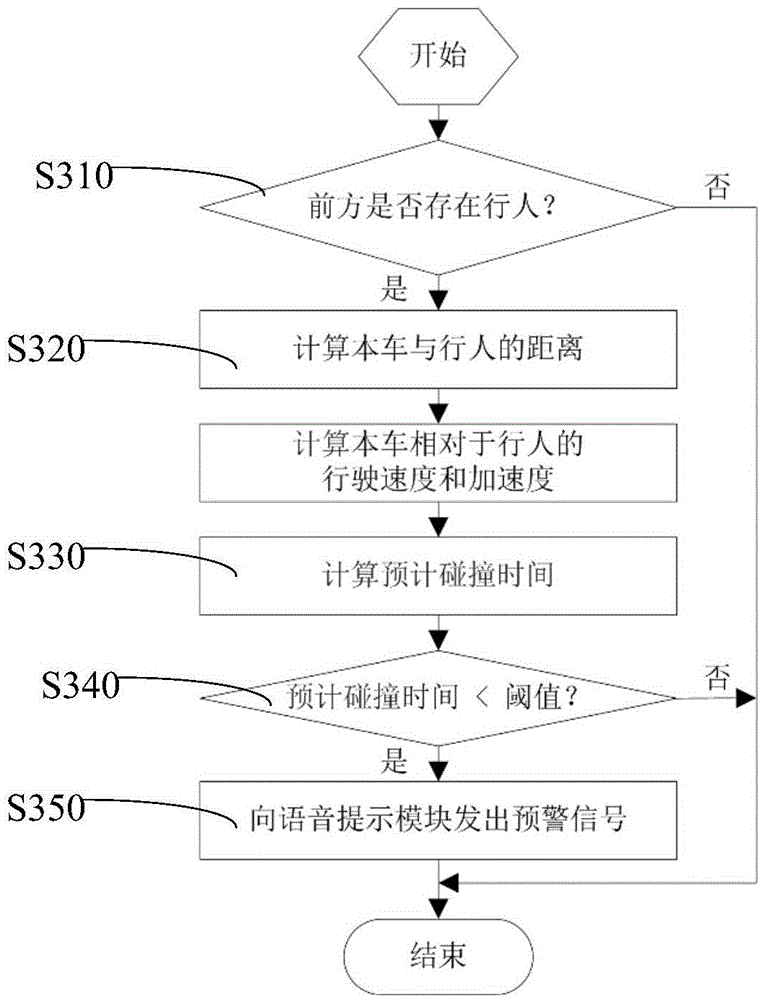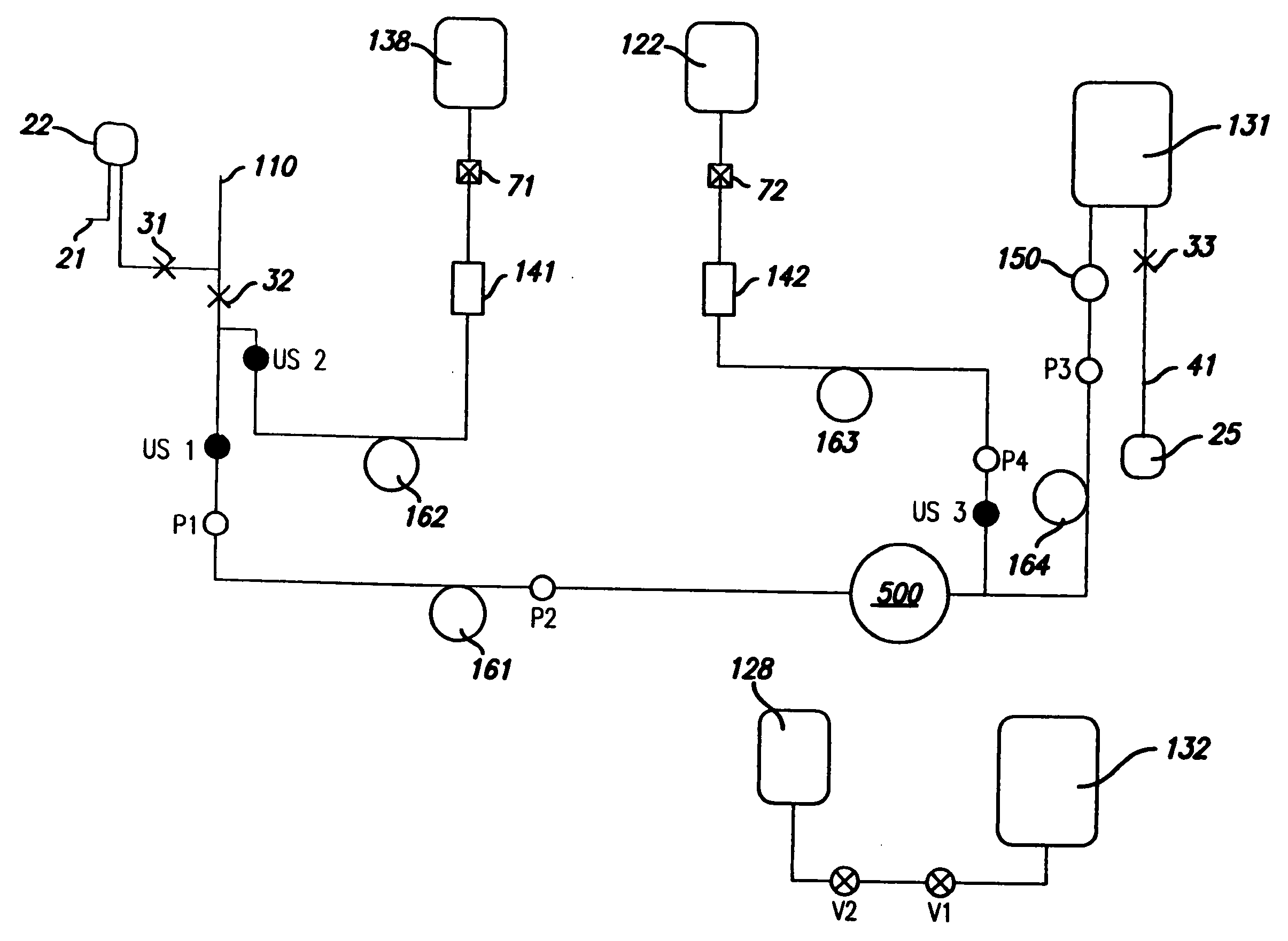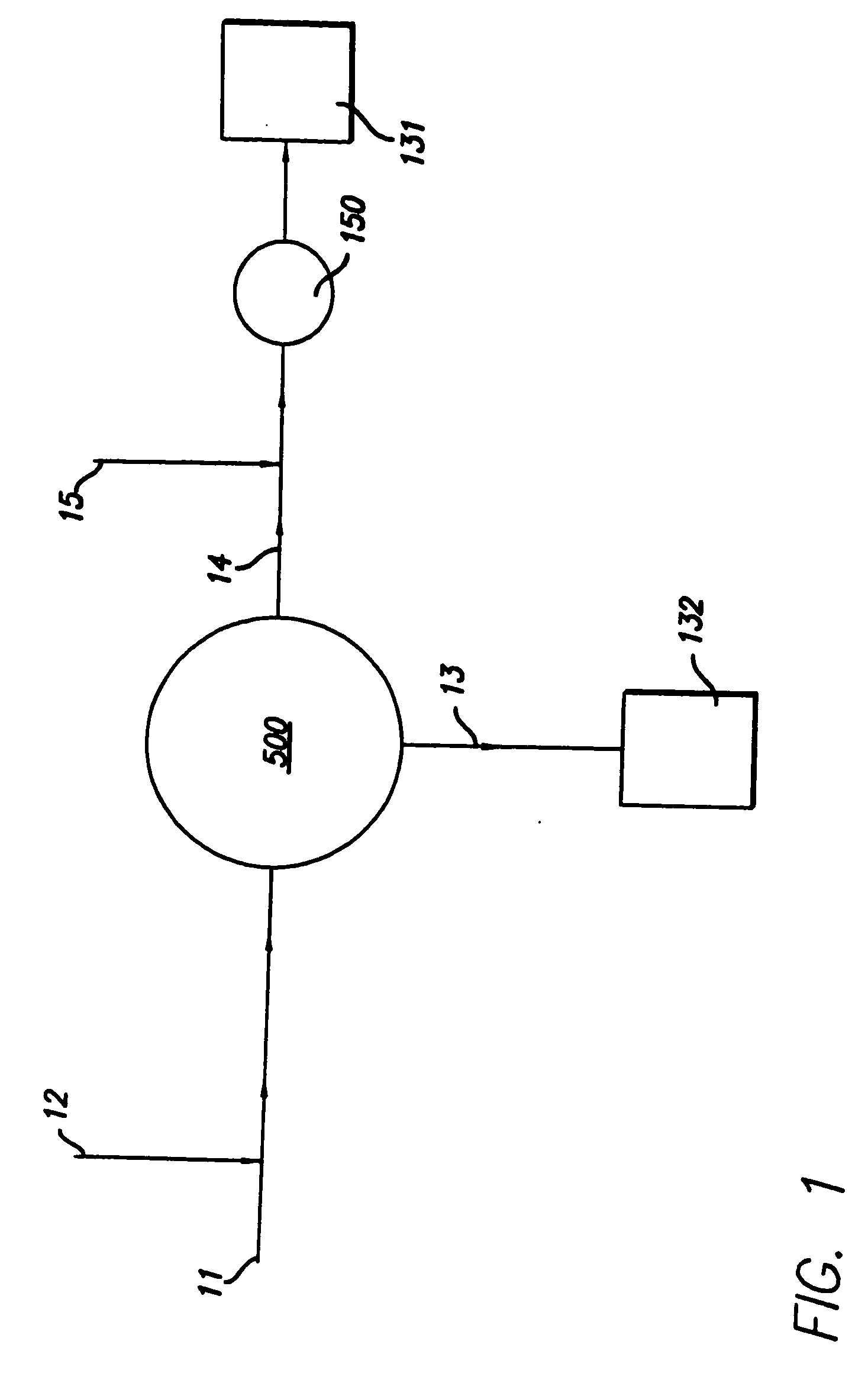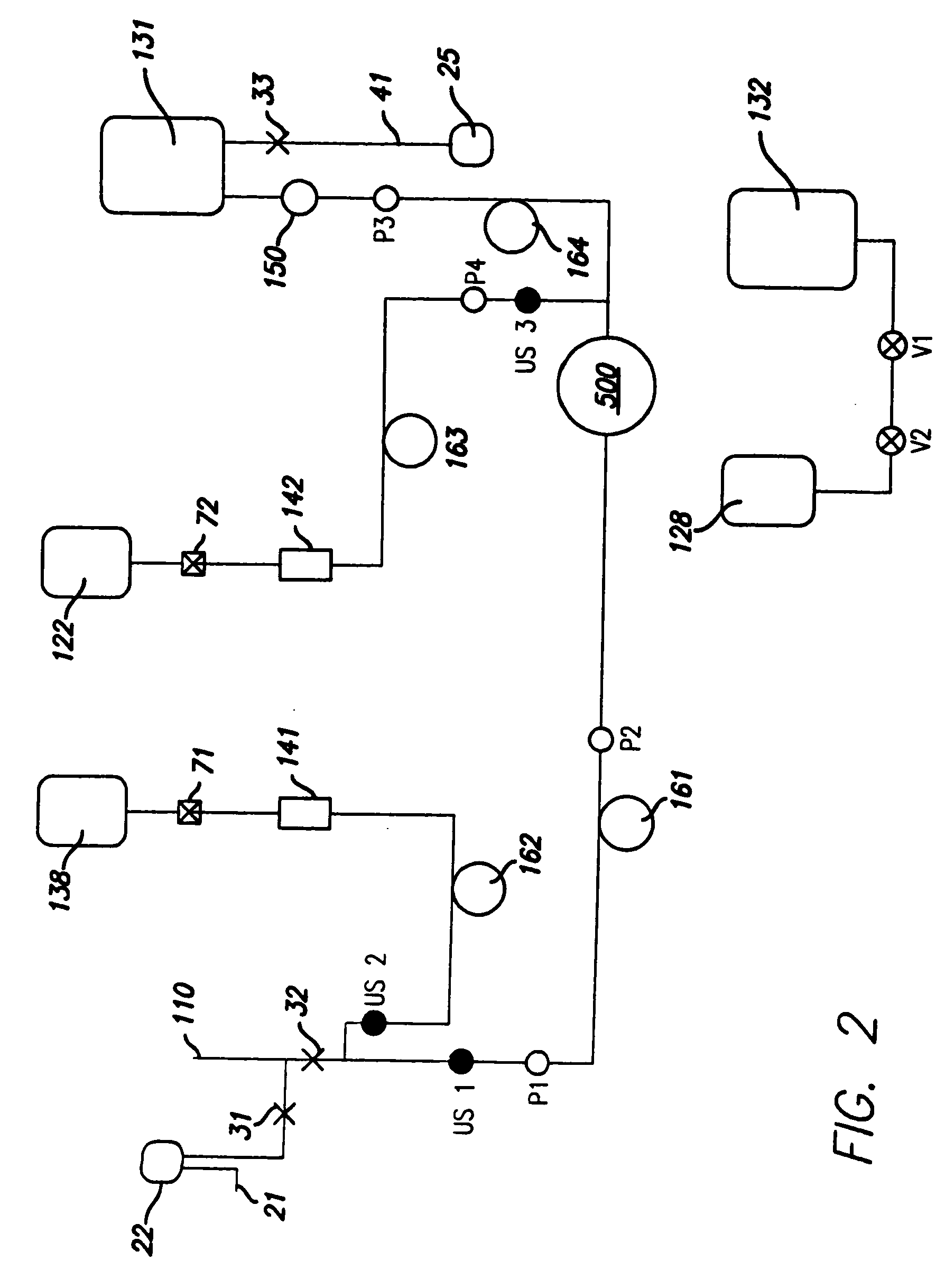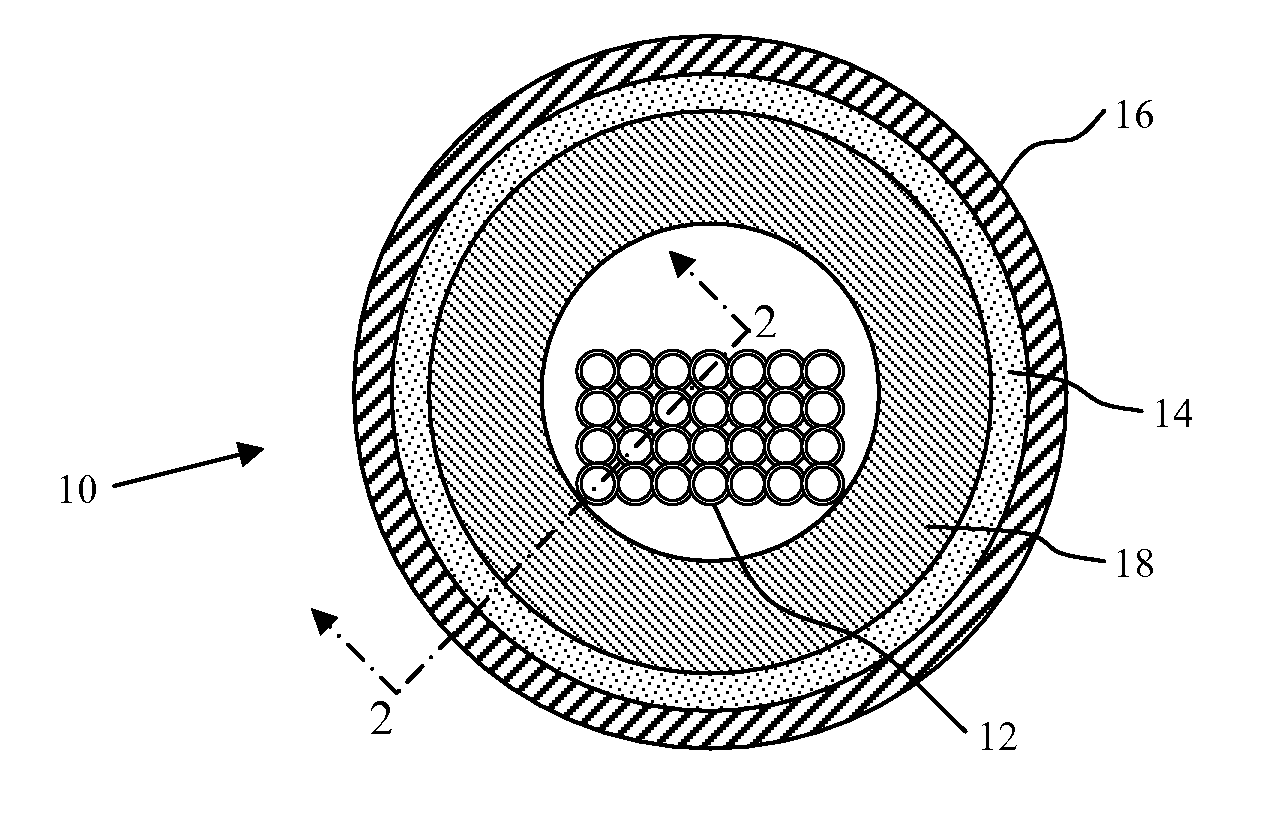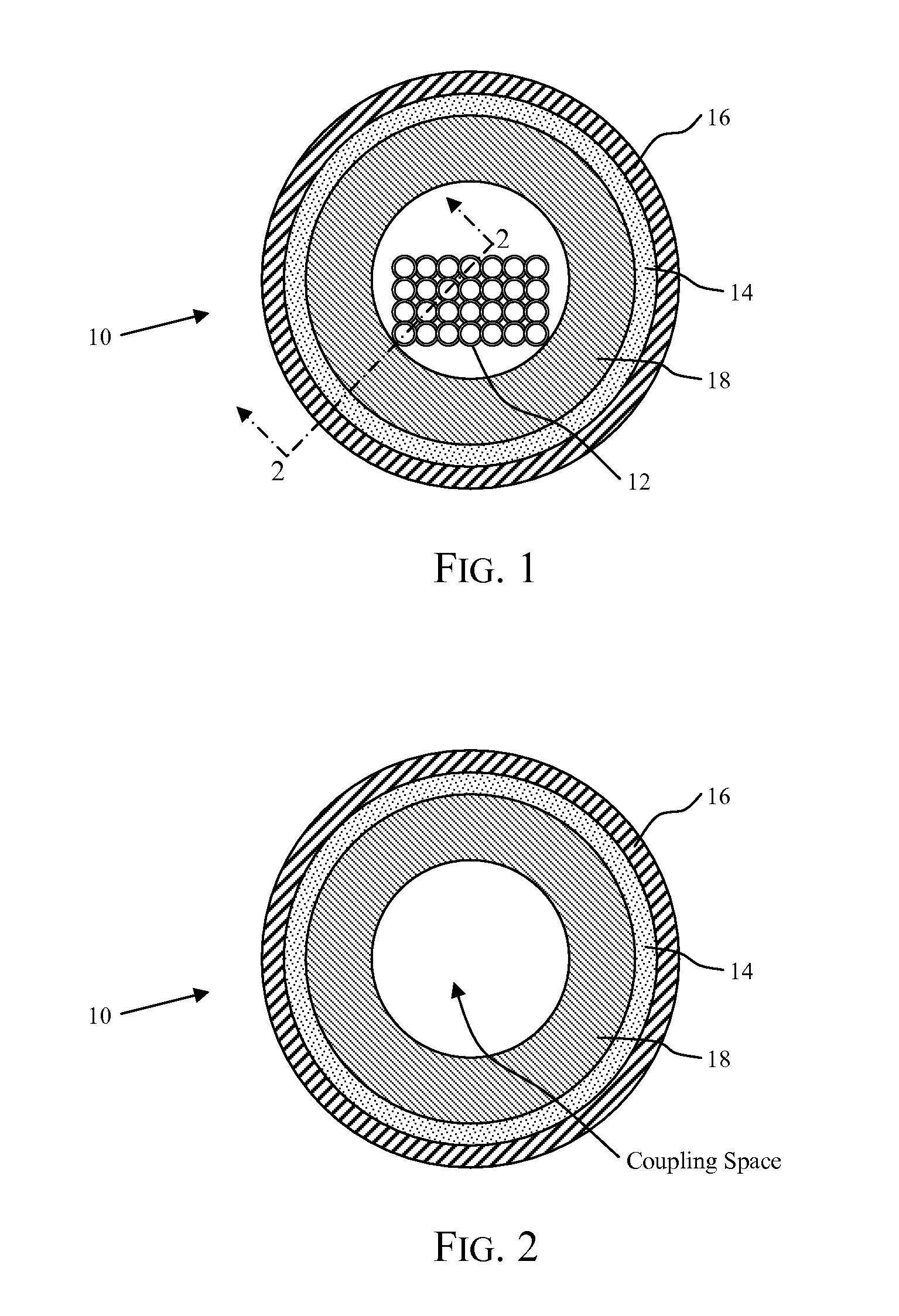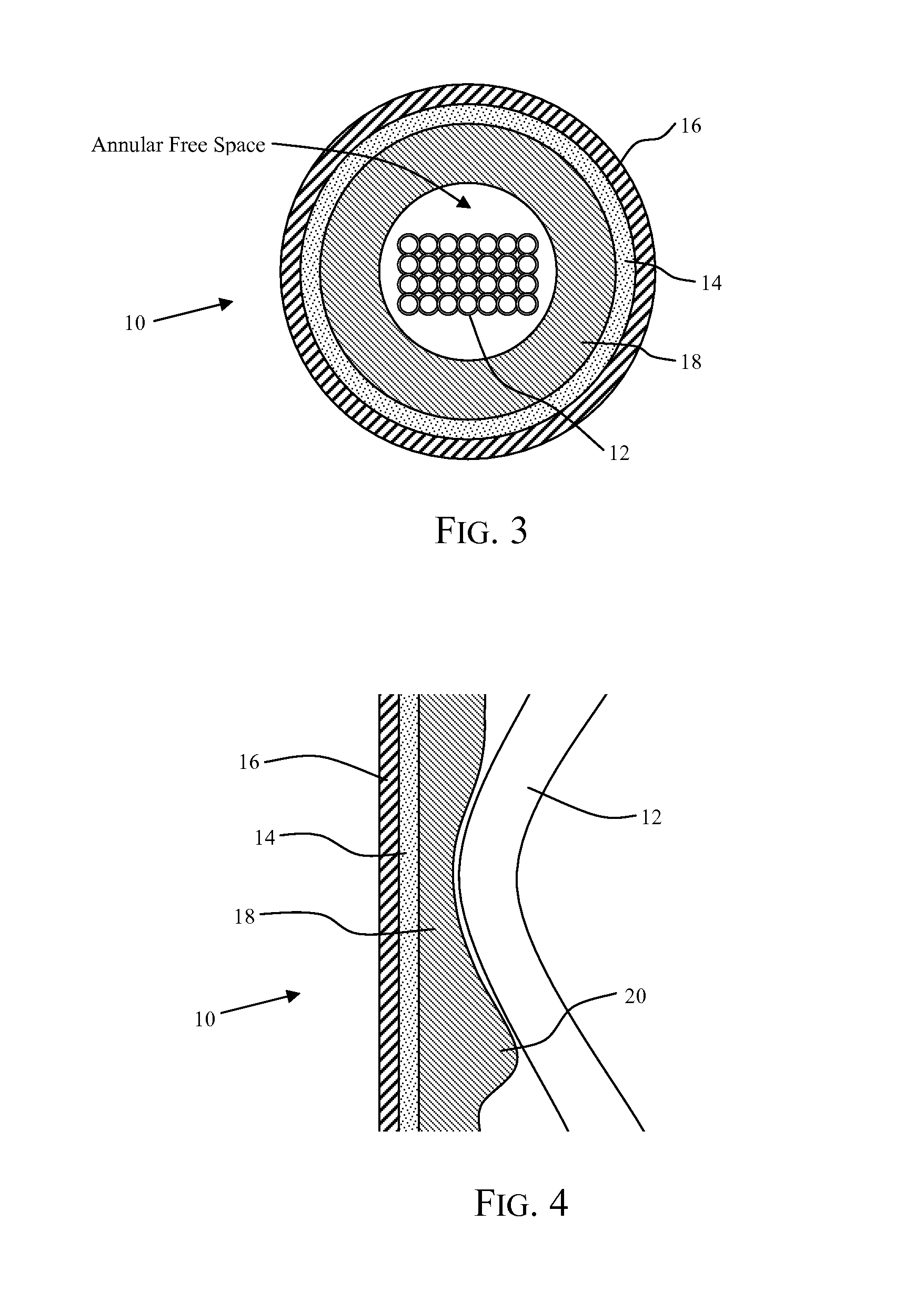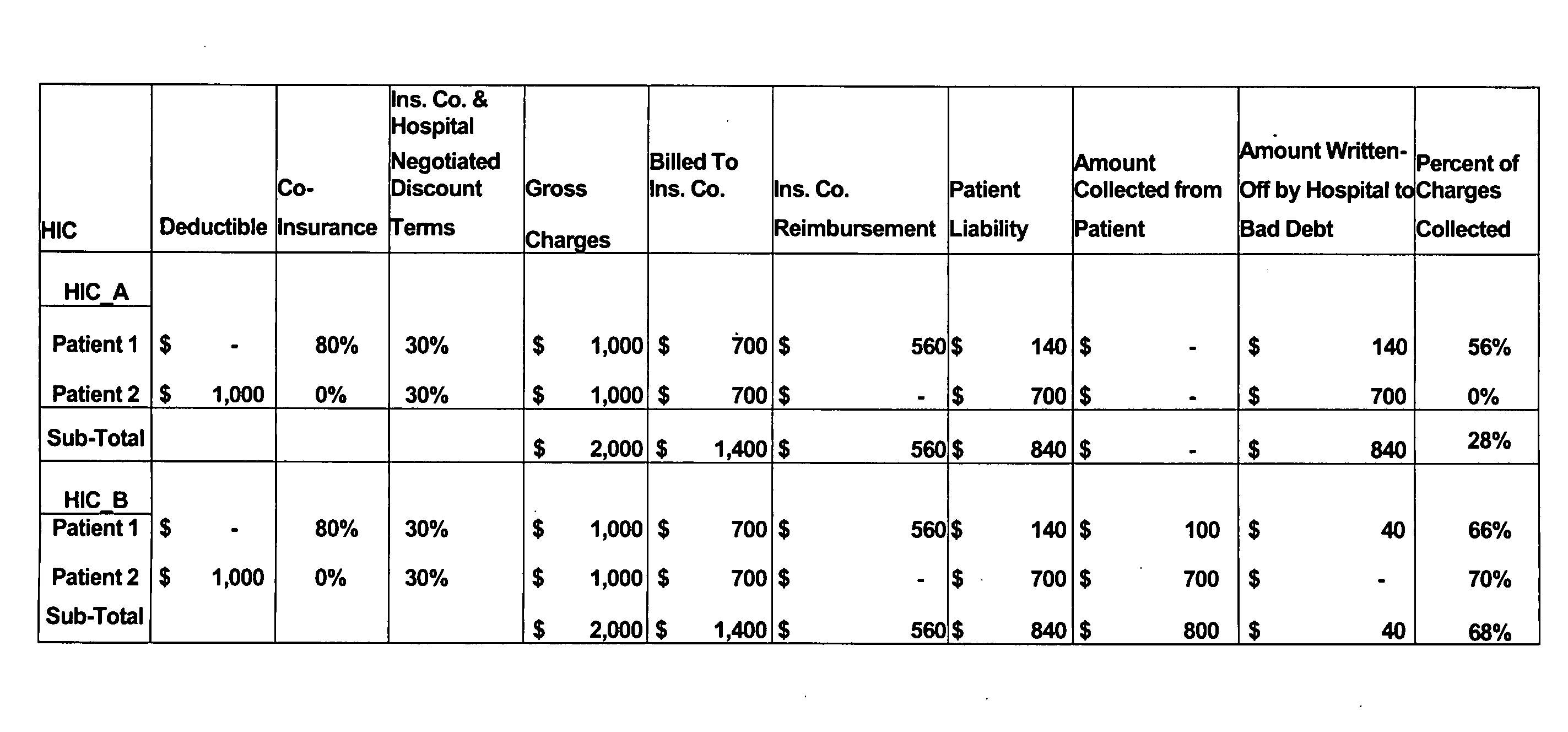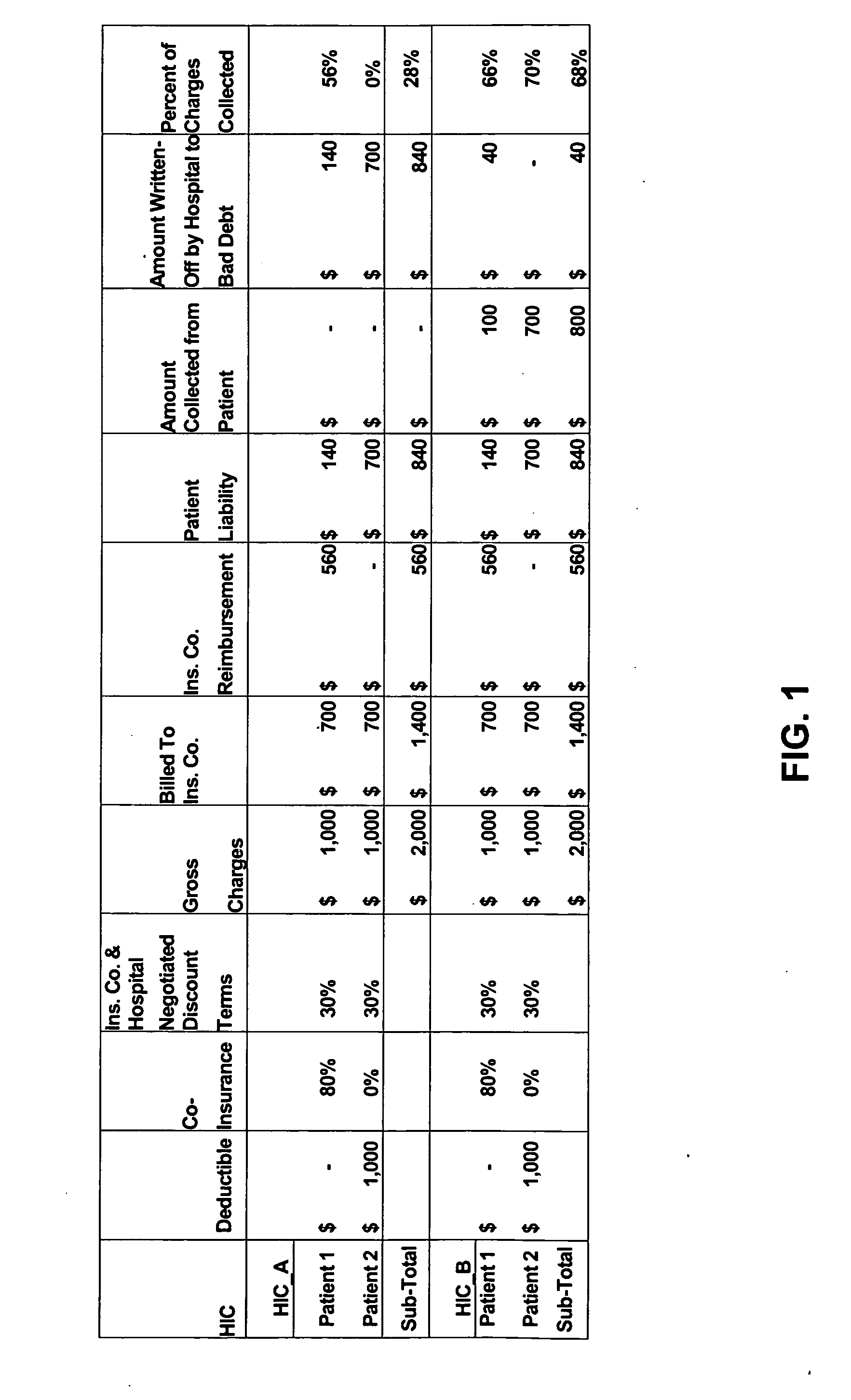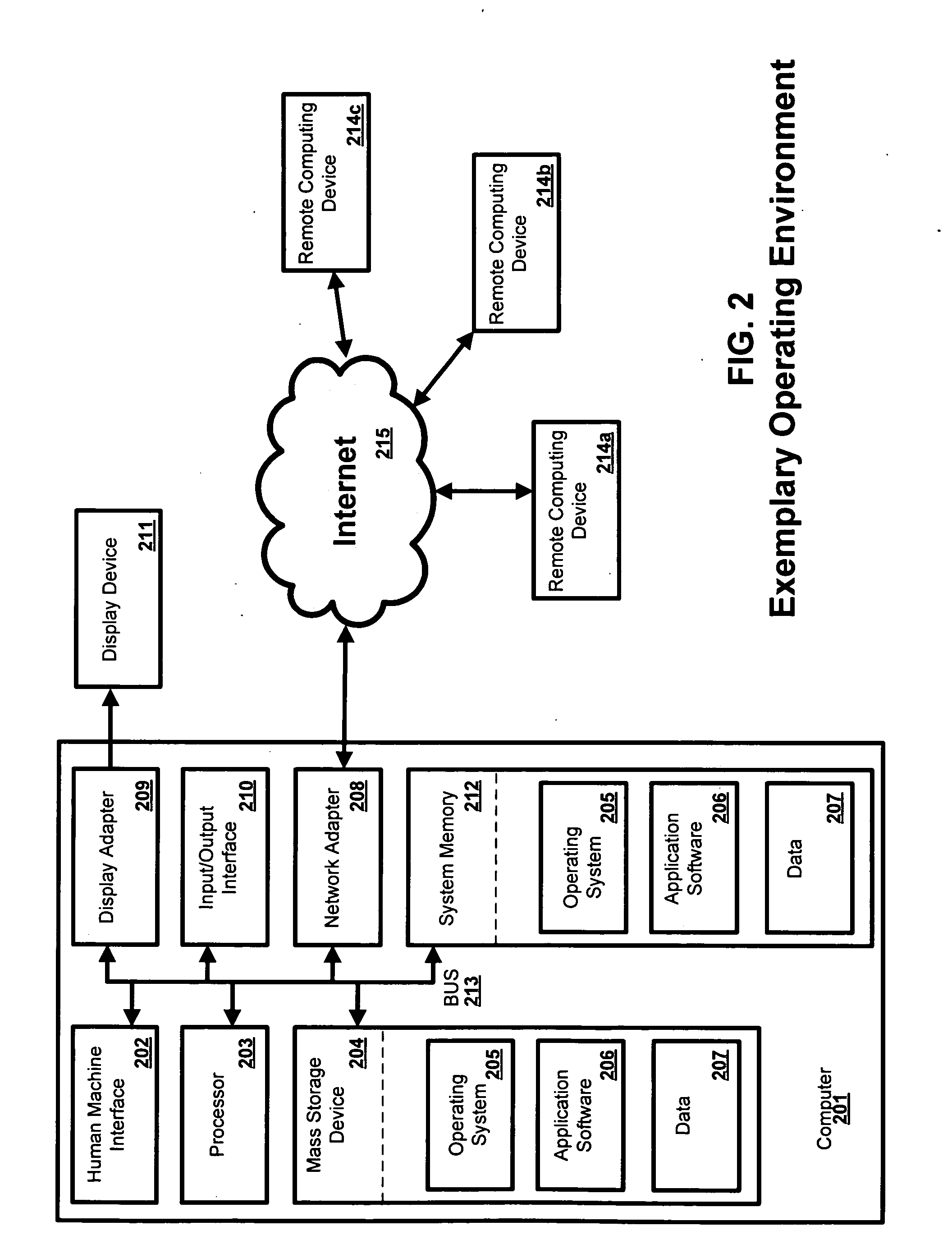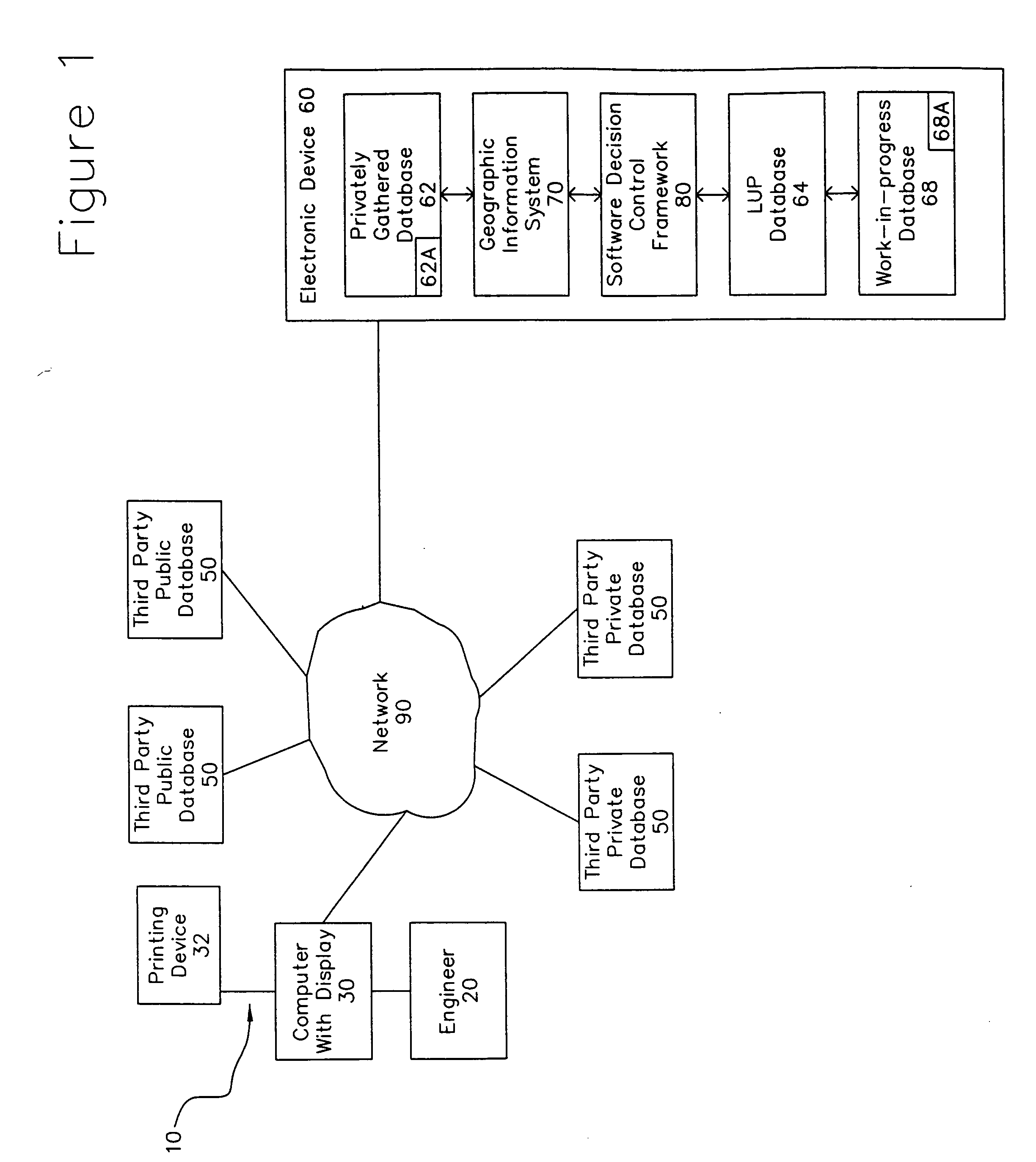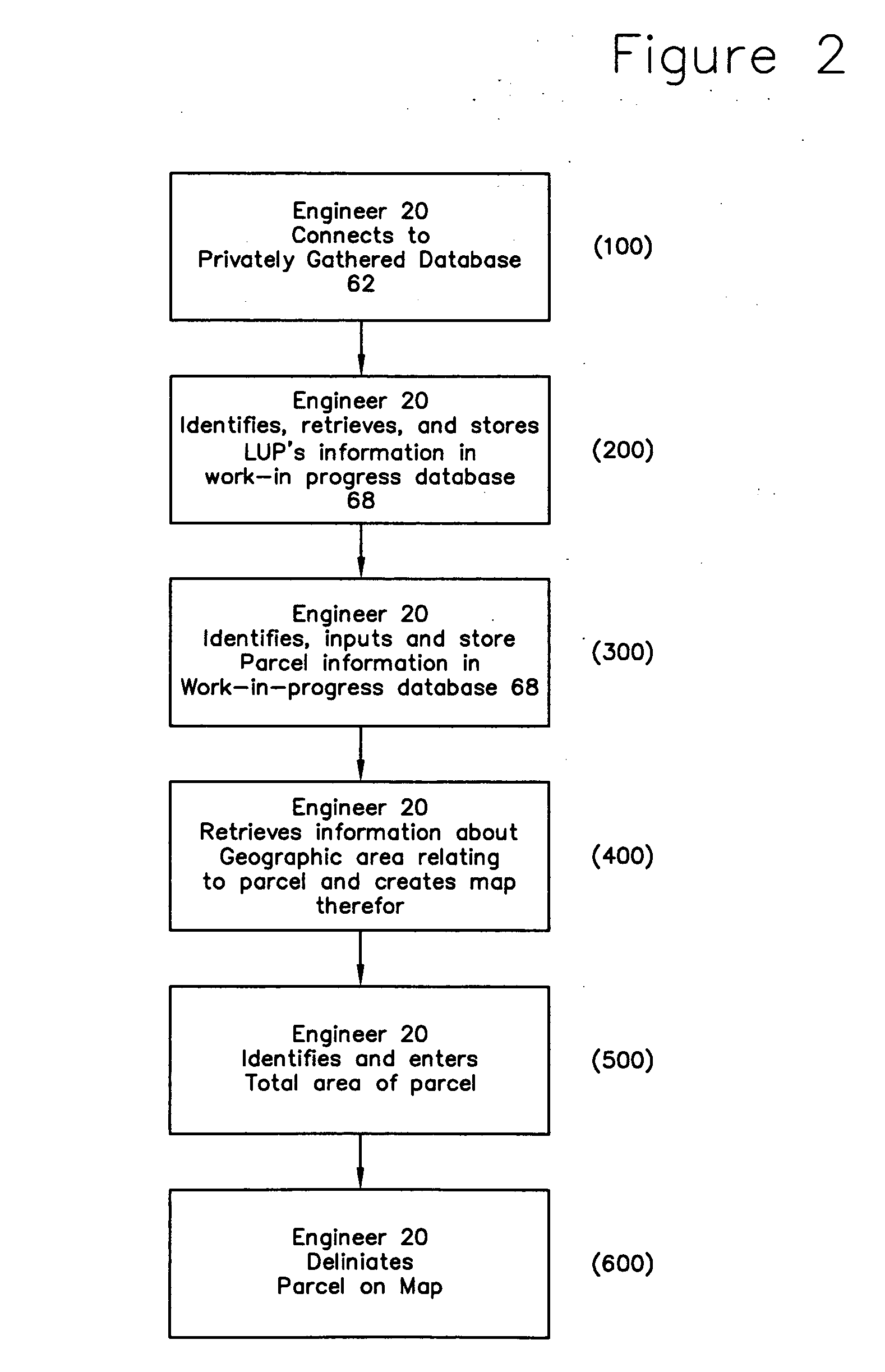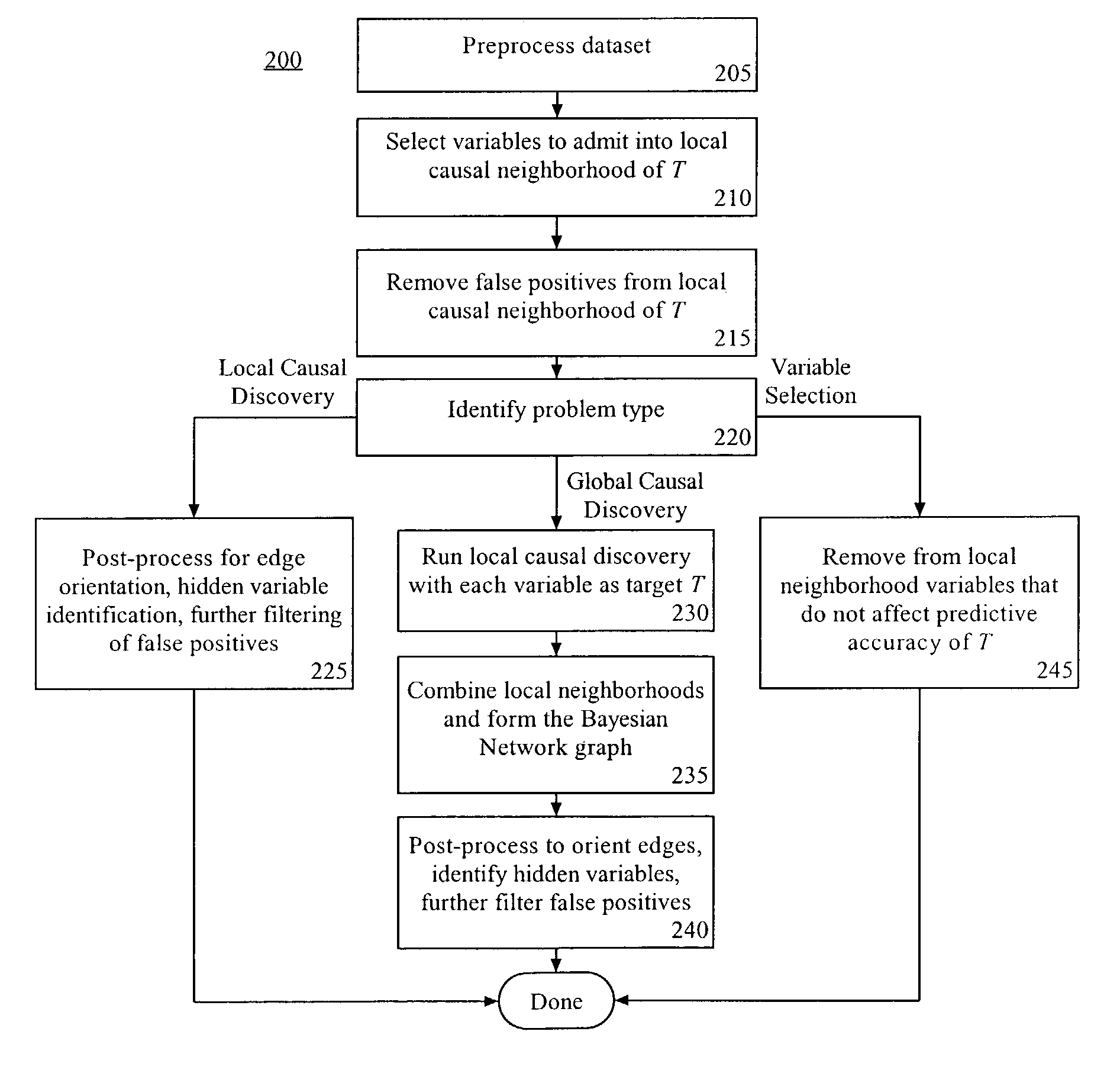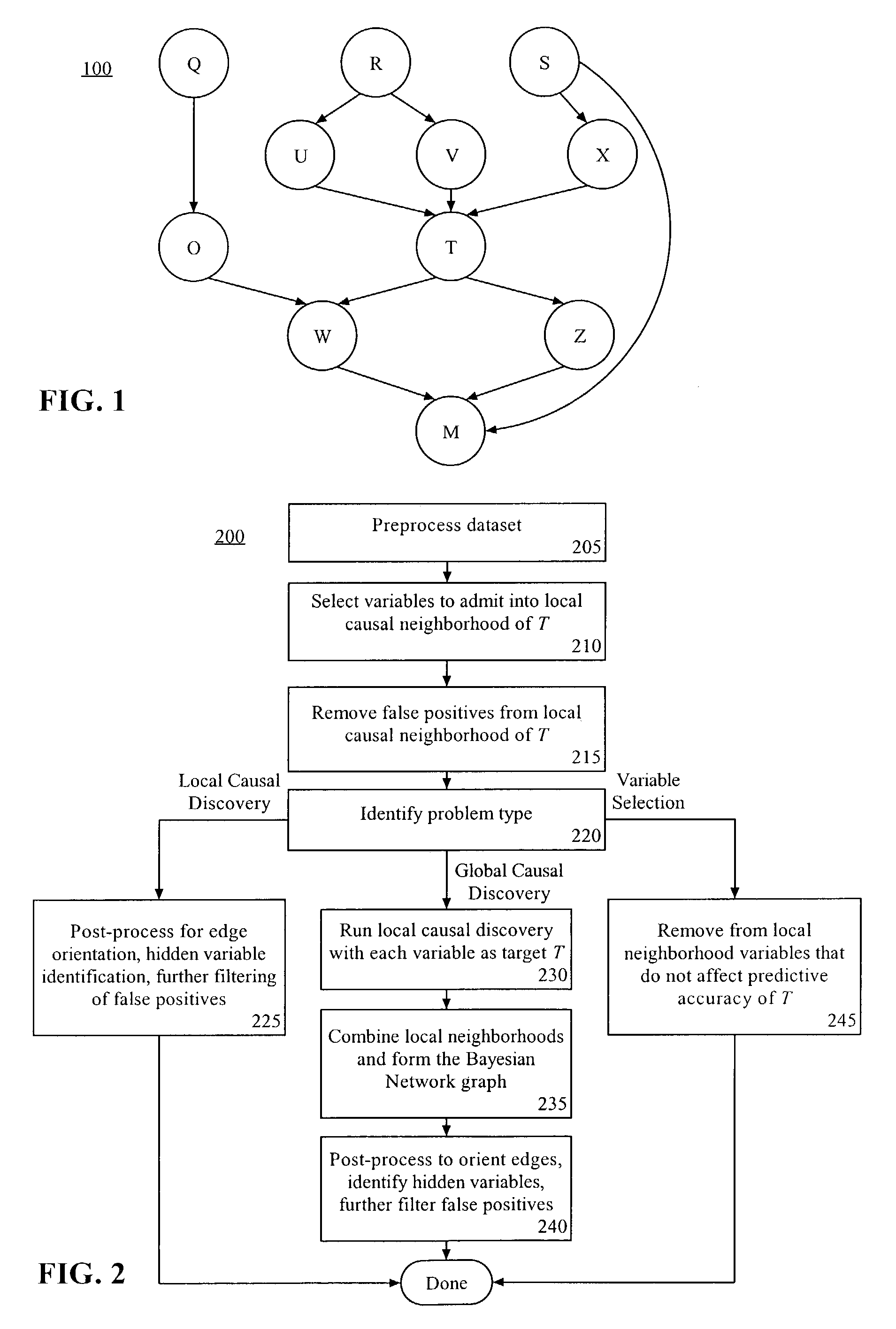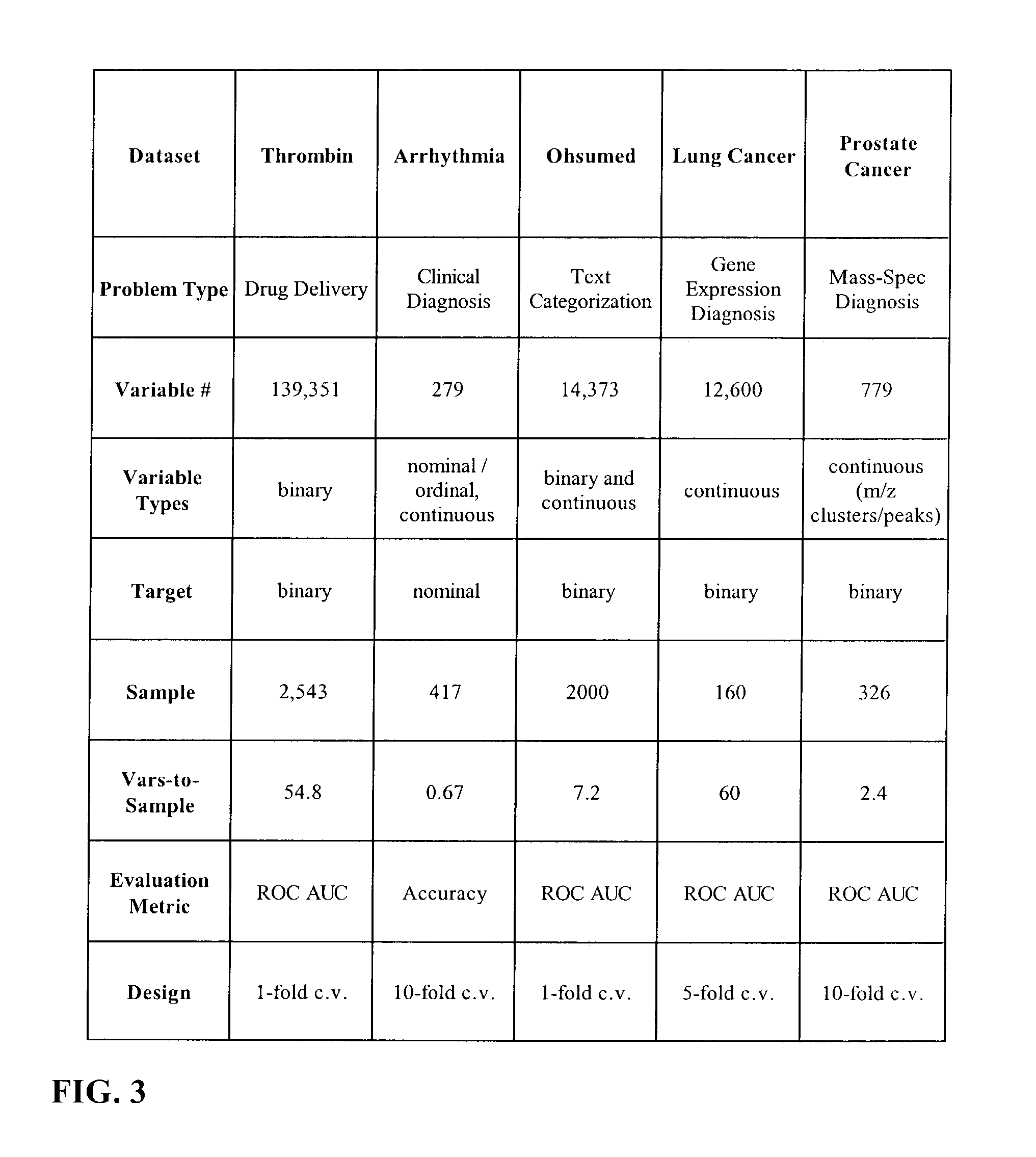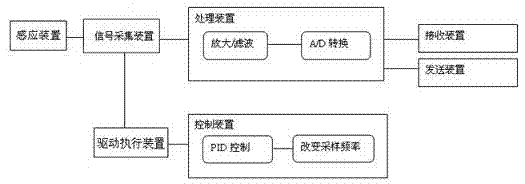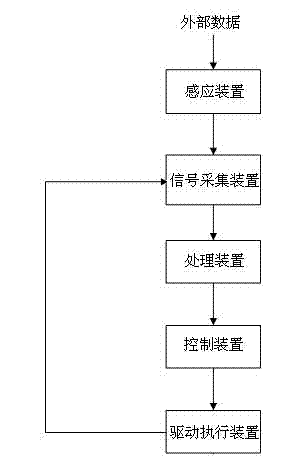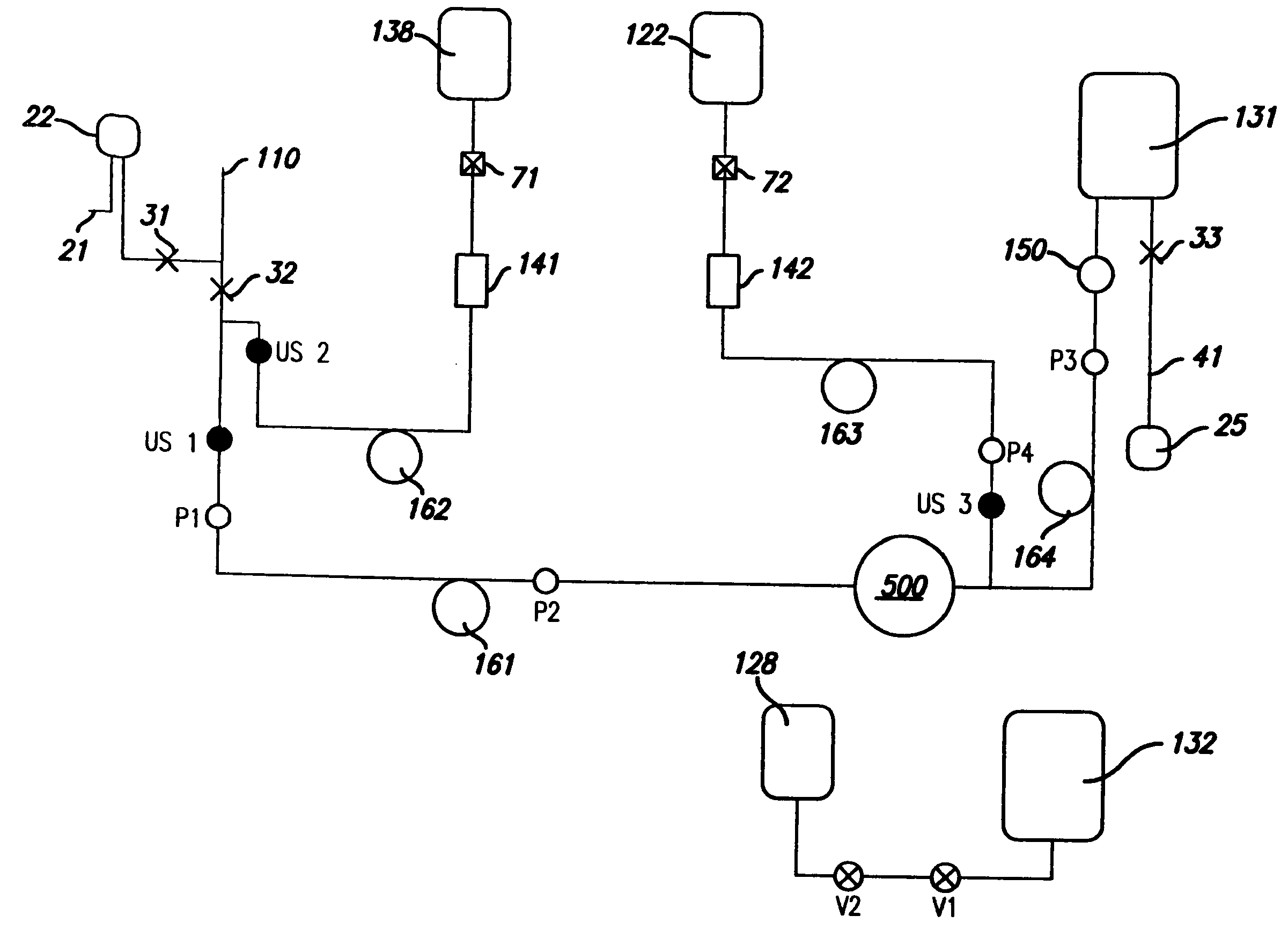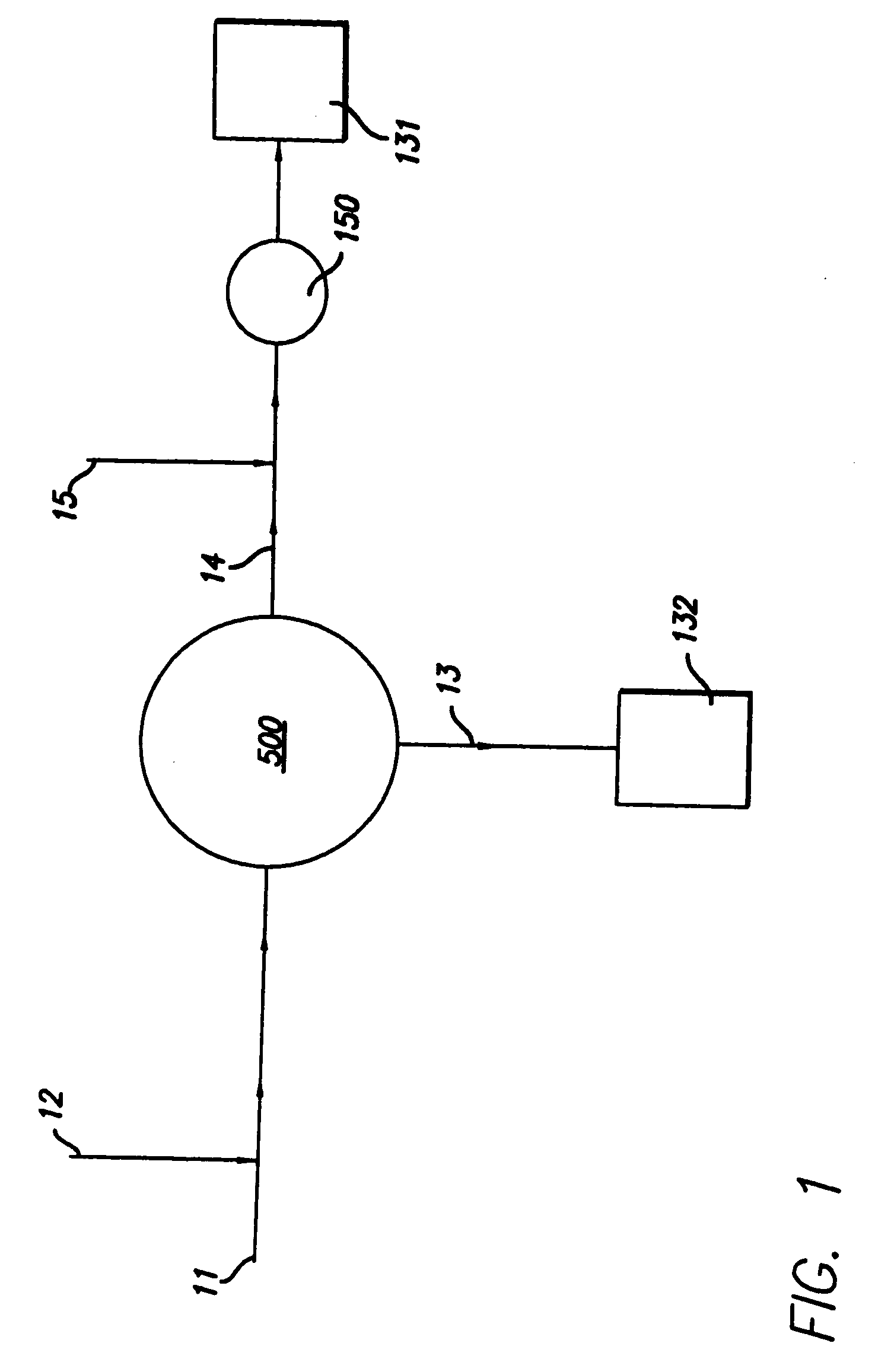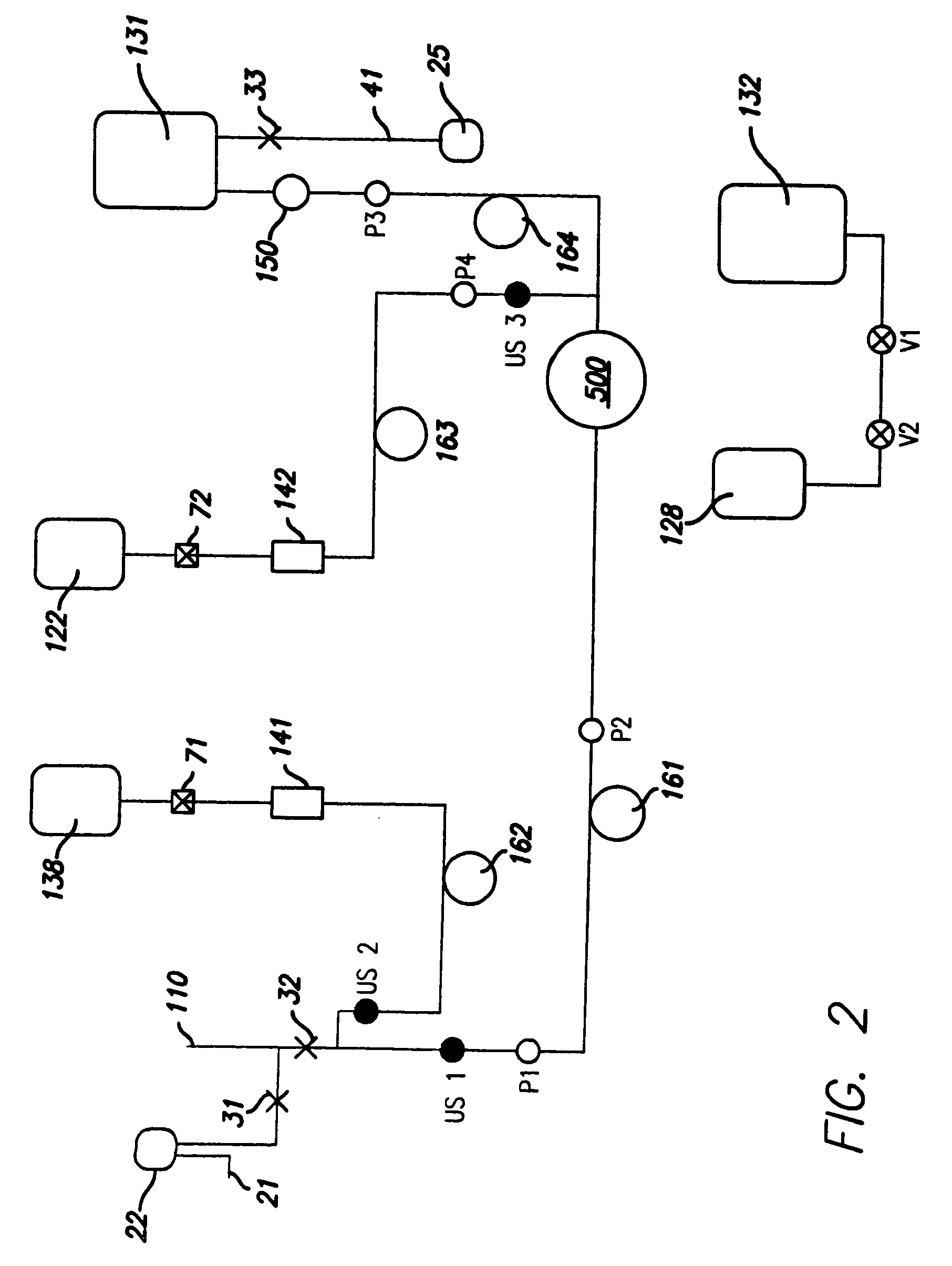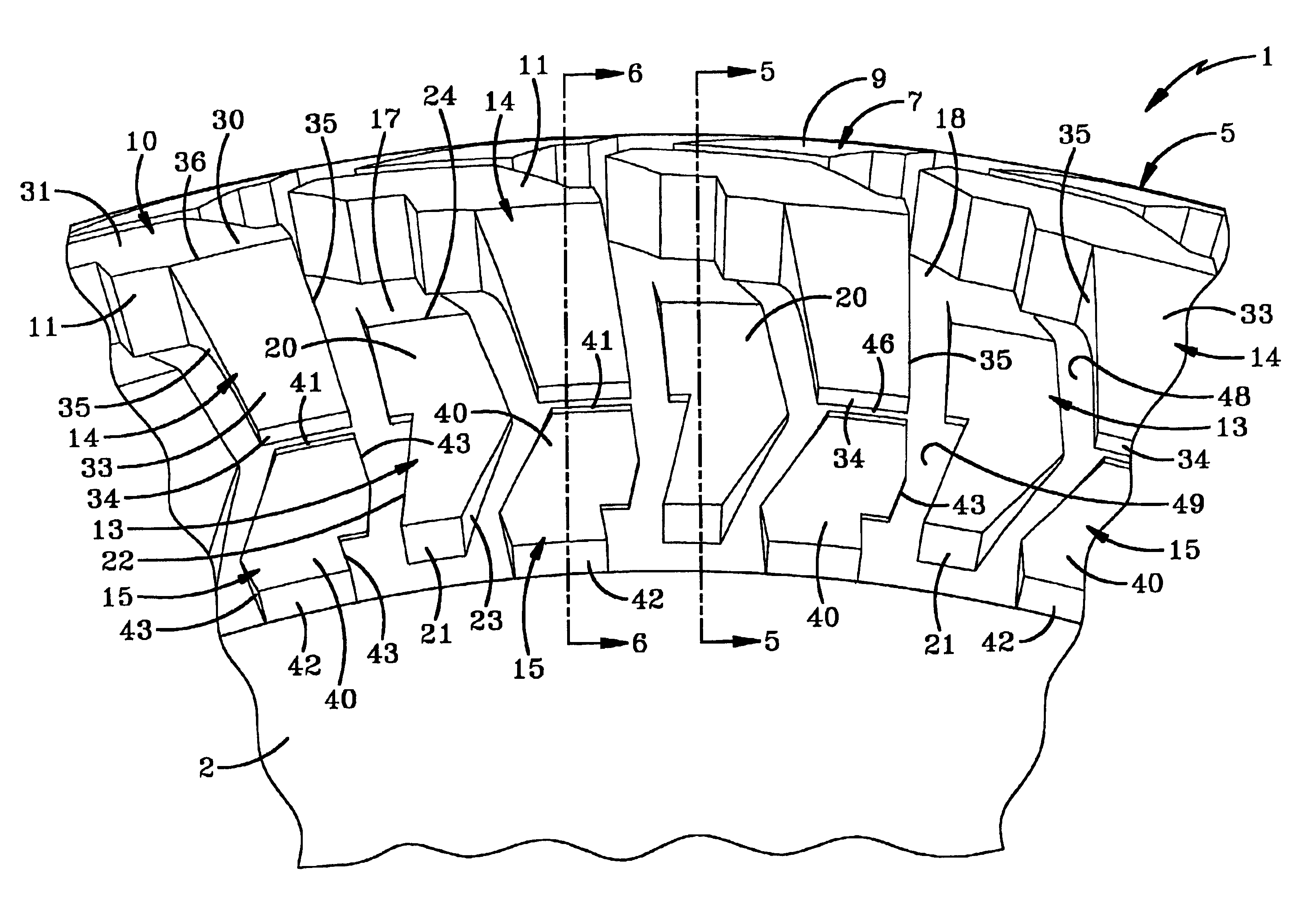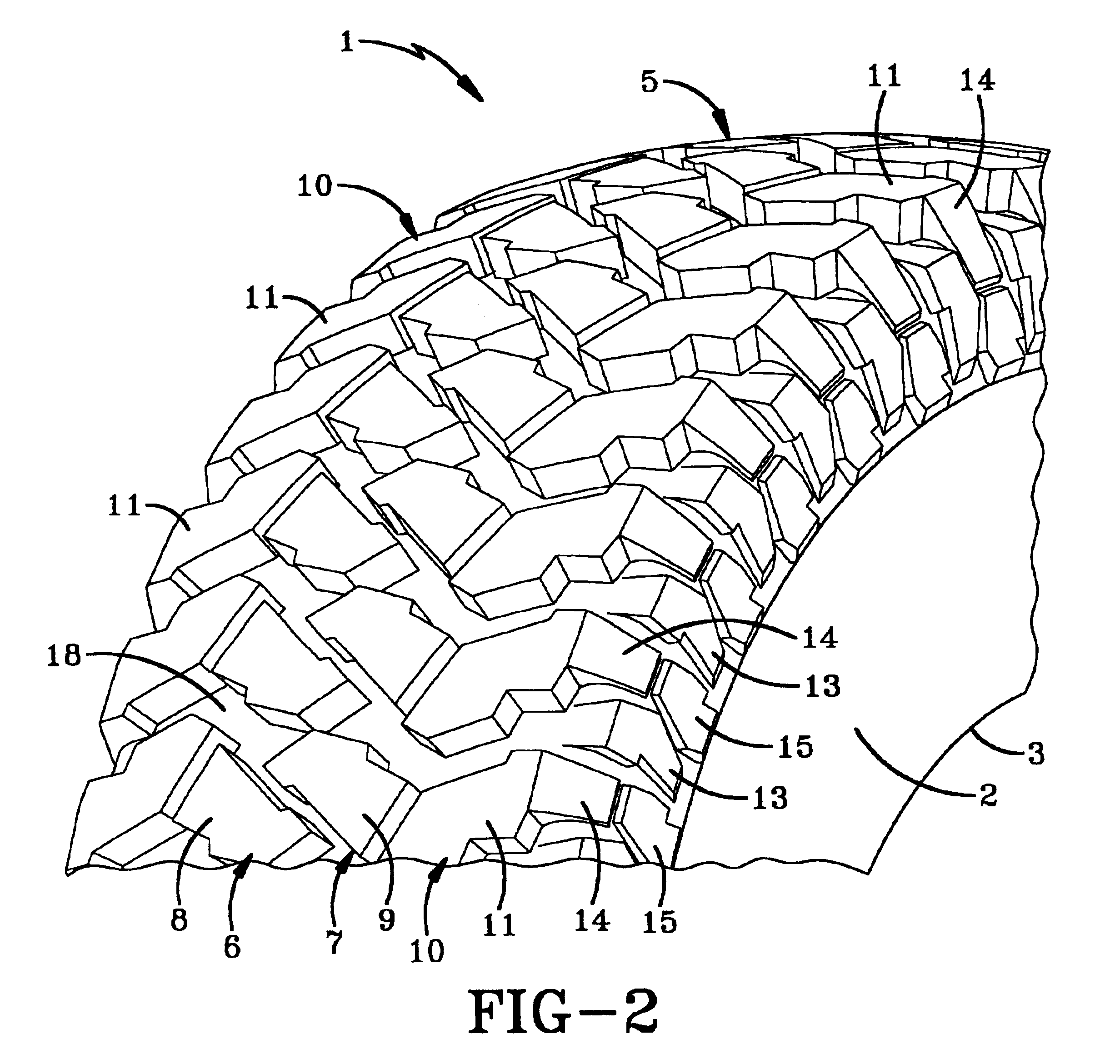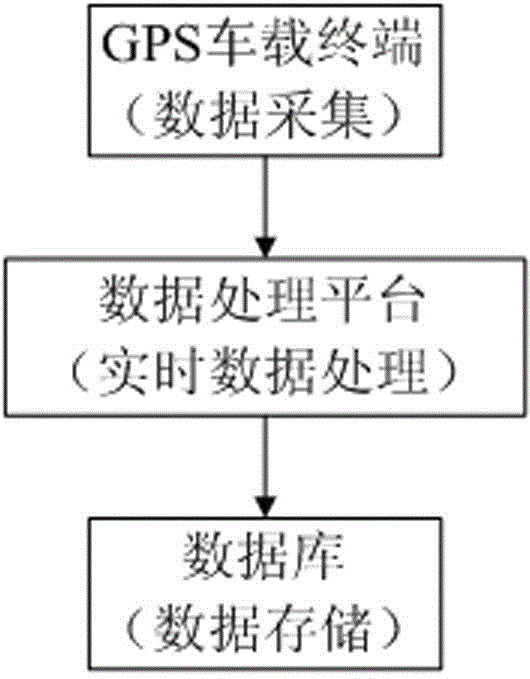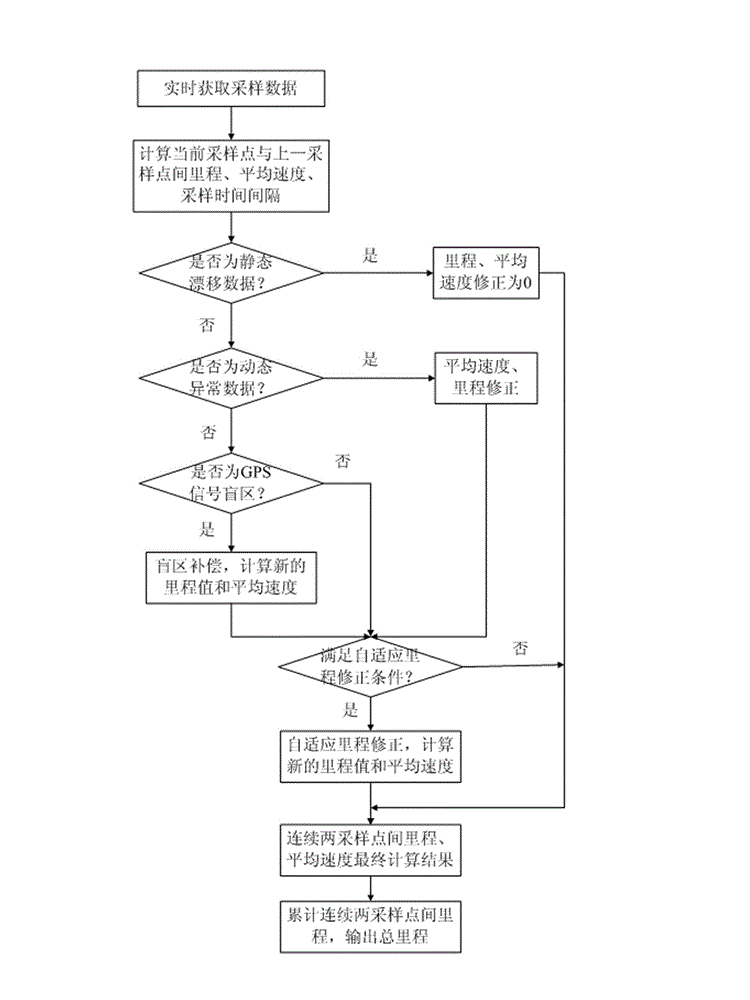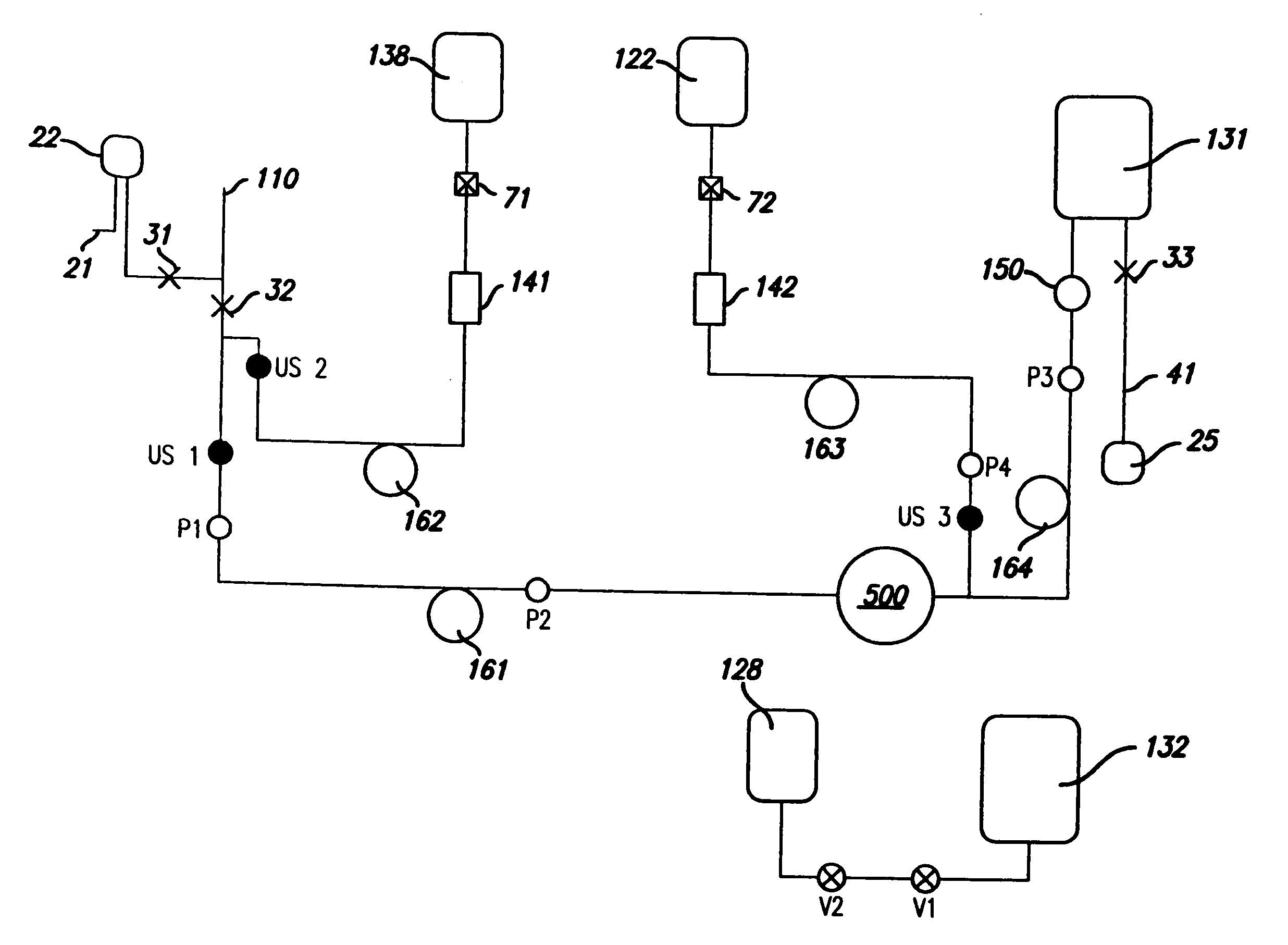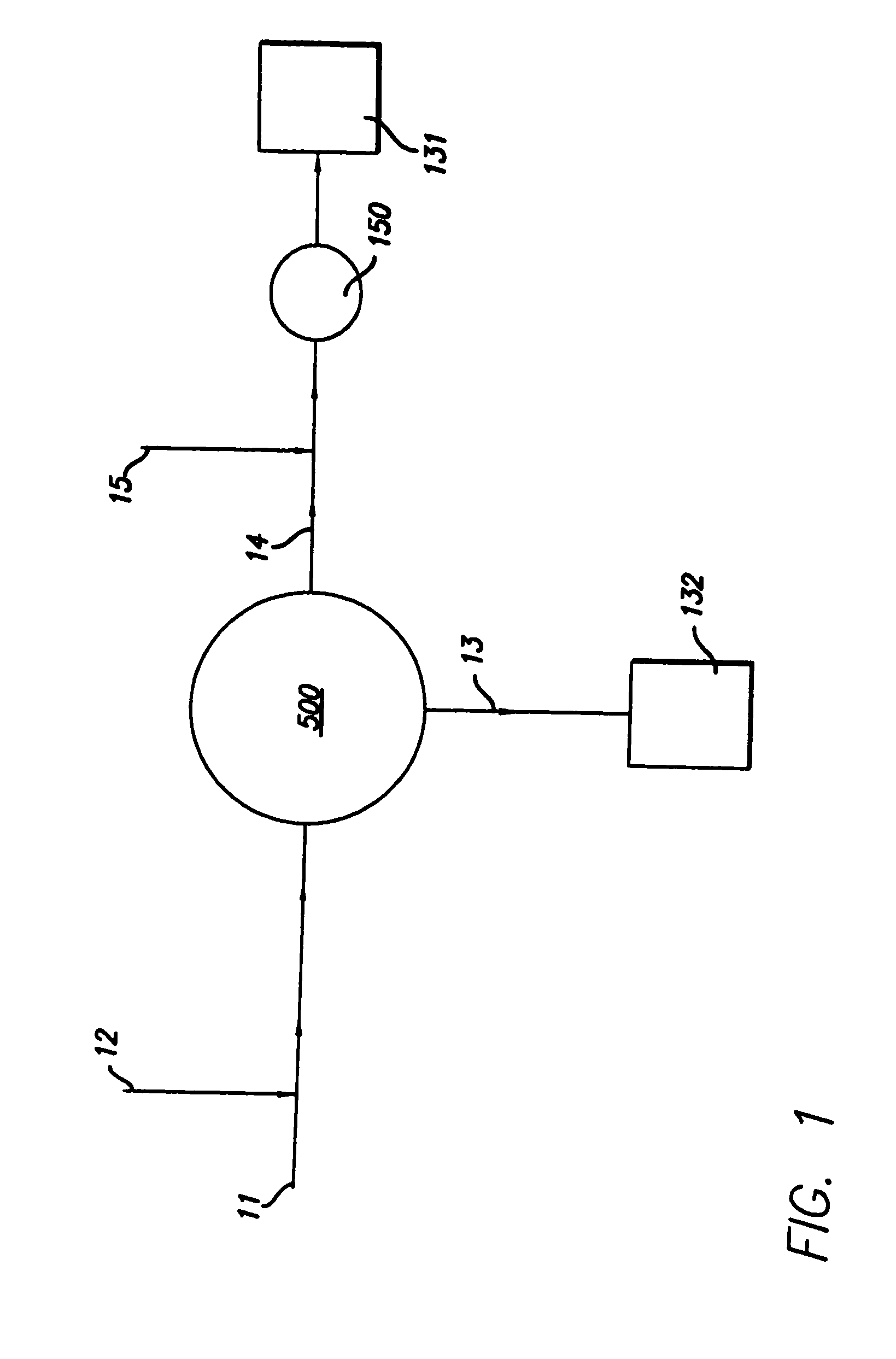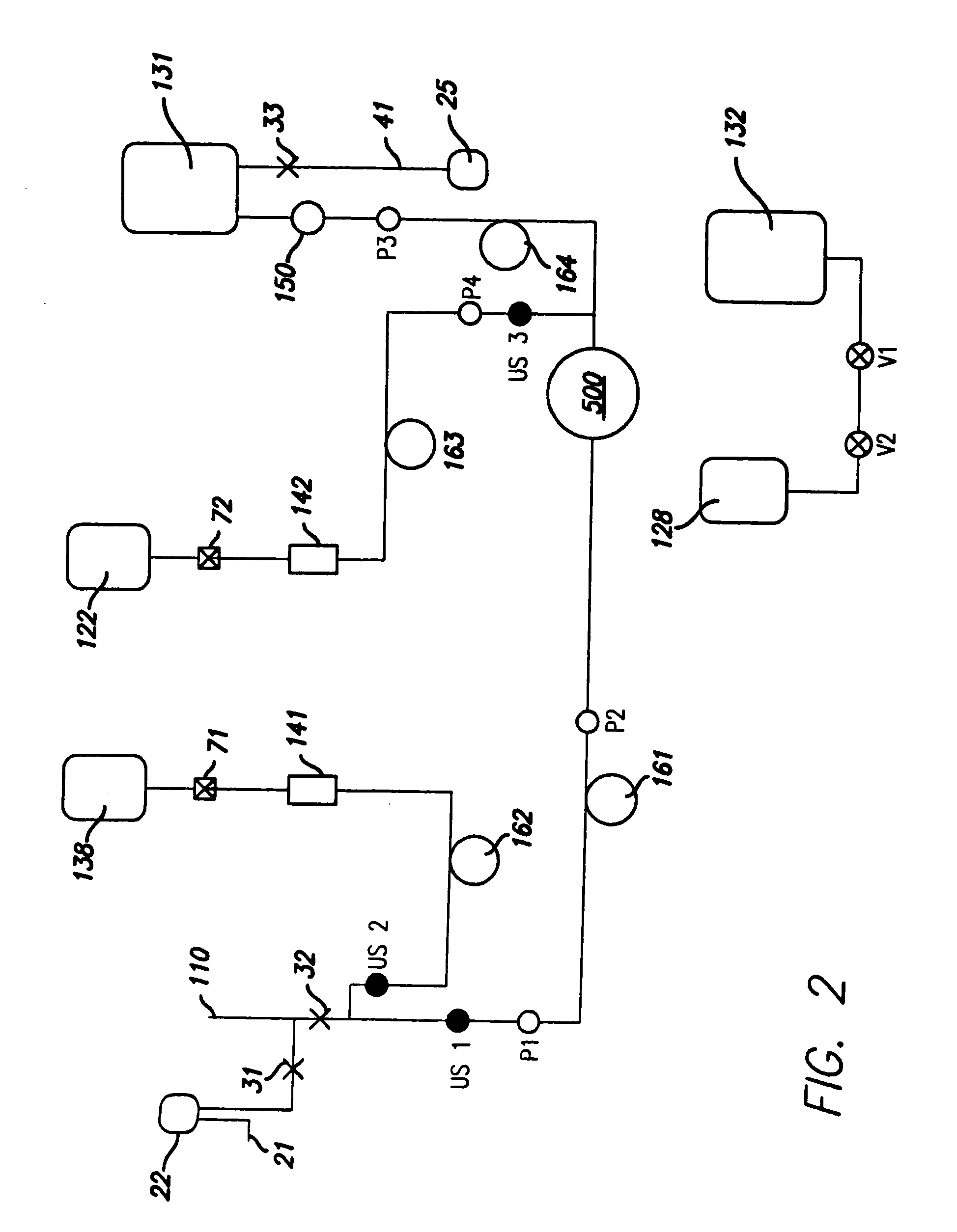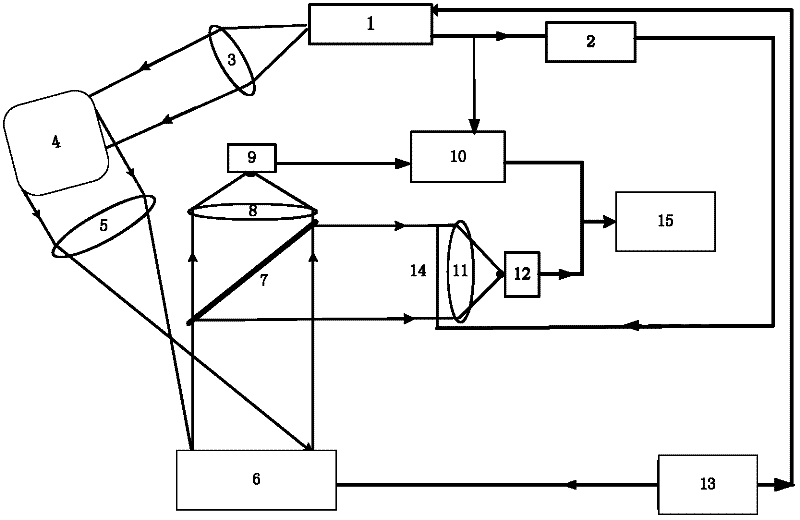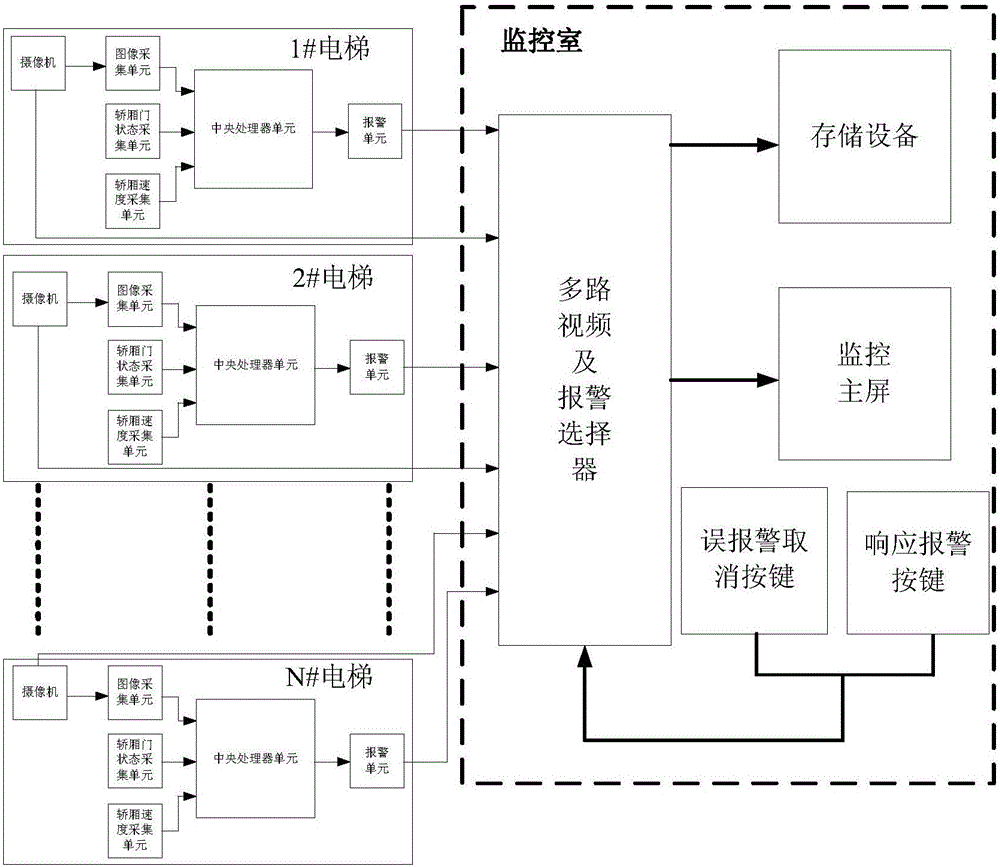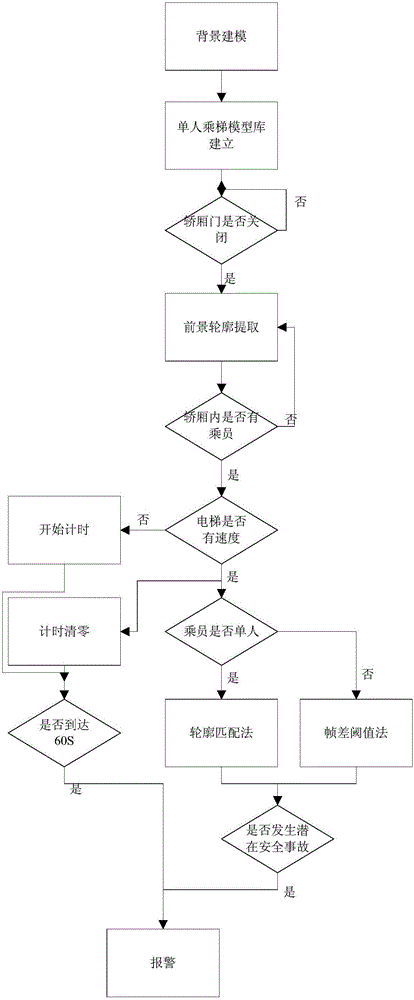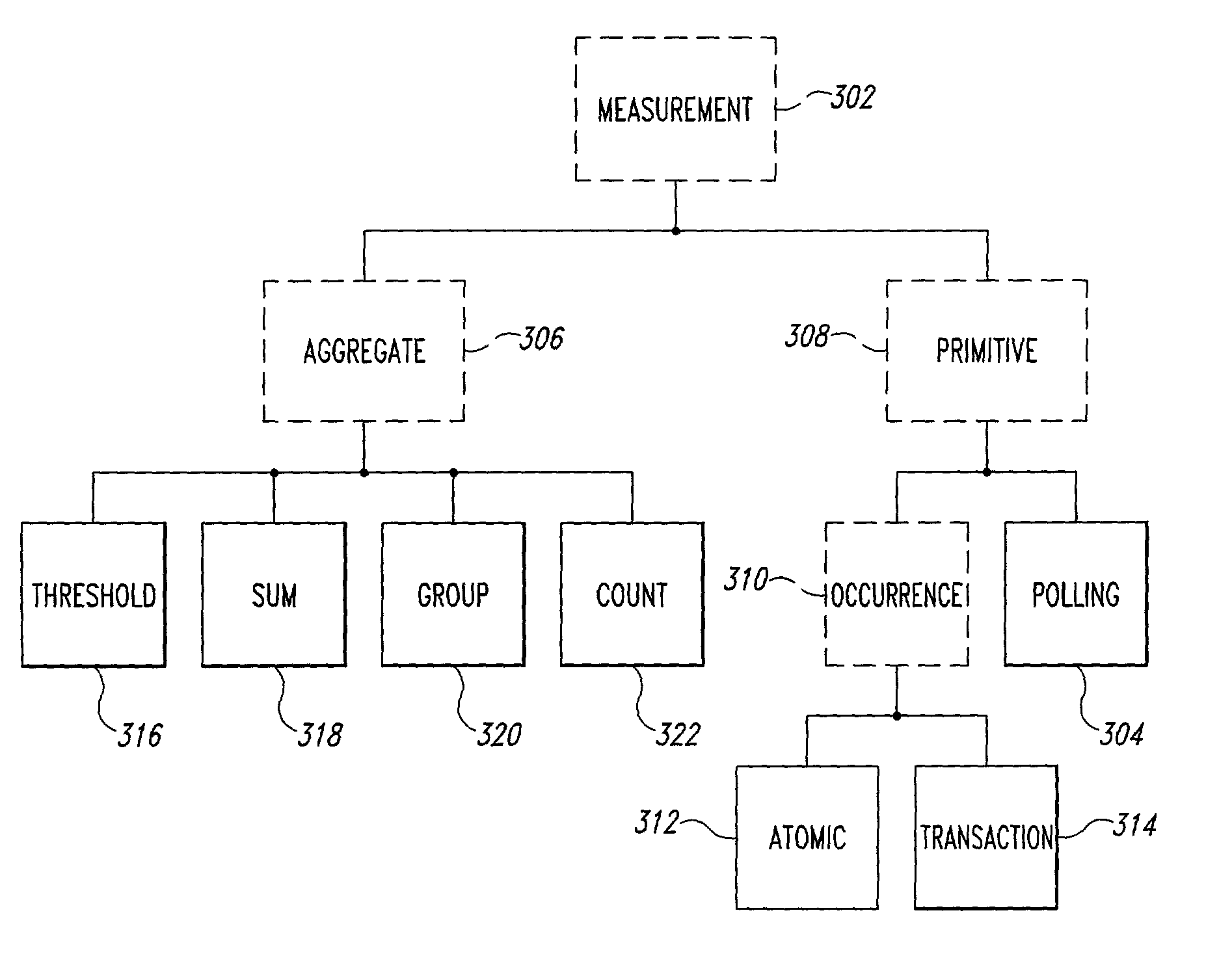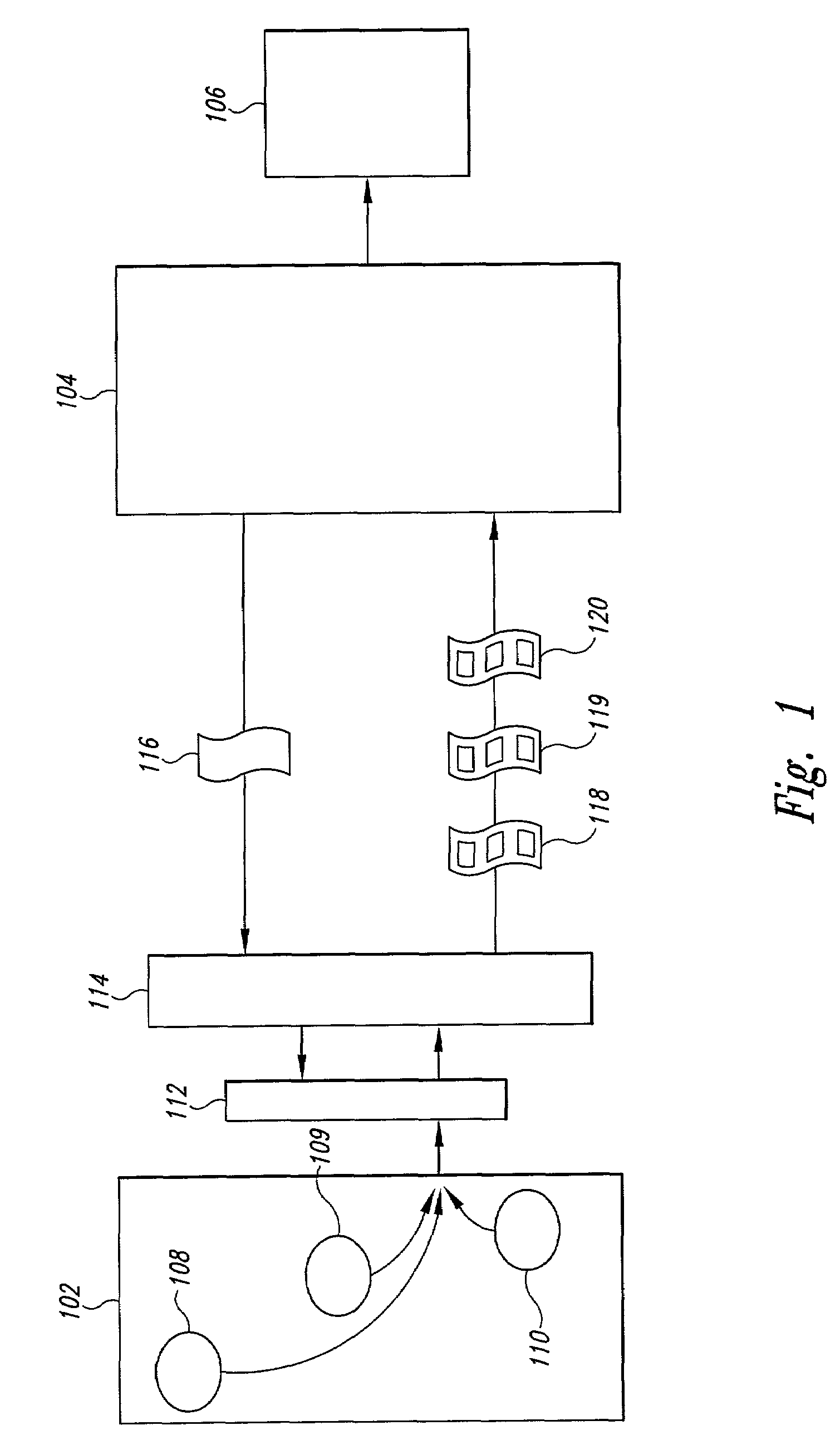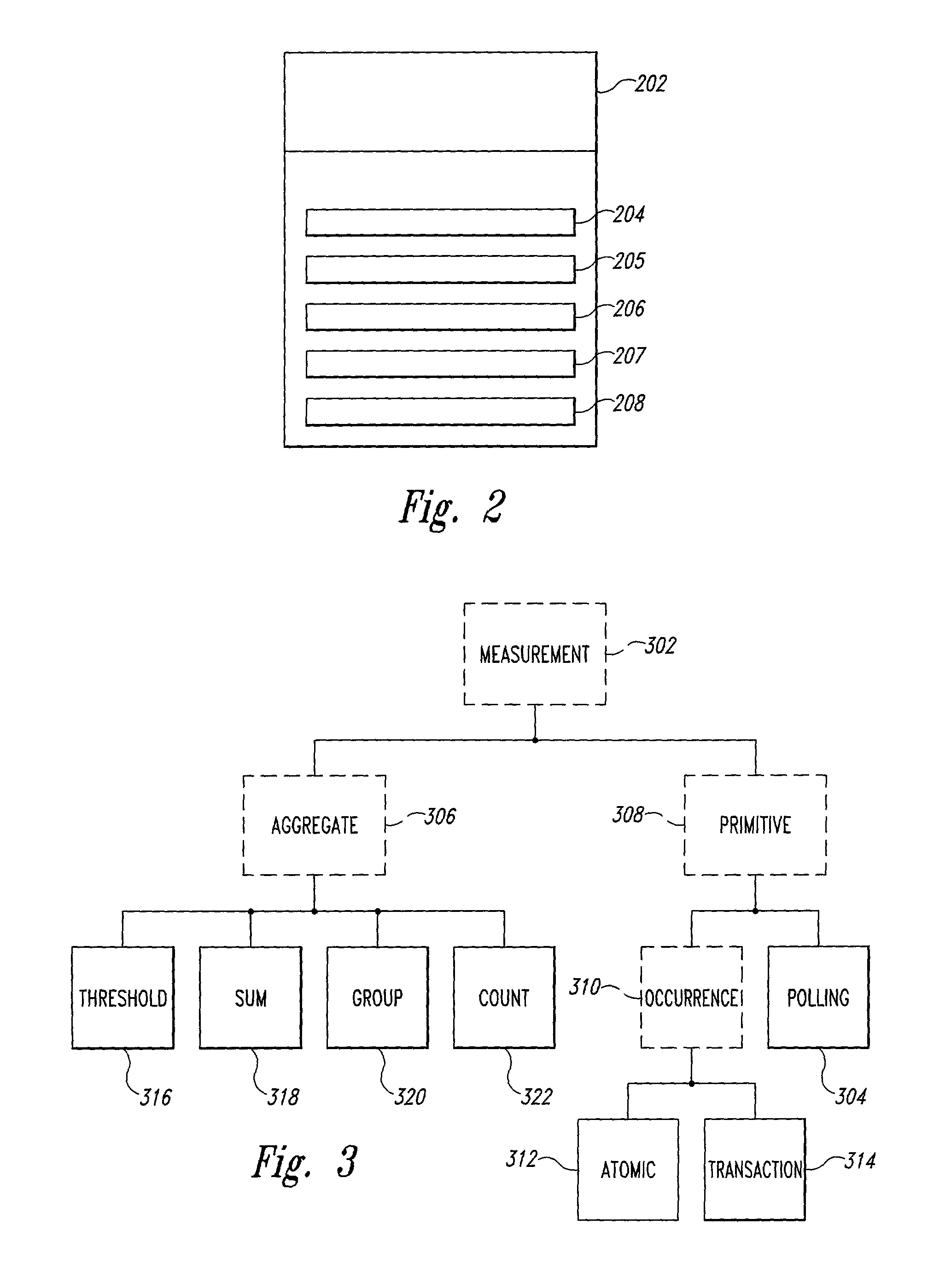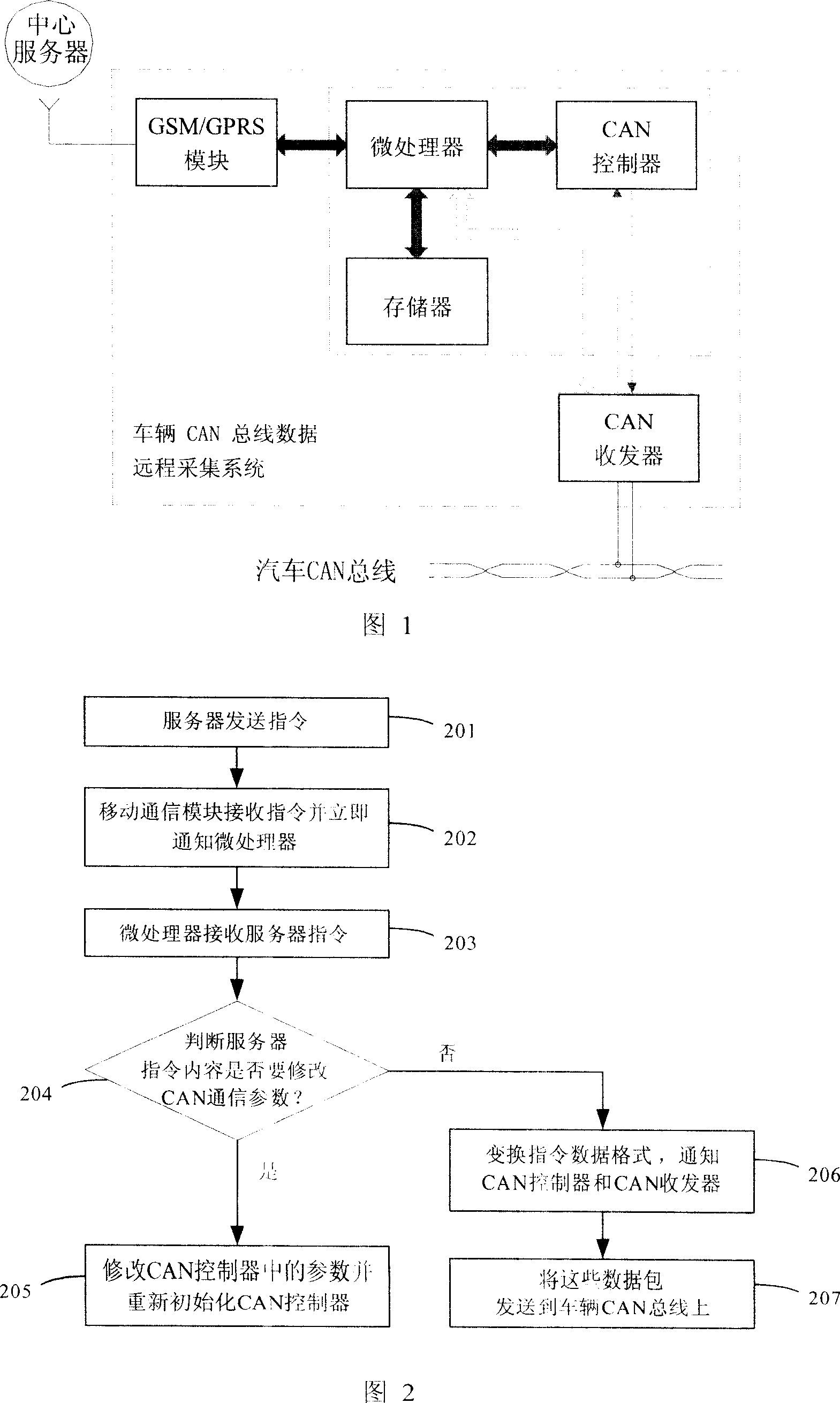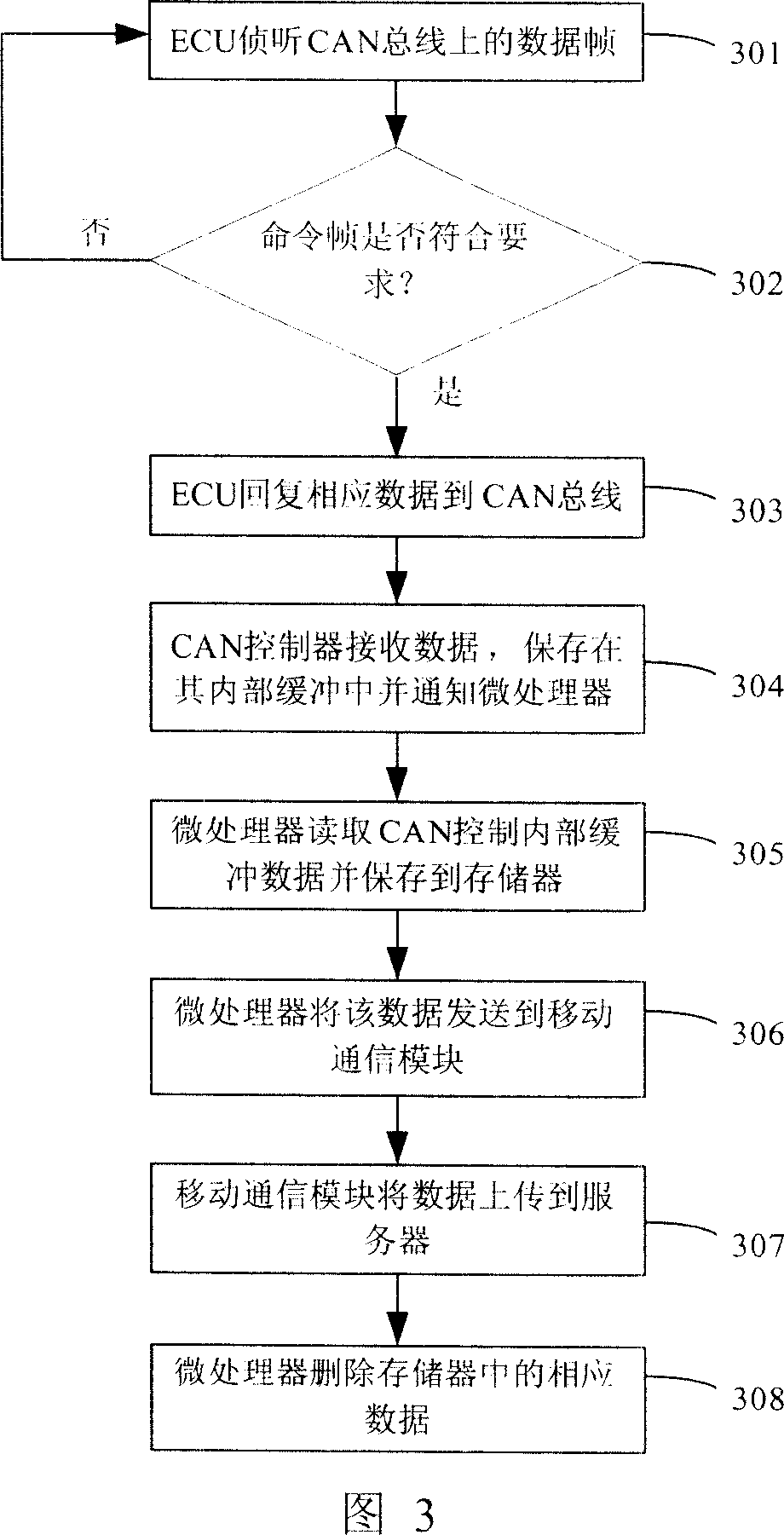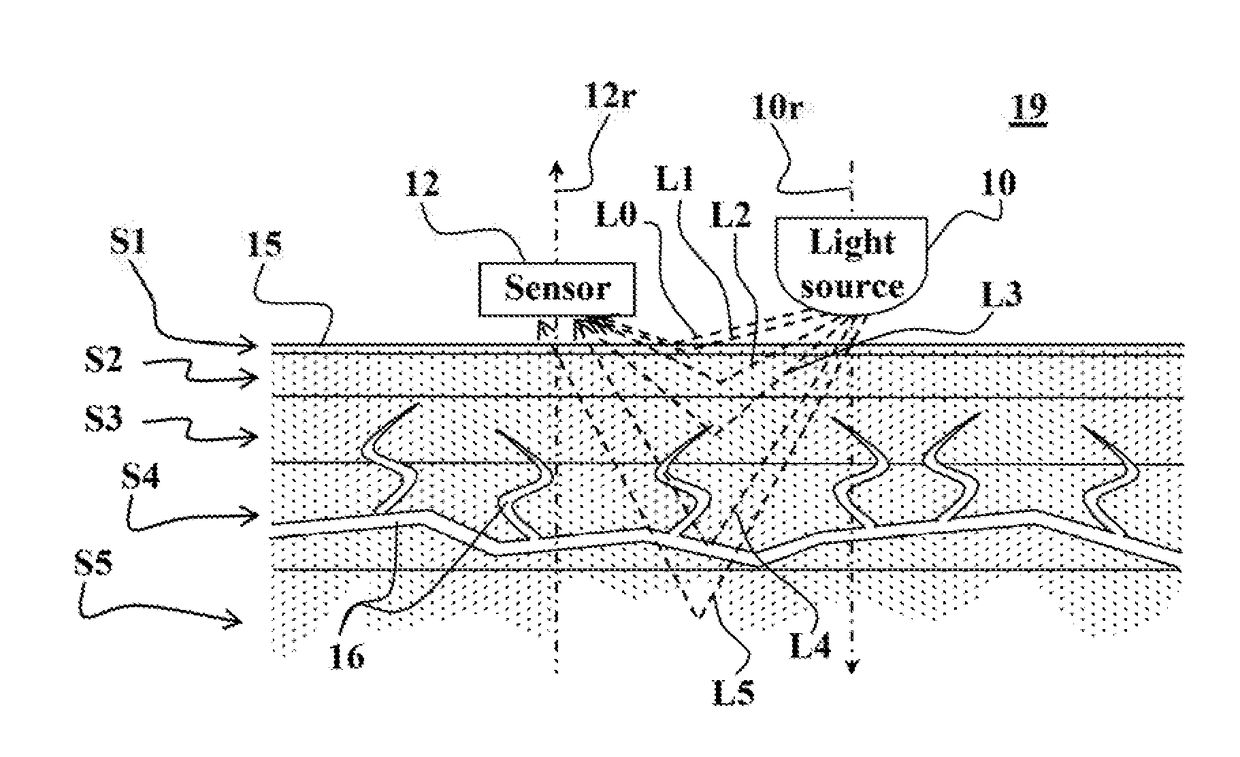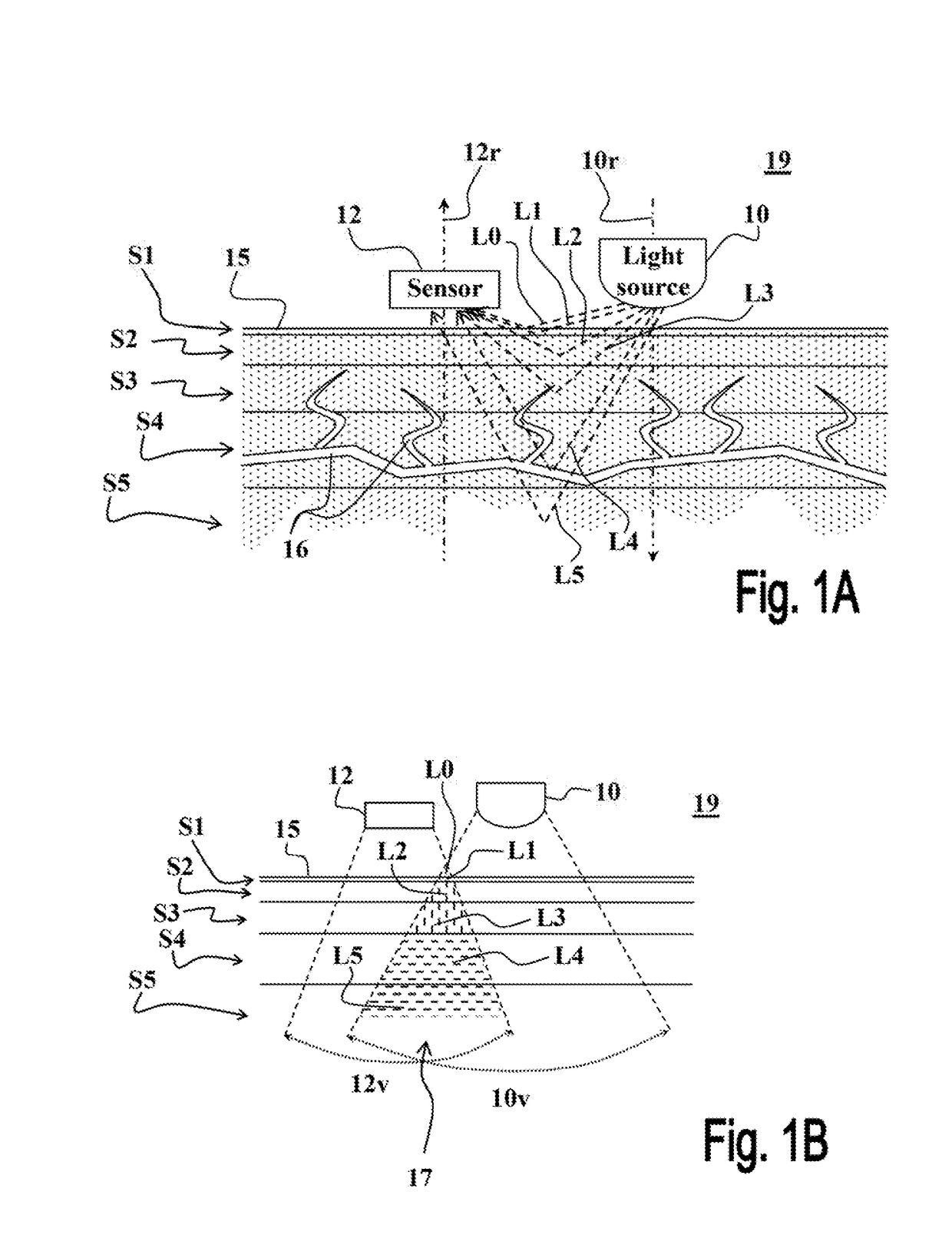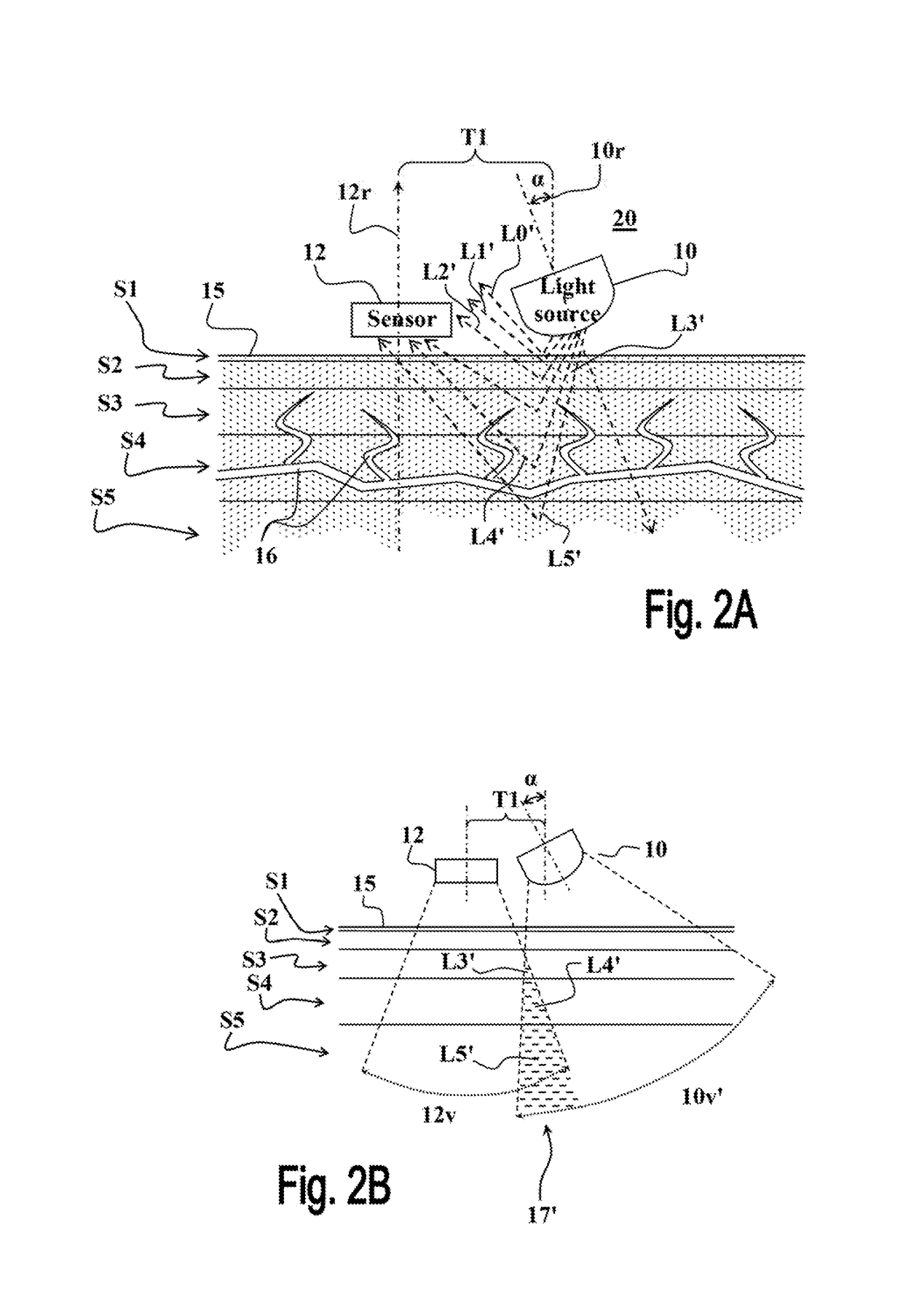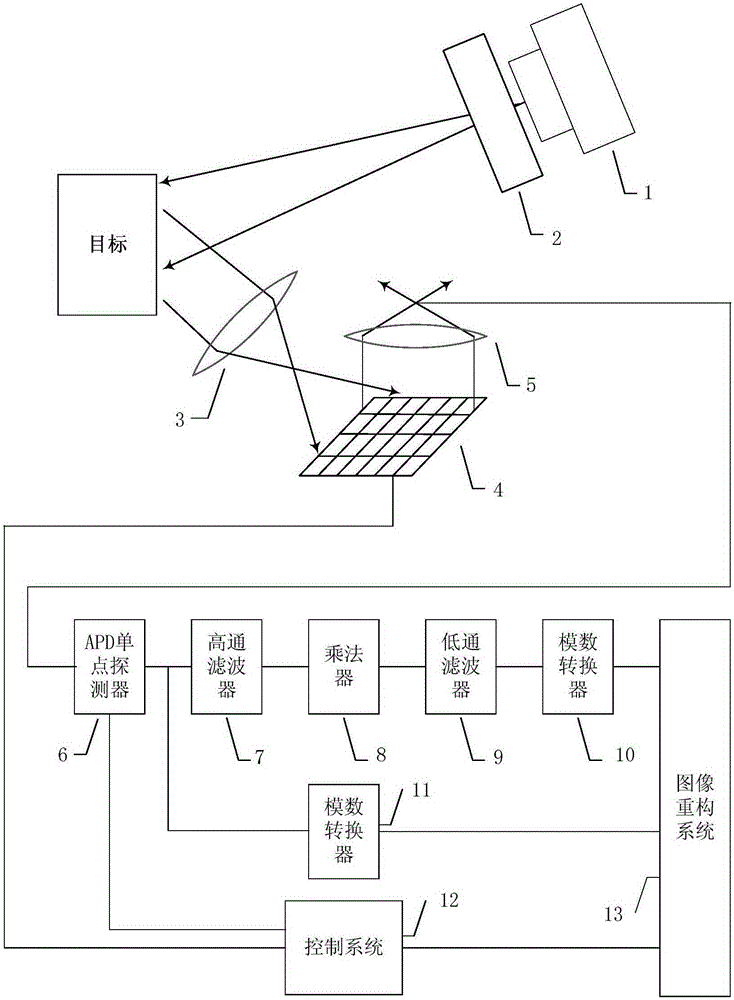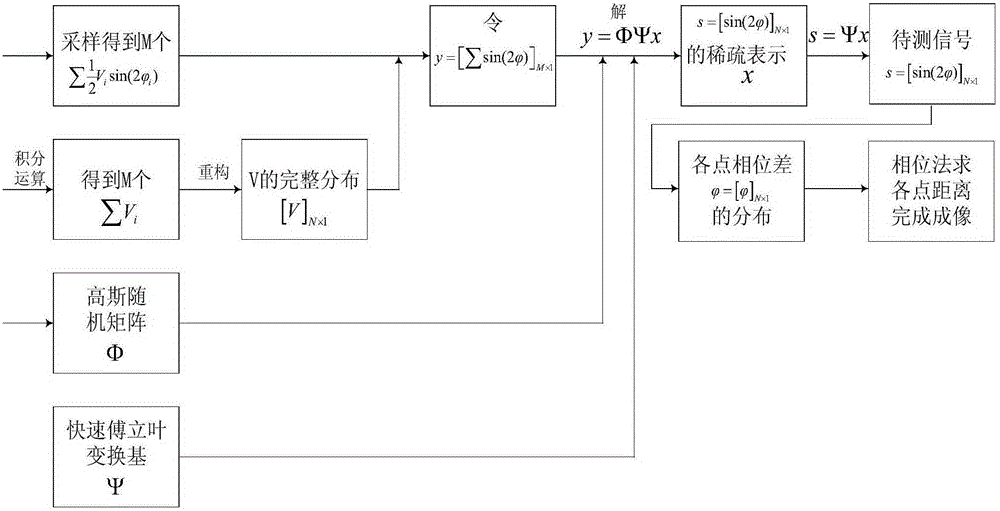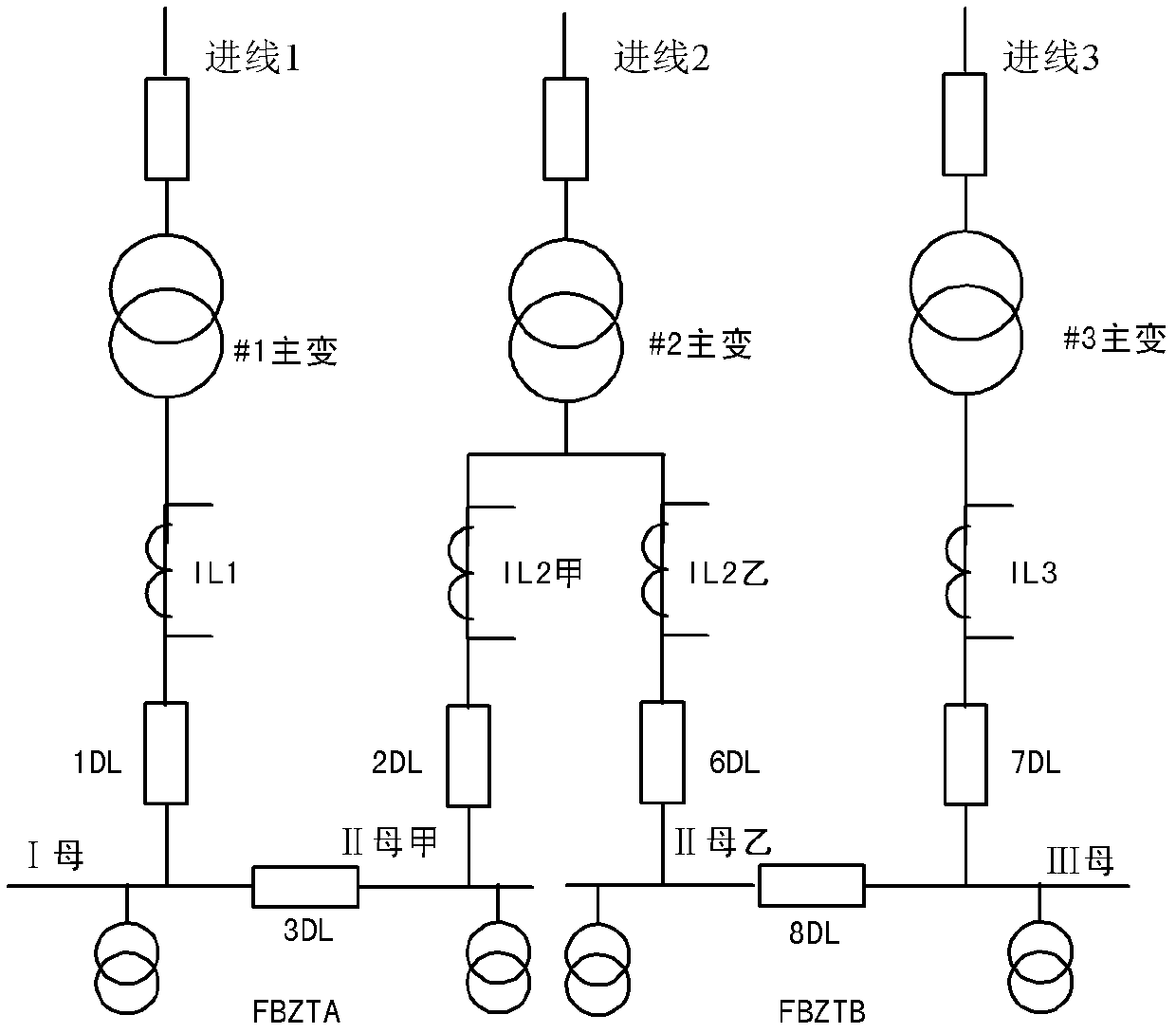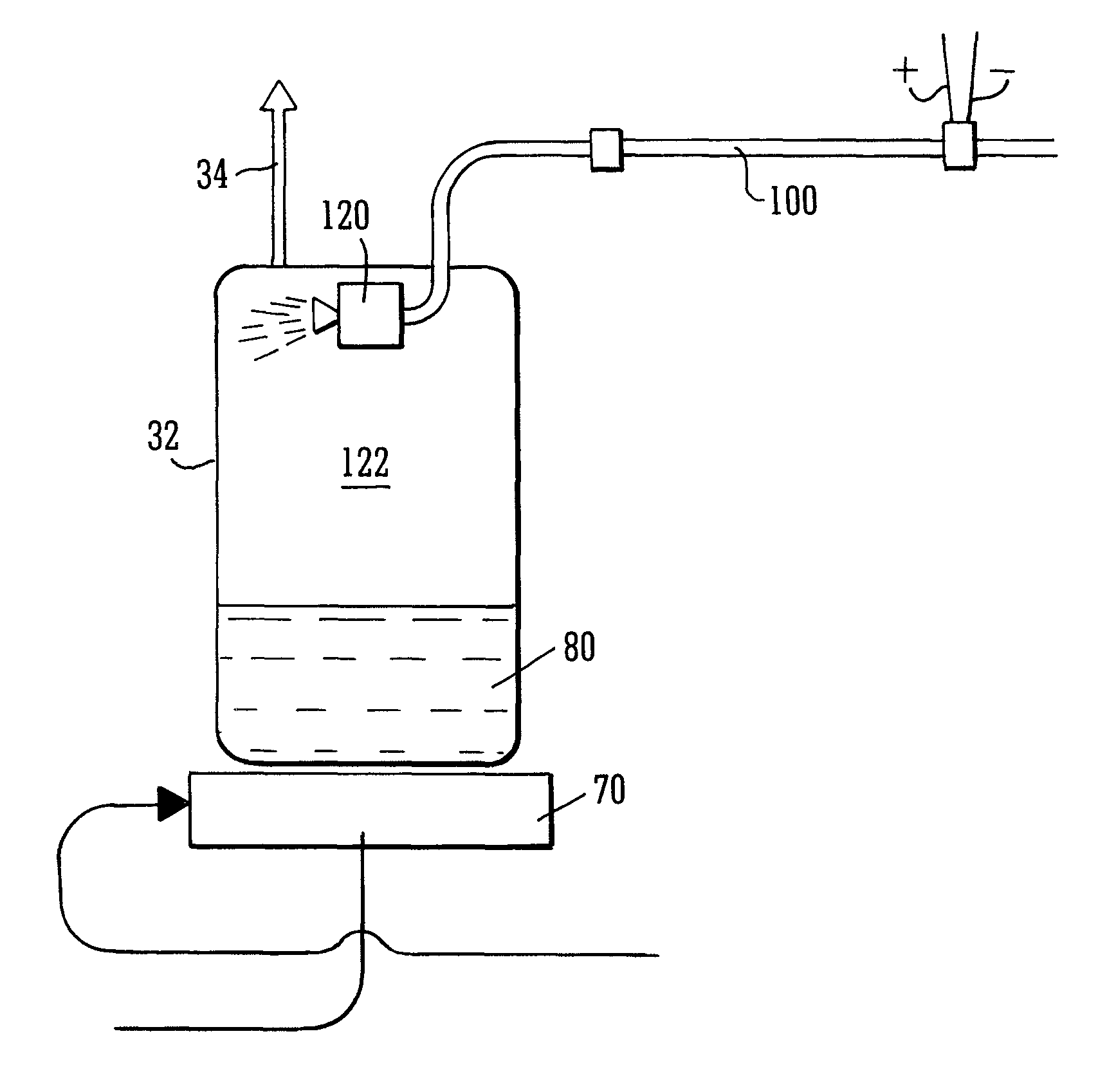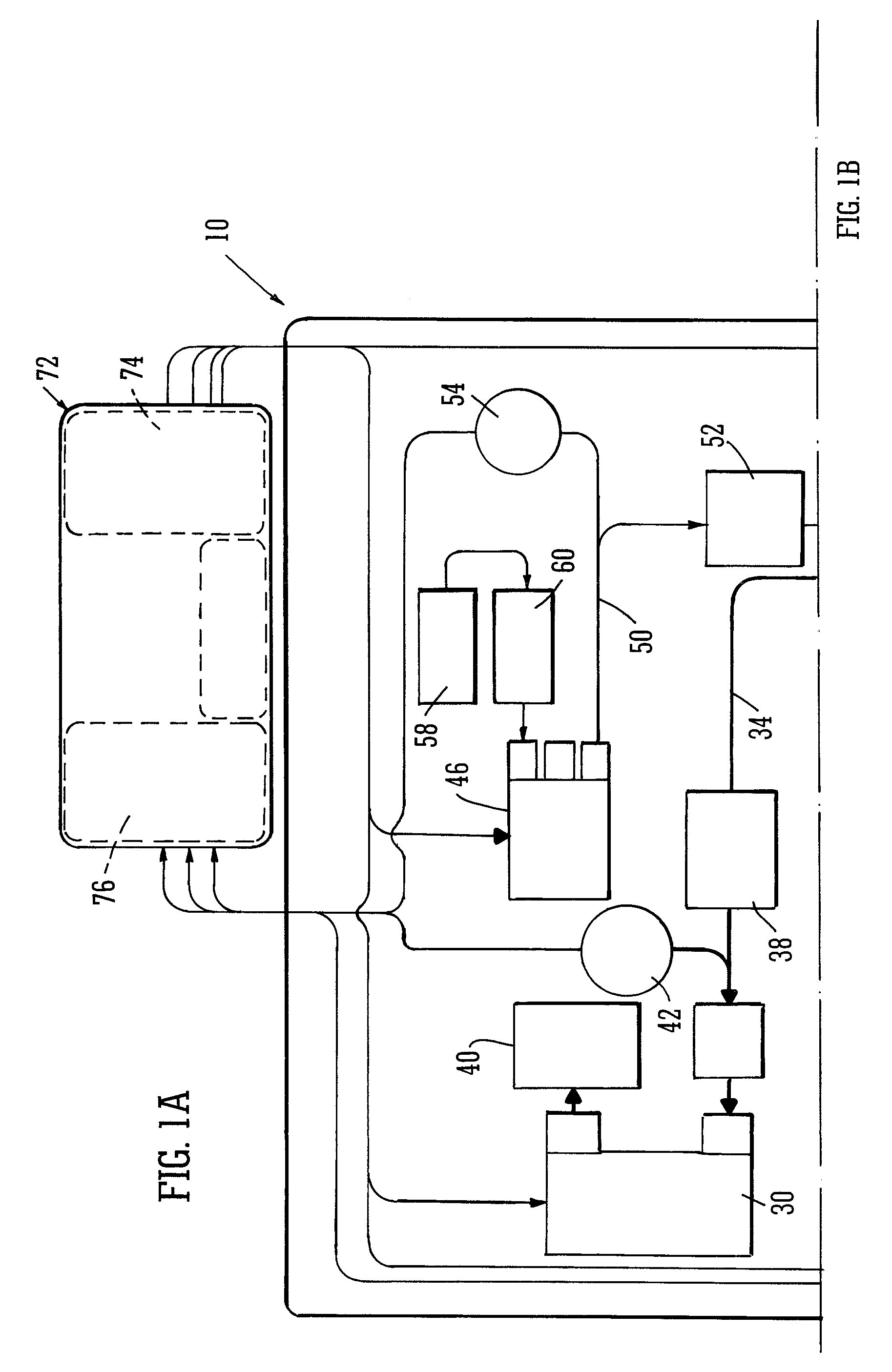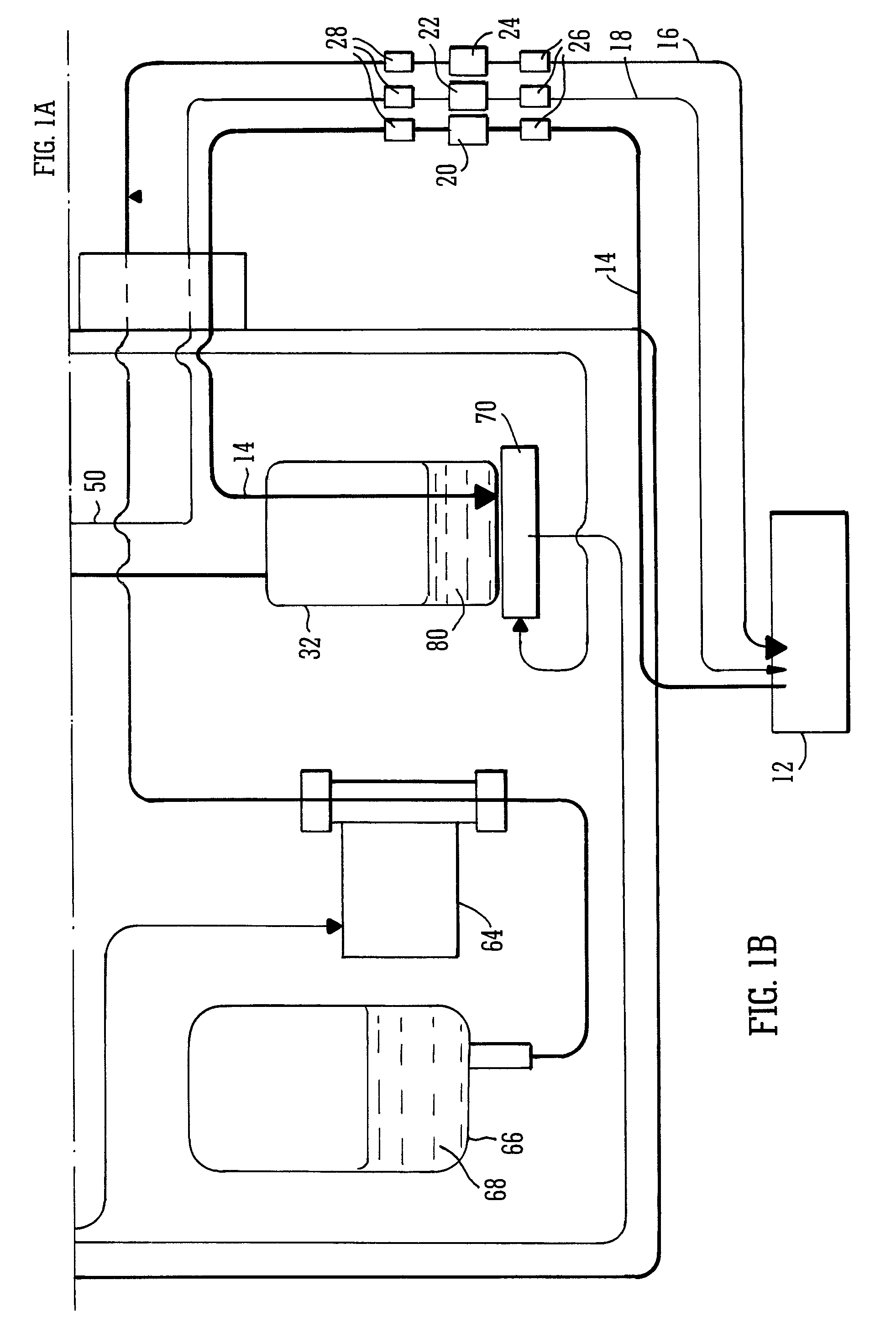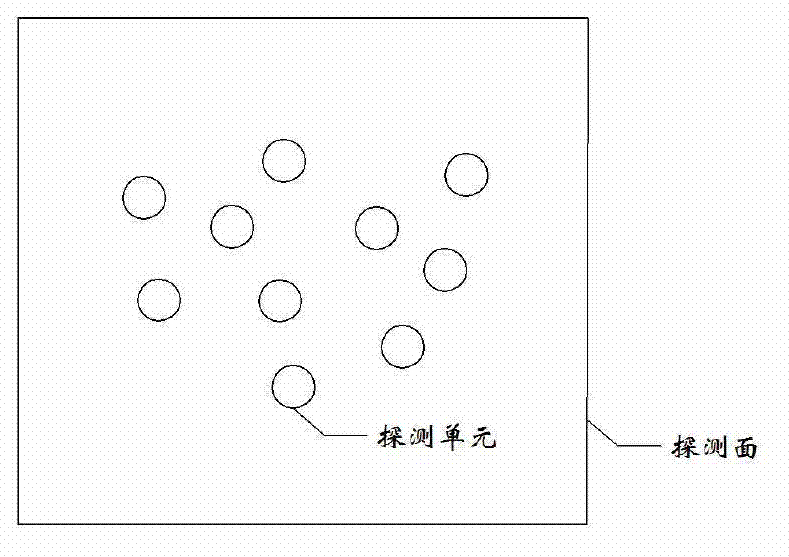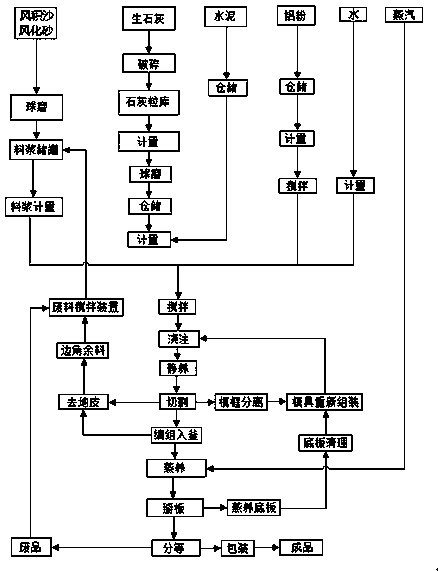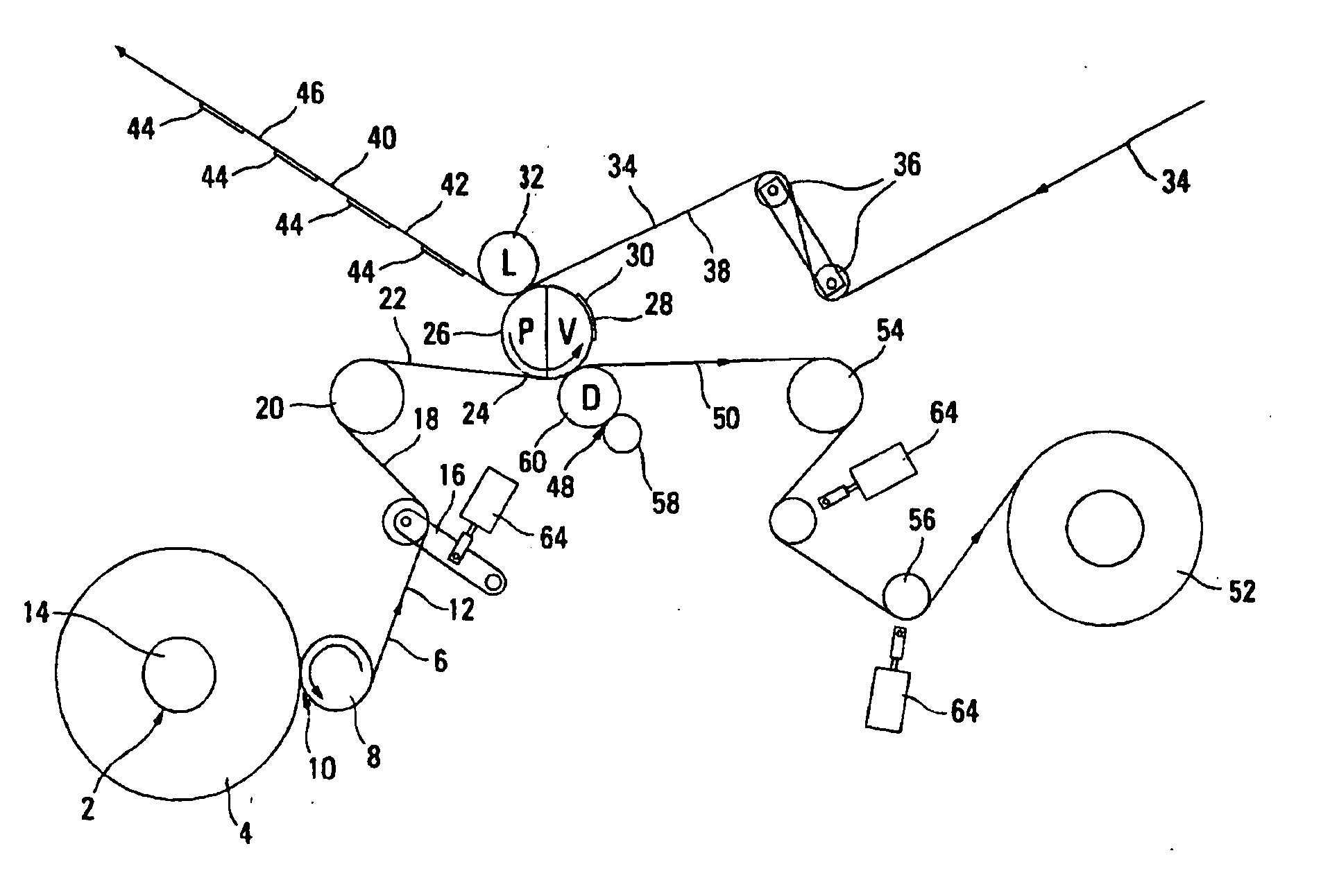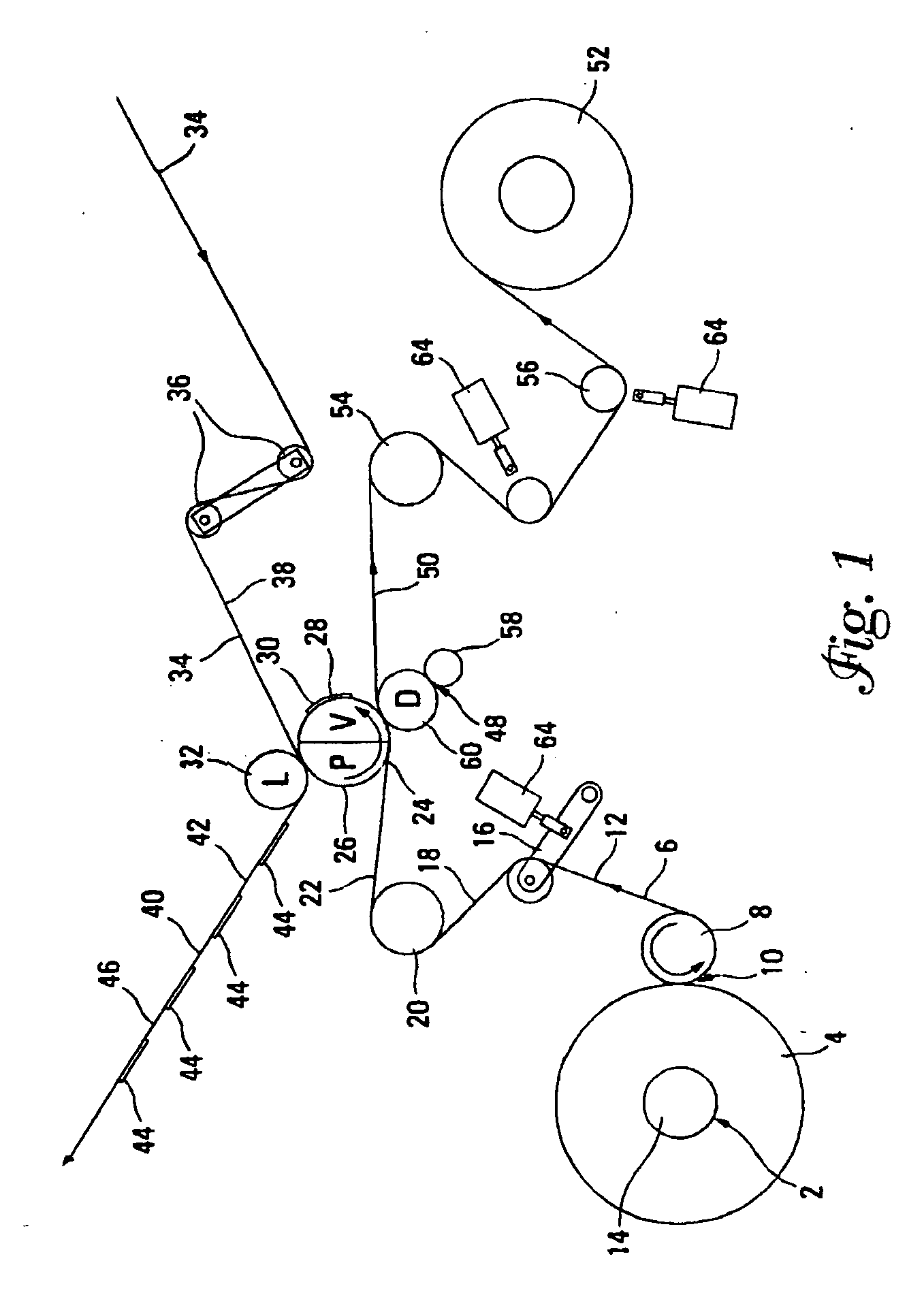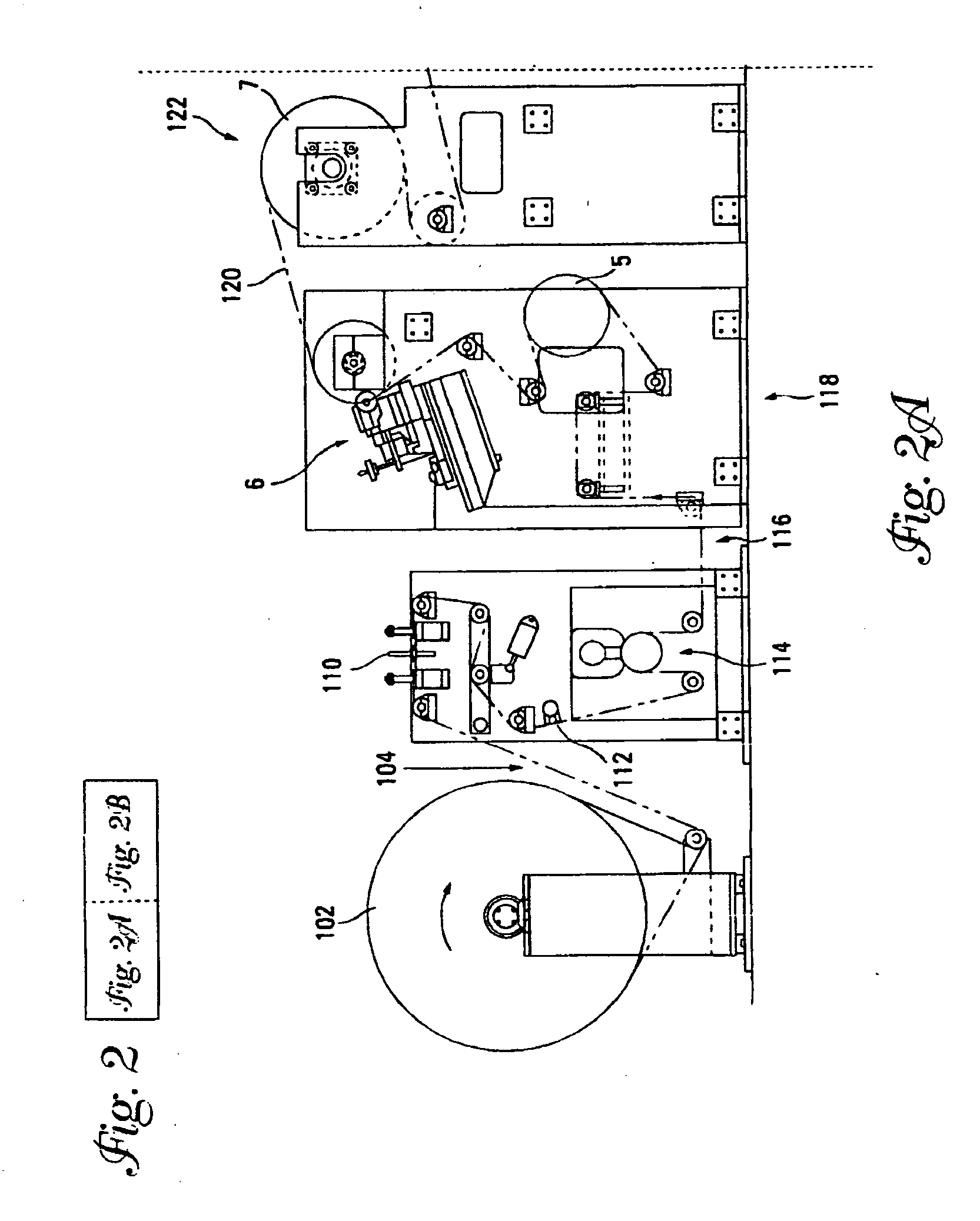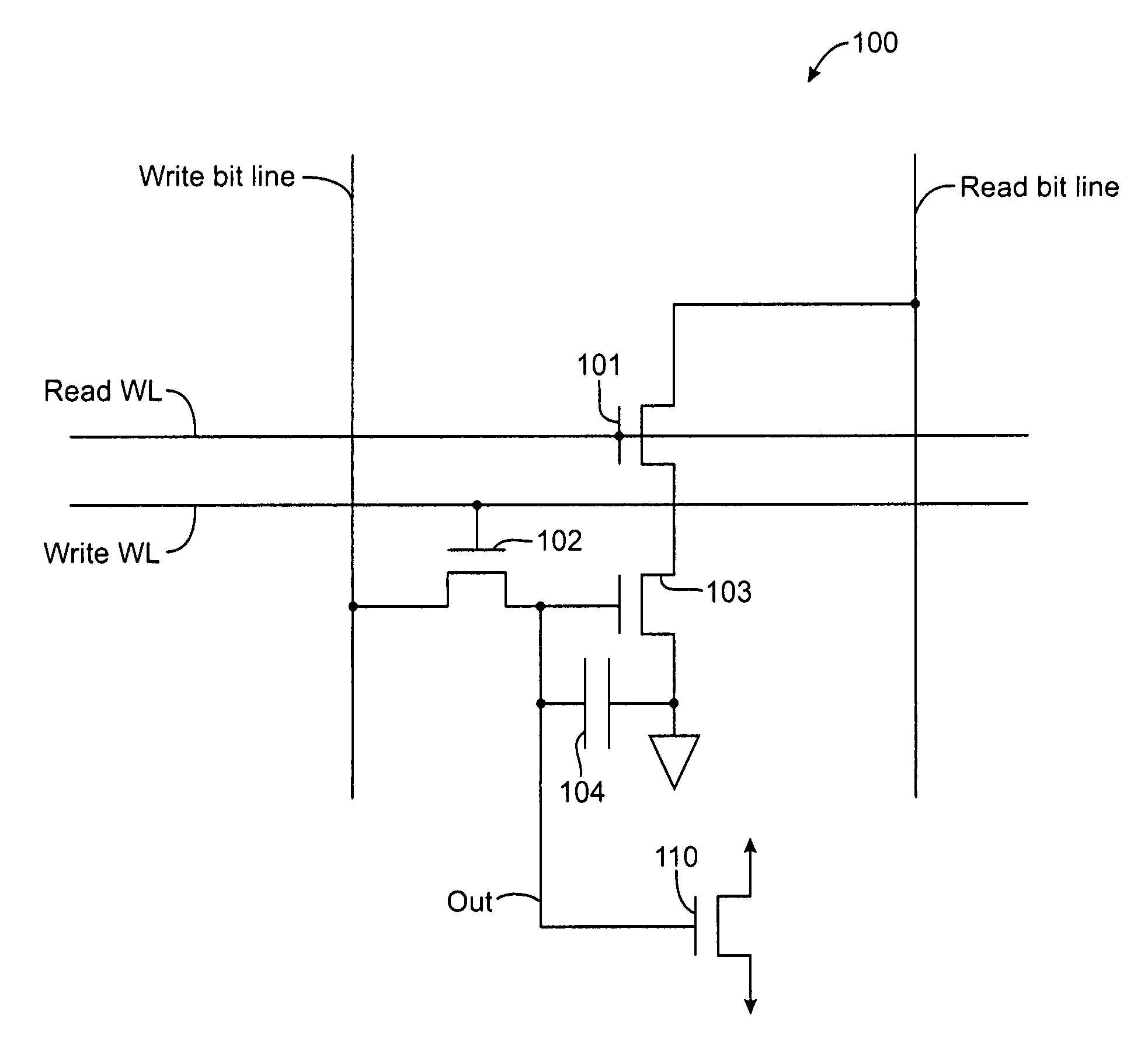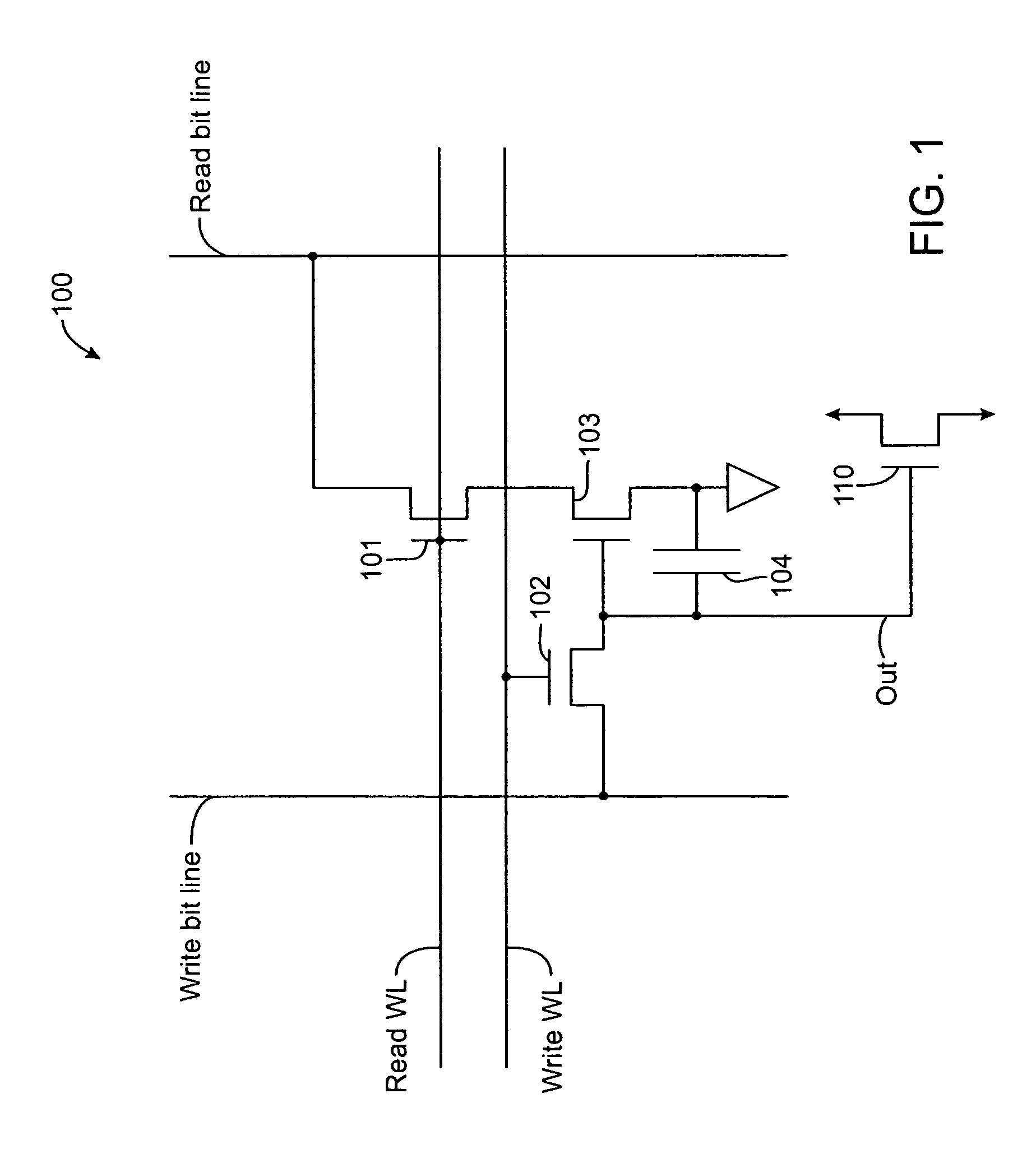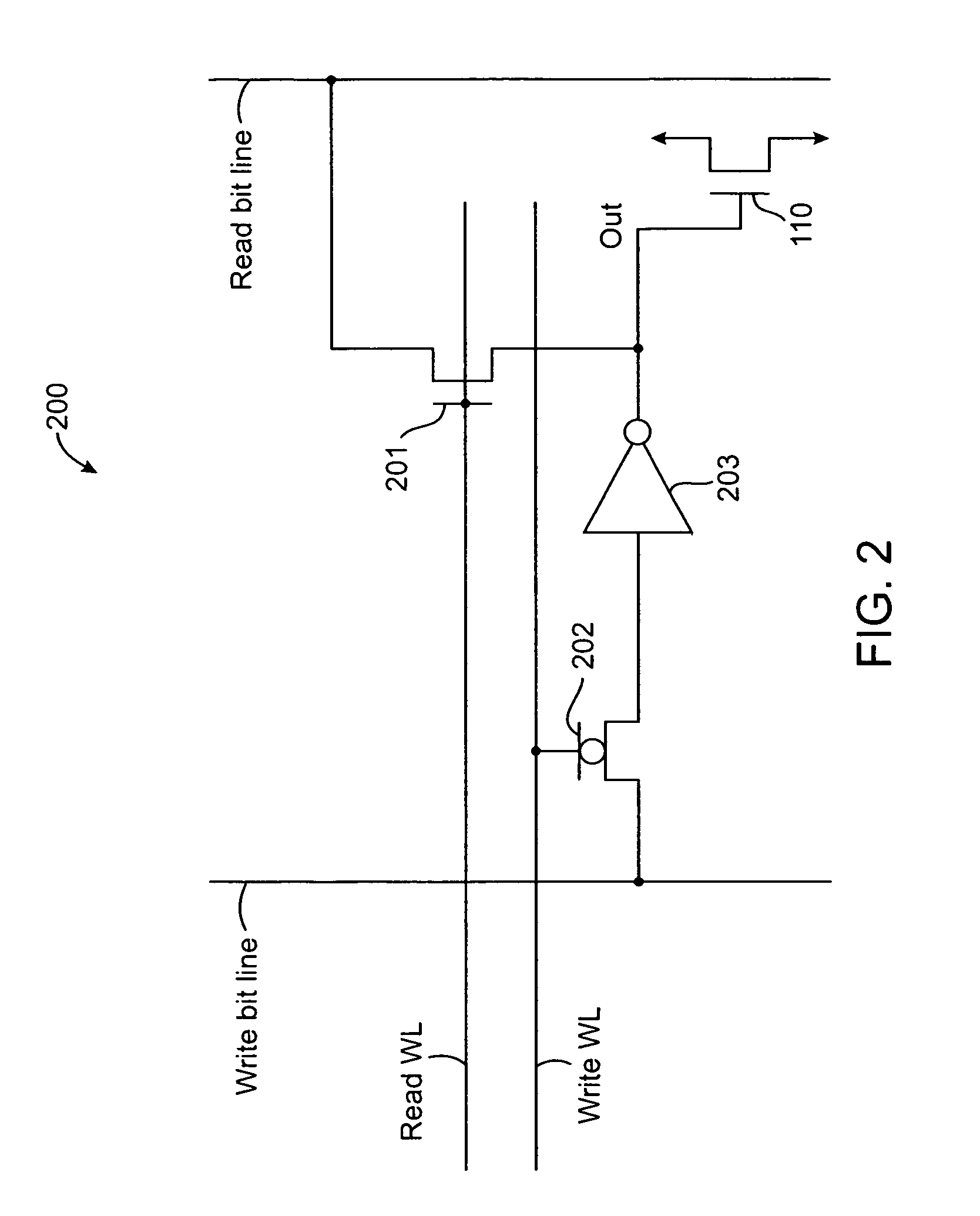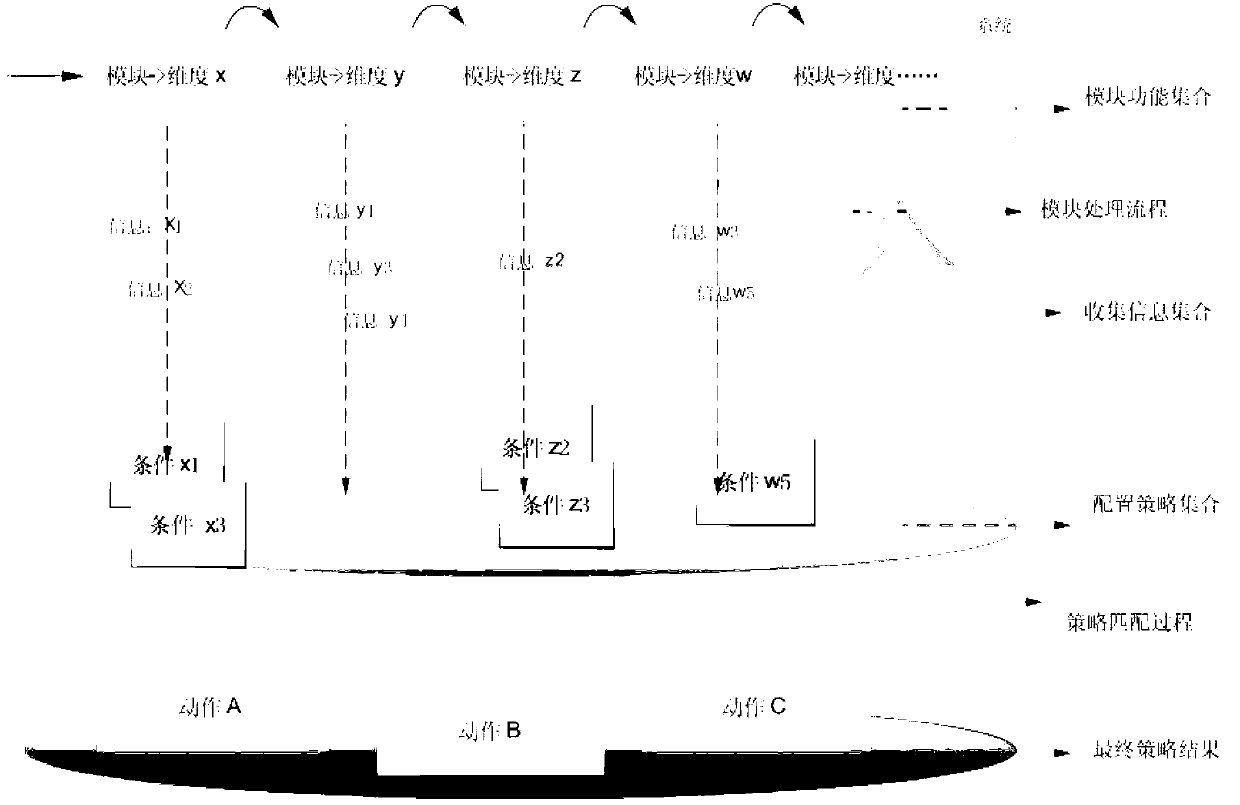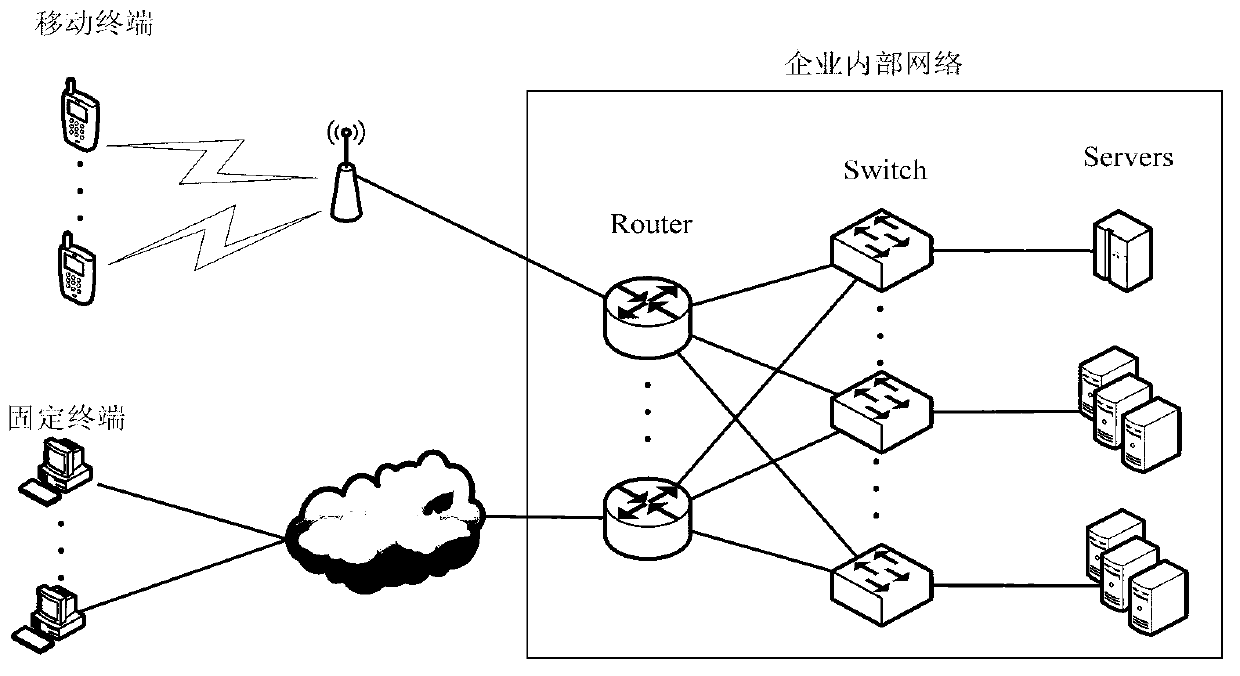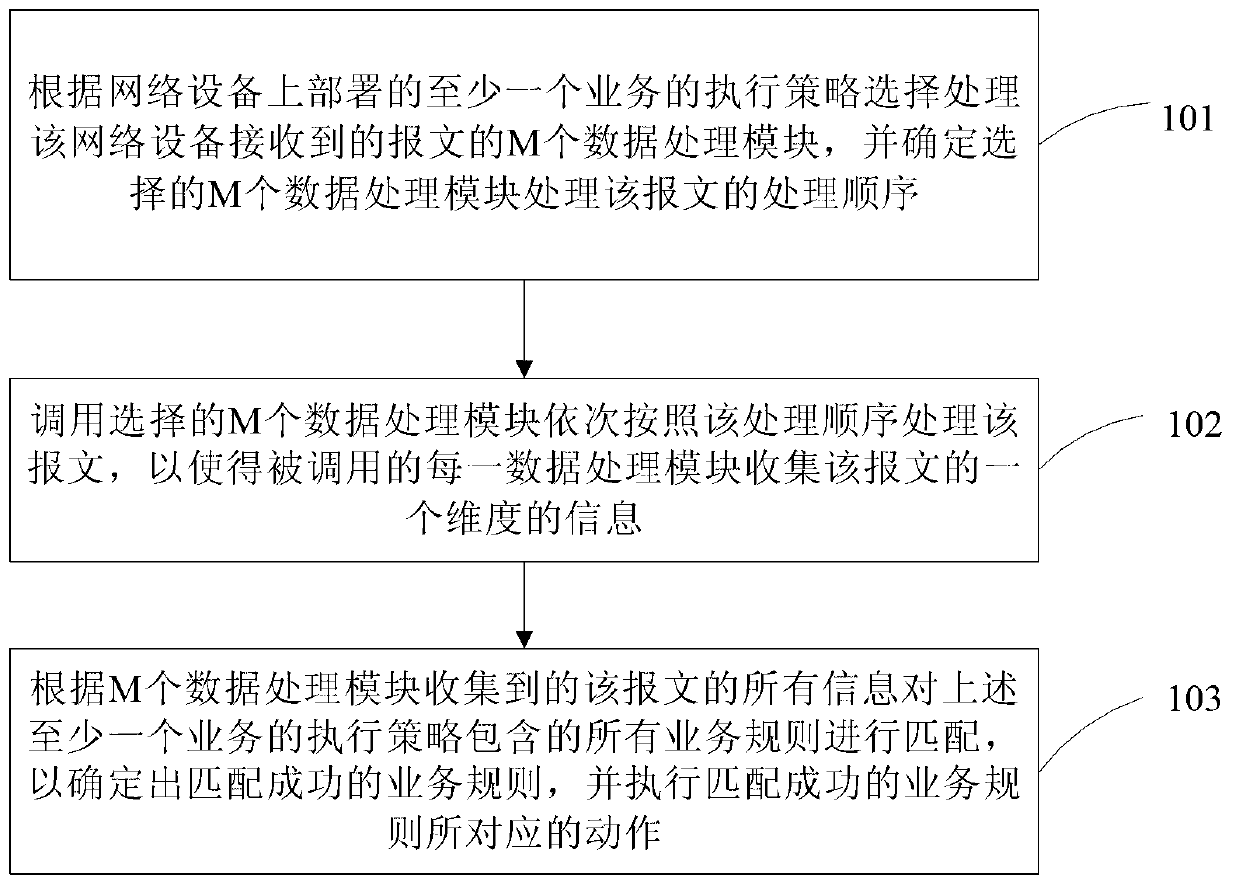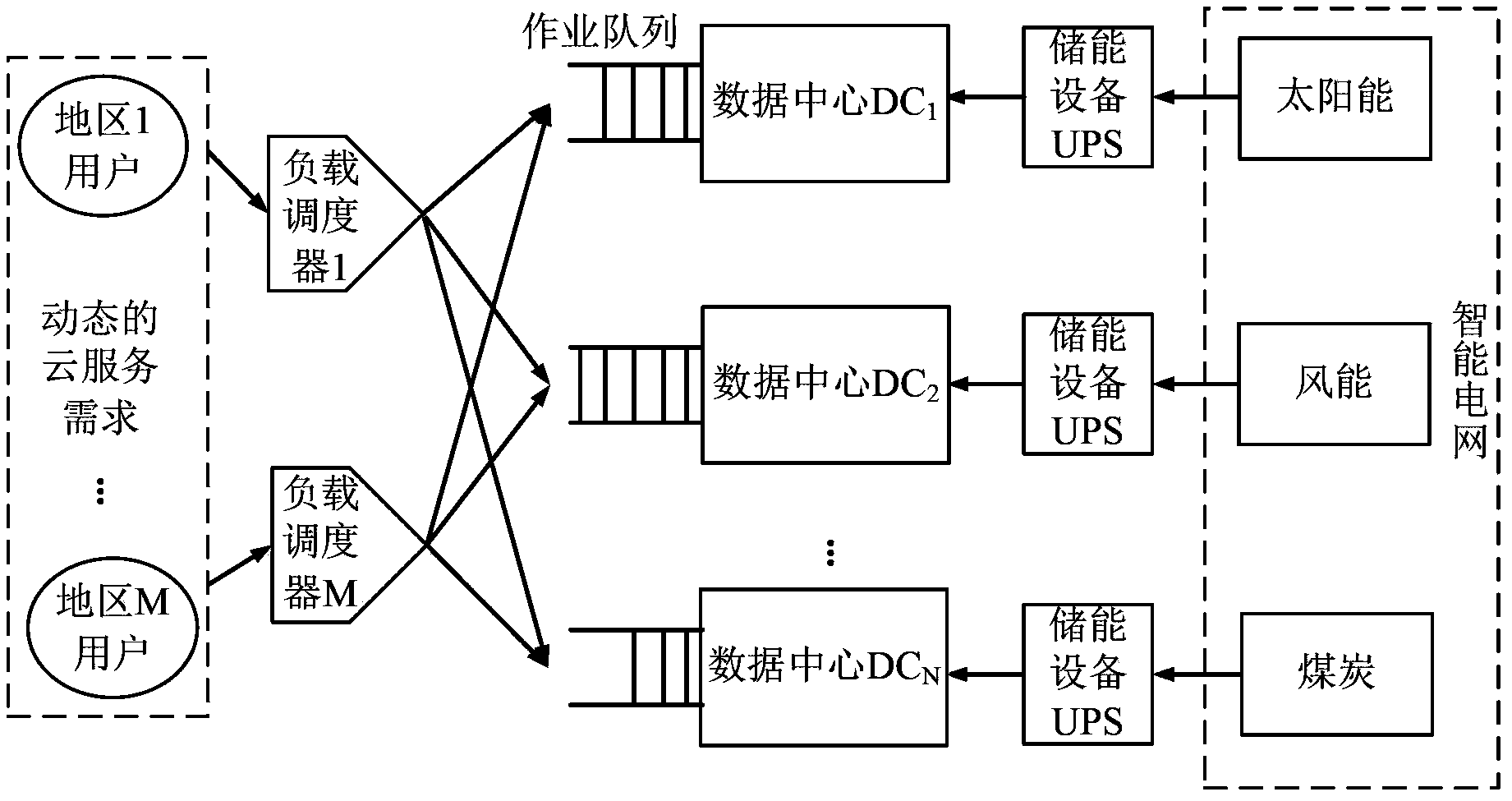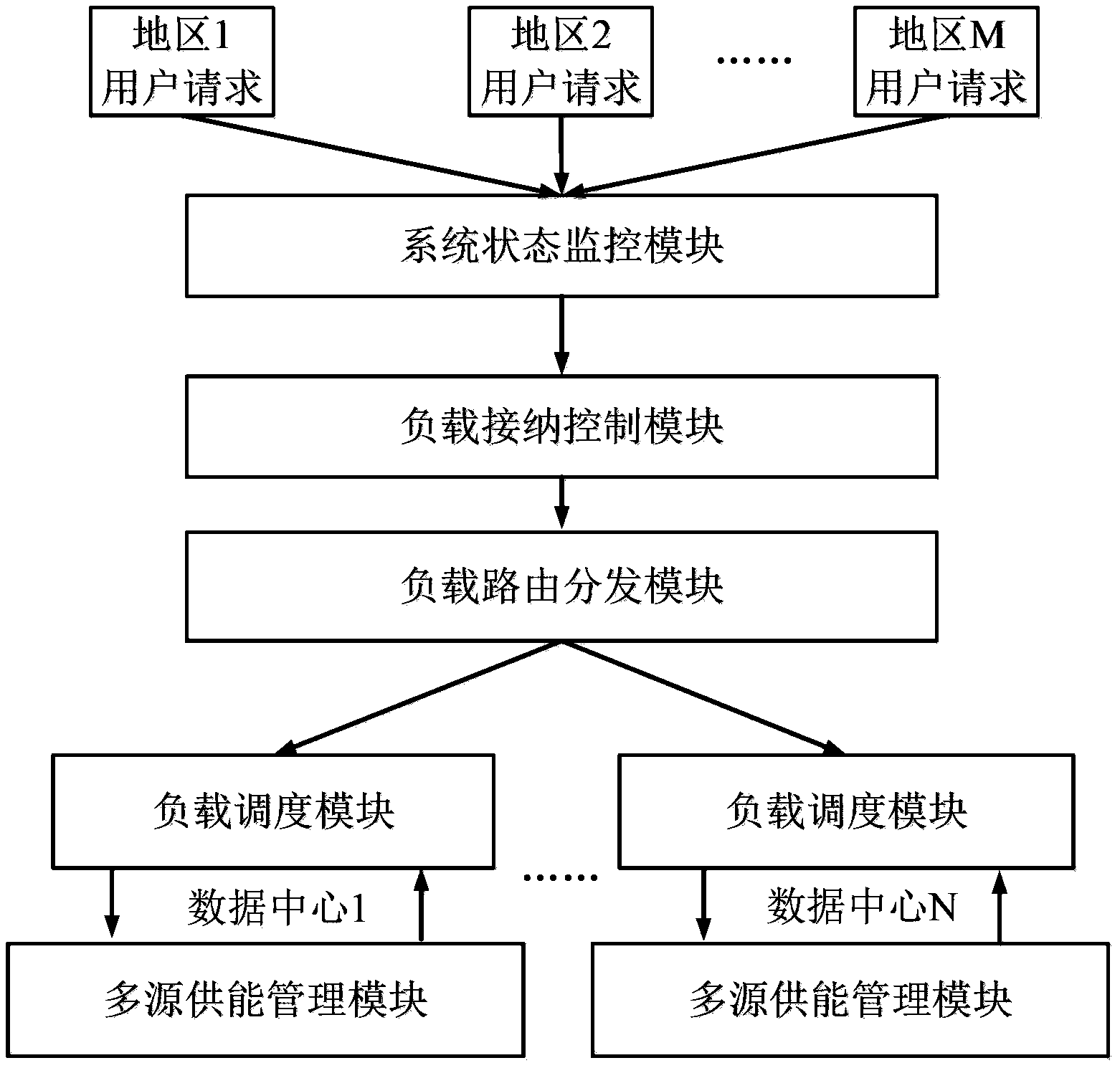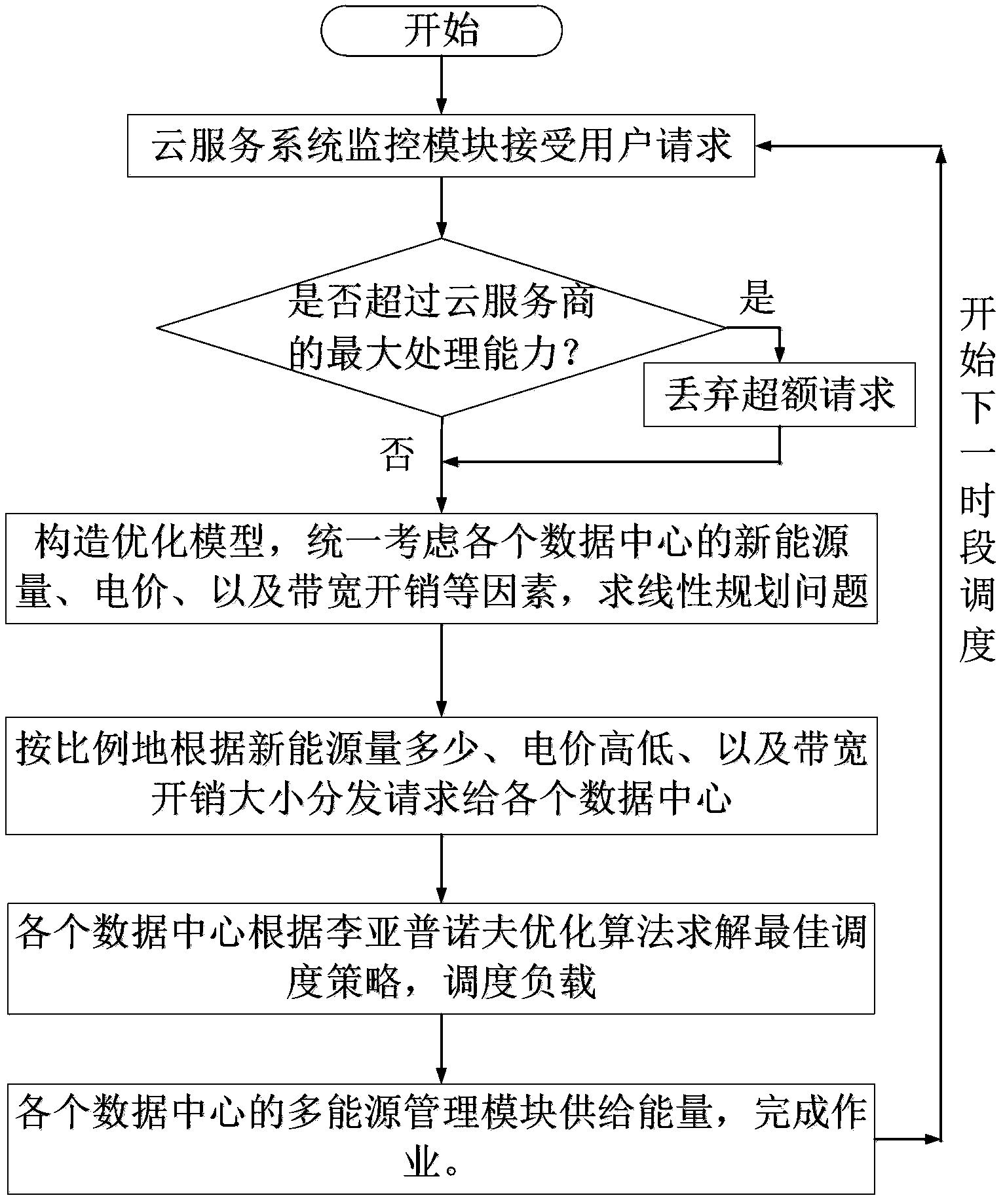Patents
Literature
769results about How to "Reduce collection" patented technology
Efficacy Topic
Property
Owner
Technical Advancement
Application Domain
Technology Topic
Technology Field Word
Patent Country/Region
Patent Type
Patent Status
Application Year
Inventor
Electronic purchase of goods over a communications network including physical delivery while securing private and personal information of the purchasing party
InactiveUS7069249B2Improve privacy protectionReduce collectionSecret communicationBuying/selling/leasing transactionsPaymentComputer network
E-commerce which may include delivery of a good ordered or purchased over a network (e.g., the Internet) to a purchaser / user, and / or arranging for electronic payment of the good is accomplished while securing private and personal information of purchasers / users. Proxy software is provided for user computers, one or more proxy computers, or both, for users to communicate with vendors anonymously over the network, provide for delivery of an ordered good and provide for electronic payment, while securing the user's private information.
Owner:IPRIVACY
Optical fiber cable having a deformable coupling element
InactiveUS7639915B2Reduce collectionInhibitionGlass making apparatusFibre mechanical structuresThermal dilatationEngineering
Disclosed is an optical fiber cable that includes optical fibers and a deformable coupling element enclosed within a buffer tube. The coupling element is formed from a deformable yet substantially incompressible material that is capable of releasably and intermittently coupling the optical fibers to the buffer tube in various orientations. The design of the coupling element layer permits coupling of the optical fibers to the buffer tube without the use of a compressive cushioning layer and yet permits localized movement the optical fibers relative to the buffer tube to account for disparate thermal expansion and to accommodate optical fiber placement.
Owner:DRAKA COMTEQ BV
Electronic purchase of goods over a communications network including physical delivery while securing private and personal information of the purchasing party
InactiveUS20060247982A1Improve privacy protectionReduce collectionBuying/selling/leasing transactionsLogisticsCredit cardThird party
E-commerce which secures private and personal information of purchaser / users. E-commerce which may include delivery of a good ordered or purchased over a network (e.g., the Internet) to a purchaser / user, and / or arranging for electronic payment of the good is accomplished while securing private and personal information of purchaser / users, which may include the user's identity and address (and those of the user's computer), and financial information. E-commerce transactions include the purchasing or otherwise ordering of goods electronically by user, who may be a consumer or retail customer, and for delivery of goods to a shipping or electronic address designated by the user or to a physical or virtual depot for pick-up by the user, while providing complete anonymity of the user with respect to an electronic vendor, who may be a merchant or retailer. Proxy software is provided for user computers, one or more proxy computers, or both, for users to communicate with vendors anonymously over the network, provide for delivery of an ordered good and provide for electronic payment, while securing the user's private information. Delivery of a good includes shipping from a vendor to a depot using the depot name and address, and then either re-shipping from the depot to an address designated by the user which is withheld from the vendor, or held at the depot for anonymous pick-up. The proxy software provides for a proxy party to deal with a vendor and arrange payment from a bank or credit card company to the vendor based on an account that the proxy party has with the bank. The proxy party is not required where the purchaser / user is provided with a transaction identity by a third party bank, for example, which masks the true identity of the purchaser who, however, is known to the bank, as is his, her or its shipping address.
Owner:IPRIVACY
Driving assistance system and real-time warning and prompting method for vehicle
ActiveCN105620489AReduce collectionSmall amount of calculationExternal condition input parametersComputer moduleMarking out
The invention relates to a driving assistance system and a real-time warning and prompting method for a vehicle. Image data of collected targets in front of a current vehicle is collected through an image collection module, then, a lane target in the image data is recognized by a traffic target recognition submodule, a region of interest is marked out according to the recognized lane target, and the region of interest is served as a key recognized target; and the image collection module is controlled by a data processing module to take a lane corresponding to the region of interest as an image collection target. Therefore, after the region of interest is mainly detected, the image collection module is capable of collecting image data required by a user more in time without collecting all forward data, therefore not only is collection capacity of the image collection module lowered but also data processing capacity of the data processing module is reduced, so that calculation amount of the whole system is reduced, calculation speed is accelerated, and warning response time is shortened.
Owner:SHENZHEN MINIEYE INNOVATION TECH CO LTD
Method and apparatus for blood separations
InactiveUS20060226090A1Reduces direct collectionReduce processing costsWater/sewage treatment by centrifugal separationCentrifugal force sediment separationWhole blood productMedicine
Described herein is a method and apparatus for collecting and separating whole blood into its components, including collecting an amount of plasma and red blood cells. The collection and separation system includes a console and a disposable set. The method may include processing the blood through the centrifuge, collecting plasma, collecting red blood cells and returning red blood cells until a desired plasma volume is reached. Then a final volume of red blood cells and plasma may be collected. The disposable set may include a manifold, a CFC, and various components attached by tubing. These components may include one or more solution bags, blood product bags, bacterial filters, leukofilters, and a donor blood collection tube with access needle.
Owner:TERUMO MEDICAL CORP
Optical Fiber Cable Having A Deformable Coupling Element
InactiveUS20090003781A1Reduce collectionInhibitionGlass making apparatusFibre mechanical structuresThermal dilatationEngineering
Disclosed is an optical fiber cable that includes optical fibers and a deformable coupling element enclosed within a buffer tube. The coupling element is formed from a deformable yet substantially incompressible material that is capable of releasably and intermittently coupling the optical fibers to the buffer tube in various orientations. The design of the coupling element layer permits coupling of the optical fibers to the buffer tube without the use of a compressive cushioning layer and yet permits localized movement the optical fibers relative to the buffer tube to account for disparate thermal expansion and to accommodate optical fiber placement.
Owner:DRAKA COMTEQ BV
Method for predicting the payment of medical debt
InactiveUS20080120133A1Excellent in termBetter reimbursementOffice automationCommercePaymentMedical treatment
The present invention provides methods, systems, and computer program products that are useful for establishing contractual terms and agreements between health care providers and health care payors. For example, one embodiment of the present invention provides a method for predicting a person's payment of a medical debt. Another embodiment of the present invention provides a method for predicting a propensity of a group of one or more health care participants to pay an actual or potential medical debt.
Owner:KRISHNASWAMI ARVIND +1
Process, system, or method for the determination of the percentage of area of a parcel of land available for development or preservation and the production of a report and map therefor on a fixed tangible medium
InactiveUS20060294062A1Reduce collectionEliminate needFinanceCommerceProcess systemsDecision control
A system for the determination of the percentage of area of a parcel of land available for development or preservation which comprises at least one privately gathered data base having at least one file relating to at least one geographic area and its privately gathered corresponding map, physical, geographic, geologic, edaphic, and flora parameters present in and relating to said geographic area; a Software Decision Control Framework connected to the privately gathered data base; a Geographic Information System connected to and interacting with both the Software Decision Control Framework and the privately gathered data base; a network connected and interfaced to the Software Decision Control Framework and at least one data base interfaced with the network, the data base comprising physical, geographic, geologic, edaphic and flora parameters present in and relating to various geographic areas worldwide, whereby the Software Decision Control Framework interacts with the privately gathered data base, the Geographic Information System, the network and the database to provide an evaluation report which identifies, quantifies and establishes the percentage of area of the parcel of land for development and preservation in conformance to local, federal and state land use regulations and non-governmental land use policies.
Owner:FOLCHETTI JOHN E +1
Diesel engine water pump with improved water seal
ActiveUS6884022B2Extended service lifeEasy constructionRotary bearingsEngine sealsImpellerWear particle
An improved diesel engine water pump includes three main features that aid in extending the maintenance-free life of the pump. The impeller shaft is carried by tapered roller shaft support bearings of which the impeller bearing has a floating outer race that is urged axially by a preload spring to provide a prescribed axial preload that maintains concentricity of the shaft with the axis and prolongs bearing life. An improved oil seal combines an oil slinger, a stationary deflector and a lip oil seal with a return passage to the engine to more effectively limit oil leakage from the pump. An improved water seal includes pressurized water jets fed from the pump volute that flush wear particles from the water seal surface and increase water seal life. Further details of these features are also disclosed.
Owner:ELECTRO-MOTIVE DIESEL
Method, system, and apparatus for casual discovery and variable selection for classification
InactiveUS7117185B1Easy to understandEasy constructionMathematical modelsDigital computer detailsIdentifying VariableData set
A method of determining a local causal neighborhood of a target variable from a data set can include identifying variables of the data set as candidates of the local causal neighborhood using statistical characteristics, and including the identified variables within a candidate set. False positive variables can be removed from the candidate set according to further statistical characteristics applied to each variable of the candidate set. The remaining variables of the candidate set can be identified as the local causal neighborhood of the target variable.
Owner:VANDERBILT UNIV
Sensor device capable of changing sampling frequency and control method thereof
InactiveCN102175269AProper judgmentReduce collectionSpecial purpose recording/indication apparatusComputer scienceTime parameter
The invention discloses a sensor device capable of changing sampling frequency, which is characterized by comprising a sensing device, a signal acquisition device, a processing device, a multi-version control device and a driving executive device. The invention also discloses a control method of the sensor device capable of changing sampling frequency, which is characterized by comprising the following steps of: setting a time parameter and preset data; obtaining information state after receiving outside data by the sensing device, changing the sampling frequency of the signal acquisition device according to the information state, and processing information. The sensor device and the control method thereof provided by the invention can use different frequencies and processing modes so as to rationally deal with abnormal conditions.
Owner:EAST CHINA NORMAL UNIV
Method and apparatus for blood separations
InactiveUS20060226089A1Reduce collectionLow costWater/sewage treatment by centrifugal separationRotary centrifugesWhole blood productWhite blood cell
Described herein is a method and apparatus for collecting and separating whole blood into its components, including collecting an amount of leukoreduced red blood cells. The collection and separation system includes a console and a disposable set. The method may include processing the blood through the centrifuge, collecting the leukoreduced red blood cells, and collecting and returning plasma to the source. The disposable set may include a manifold, a CFC, and various components attached by tubing. These components may include one or more solution bags, blood product bags, bacterial filters, leukofilters, and a donor blood collection tube with access needle.
Owner:TERUMO MEDICAL CORP
Pneumatic tire with sidewall projections
InactiveUS6920906B2Great tractionReduce accumulationOff-road vehicle tyresInflatable tyresMechanical engineeringTread
A pneumatic tire has an aggressive tread pattern for use on both on-road and off-road vehicles having at least a pair of intermediate ribs and a pair of shoulder ribs providing the ground engaging tread lugs. A plurality of circumferentially extending lug groups are formed on and extend outwardly from and along the sidewalls of the tire. Each lug group preferably includes three separate lugs, each lug having a substantially flat outer surface lying in a different plane than the outer surfaces of the other two lugs. Two of the lugs are radially aligned with each other along the sidewall of the tire with the third lug lying intermediate spaced pairs of these aligned lugs. The lugs are formed with sharp corners offset from each other which extend outwardly from the sidewall to different levels. A top surface of one of the lugs aligns with the ground engaging surface of an adjacent shoulder rib tread lug and the top surface of the intermediate lug aligns with the inner tread surface of the road engaging tread pattern.
Owner:BRIDGESTONE AMERICAS TIRE OPERATIONS LLC
Self-adapting correction method for mileage calculation
ActiveCN102981173AHigh precisionReduce the amount of data collectedSatellite radio beaconingIn vehicleGps navigation
The invention belongs to the technical field of vehicle-mounted GPS (global position system) navigation and particularly relates to a self-adapting correction method for long sampling interval GPS data mileage calculation. The self-adapting correction method is generally applicable to a remote information management system of a vehicle. The self-adapting correction method comprises the following steps that 1), GPS sampling data is subjected to real-time processing; 2), a GPS dead signal zone is compensated; 3), the mileage calculation is subjected to self-adapting correction; and 4), a calculated mileage is output, wherein the real-time processing comprises the steps that 1-1), a calculation formula of a spherical distance between two points is corrected; 1-2), static shifting data is corrected; and 1-3), dynamic exceptional data is corrected. With the adoption of the self-adapting correction method for processing the GPS sampling data; the data quality is improved; dead zone compensation in a short time is realized; the precision of the mileage calculation is improved on the premise that the cost of a GPS navigation system is not increased; due to the self-adapting correction of the mileage, the precision of the mileage calculation is further improved. A model and an algorithm not only support on-line real-time operation, but also support off-line data processing.
Owner:TIANZE INFORMATION IND
Method and apparatus for blood separations
InactiveUS20060226087A1Reduces direct collectionReduce processing costsWater/sewage treatment by centrifugal separationRotary centrifugesWhole blood productMedicine
Described herein is a method and apparatus for collecting and separating whole blood into its components, including collecting an amount of plasma. The collection and separation system includes a console and a disposable set. The method may include processing the blood through the centrifuge, collecting the plasma, and returning red blood cells remaining in the centrifuge to the source. The disposable set may include a manifold, a CFC, and various components attached by tubing. These components may include one or more solution bags, blood product bags, bacterial filters, leukofilters, and a donor blood collection tube with access needle.
Owner:TERUMO MEDICAL CORP
Single-photon-counting compression-sampling laser three-dimensional imaging method
InactiveCN102375144AReduce collectionSave storage spaceElectromagnetic wave reradiationInformation processingLaser imaging
The invention provides a single-photon-counting compression-sampling laser three-dimensional imaging method which is applicable to the fields of topographic mapping, information processing, digital image processing, high-precision topographic reconnaissance and the like. The method is a non-scanning laser three-dimensional imaging method on the basis of single-photon unit-detector compression sampling, a range-gated imaging method is introduced to correct a time-measuring vector obtained on the basis of single-photon-counting compression sampling, and a high-precision three-dimensional image is obtained through reconstruction by adopting a compression perceiving and restoring algorithm. The method has a better practical value and broad application prospects in the technical fields of laser imaging and digital image processing.
Owner:BEIHANG UNIV
Elevator passenger comprehensive safety intelligent monitoring method based on machine vision
ActiveCN106241533ASimple environmentFast video analysisCharacter and pattern recognitionElevatorsCommunication AnalysisTemplate matching
The invention provides a comprehensive safety intelligent monitoring method capable of effectively and quickly judging if such abnormal activities as trapping, falling and violence are generated in a car to timely and accurately give an alarm so as to effectively relieve the burden of monitoring staff. The comprehensive safety intelligent monitoring method specifically comprises the following steps: an image shot by a camera with a fixed position is used as a background model; a differential image is obtained through a difference between a present video frame and the background model by a background subtracting method; the binarization processing is performed for the differential image according to a binarization formula; then, the noise is removed through a morphology filtering algorithm; finally, the area communication analysis is performed for the noise removing result; the edge profile of the binarized image is extracted by a Canny operator; and the extracted foreground profile is compared with a human body image template library by a template matching algorithm to judge if one or more persons are in the car and if the abnormal activities are generated to trigger warning.
Owner:XIAN SPECIAL EQUIP INSPECTION INST
Instrumenting a software program and collecting data from the instrumented software program by type
InactiveUS7111282B2Facilitate local filteringEasy to processSoftware testing/debuggingSpecific program execution arrangementsApplication softwareData transmission
The XAM architecture that specifies a software program instrumentation and data collection method and system is disclosed. The XAM architecture includes definition of a measurement type hierarchy, the definition of an XAM API that adapts an application program to a local XAM library, and a message protocol, based on XML, through which the XAM library is configured by, and sends collected data to, an XAM services process. Predefined measurement types include primitive measurement types and aggregate measurement types, the latter allowing for significant decrease in data transmission overheads between the XAM library and the XAM services process because of data filtering and processing by XAM library routines.
Owner:VALTRUS INNOVATIONS LTD +1
Remote gathering system and method for vehicle CAN bus data
InactiveCN101000711AReal-time acquisitionHigh speed acquisitionElectric signal transmission systemsCollection systemCAN bus
A data remote collection system of vehicle CAN bus is prepared as using mobile communication module to carry out data interaction with central server and microprocessor, using microprocessor to control CAN controller and storage both being connected with said microprocessor, connecting CAN controller to CAN transceiver for obtaining data on CAN bus. Its data collecting method is also disclosed.
Owner:SHENZHEN SEG SCI NAVIGATIONS CO LTD
Method and device for optical measurement of biological properties
ActiveUS20180020960A1Overcome deficienciesRaise the ratioEvaluation of blood vesselsBiological testingBiological propertyFluence
The subject matter discloses a device for measuring biological properties of an examined tissue, the device comprising at least one light source configured and operable to illuminate the examined tissue with light radiation of one or more wavelengths at a certain light illumination direction; and a light detector located at a same side of said examined tissue and configured and operable to receive light components of said one or more wavelengths reflected from the examined tissue in response to the illuminated light radiation at a certain light detection direction, and to generate measurement data indicative thereof; at least one of said light illumination direction and detection direction is positioned at an angle of at least 20 relative to an imaginary line perpendicular to the examined tissue or form an angle of at least 20 between the light illumination direction and detection direction.
Owner:BIOBEAT TECH LTD
Laser radar imaging device based on compressed sensing and imaging method
ActiveCN105223582ASolve problems in signal processing capabilitiesEffective combinationElectromagnetic wave reradiationImaging qualitySignal on
A laser radar imaging device based on compressed sensing and an imaging method are disclosed. The device comprises an amplitude modulation laser light source, a beam expanding apparatus, two lenses, a DMD digital micro-mirror, an APD photoelectric detector, a high-pass filter, a multiplier, a low pass filter, two AD analog-digital converters, a control system and an image reconstruction system. After being emitted, the laser is scattered by an imaging object and then is projected to a surface of the DMD digital micro-mirror. Reflected light is focused by another lens, then is received by an APD single point detector and then is converted into an amplified voltage signal. High-pass filtering, mixing and low-pass filtering are successively performed on the voltage signal on one parallel branch and the signal penetrates into the reconstruction system after analog-digital conversion. Simultaneously, the voltage signal directly penetrates into the reconstruction system on another parallel branch after the analog-digital conversion. According to input signals of the two branches and a random matrix corresponding to a DMD control device, a certain reconstruction algorithm is combined so that the reconstruction system can complete imaging. By using the device and the method of the invention, an imaging rate and imaging quality are increased to a great extent.
Owner:XI AN JIAOTONG UNIV
Three-bus four-section standby power automatic operation device self-adaption in service and out of service control method
ActiveCN102710008ASolve overloadImprove efficiencyEmergency power supply arrangementsTransformerService control
The invention discloses a three-bus four-section standby power automatic operation device self-adaption in service and out of service control method. The method comprises the steps of before standby power automatic operation device is in service under a voltage of 10 kV, calculating the transformer load condition after the spare power automatic switching is performed the by using an algorithm of summation of effective values of bilateral current, so that the problem that a transformer is overloaded after automatic operation is solved; simultaneously providing an intelligent equalization load function of the standby power automatic operation device in a three-bus four-section connecting method, choosing whether the equalization load function is performed or not intelligently according to a load situation of an inlet wire, and improving the usage efficiency of the transformer; and monitoring and calculating the load situation in real time after the standby power automatic operation device is in service, and load intertripping is performed automatically when the transformer is overloaded, so that the safety of the transformer is guaranteed. According to the method, logical data acquisition quantity of a whole action is small, a device is convenient to implement and the engineering popularization applicability is good.
Owner:广州穗华能源科技有限公司
Wound treatment apparatus with exudate volume reduction by heat
ActiveUS8551061B2Lower the volumeReduce frequencyWound drainsMedical devicesAtmospheric airEvaporation
Apparatus (130) for use in wound therapy of mammals is described, the apparatus (130) comprising: a dressing covering the wound, the dressing being substantially sealed to prevent ingress of ambient atmospheric air to the wound; aspiration means (132) operably connected to a space between the dressing and the wound by an aspiration conduit (142) sealed to the point of entry between wound and dressing against ingress of ambient atmosphere, said conduit (142) being for aspiration of said wound and for removal of fluid from said space between said wound and said dressing; a waste container (148) for receiving aspirated fluid to be discarded operably connected to said aspiration conduit; and heating means (144) for heating said fluid in order to increase the vapor pressure thereof and to cause evaporation to reduce the volume of the fluid in the waste container (148). In a preferred embodiment of the present invention the waste fluid is also provided with a sparge gas.
Owner:SMITH & NEPHEW INC
A kind of tobacco matrix composite biopesticide and its manufacturing method
InactiveCN102265908AHas double insecticidal effectImprove resource utilizationBiocideAnimal repellantsBiotechnologySocial benefits
The invention provides a tobacco matrix composite biopesticide and a preparation method thereof. The composite biopesticide which comprises at least a tobacco botanical insecticidal component and at least a microbial insecticidal component is prepared through fermenting insecticidal microbes with selecting a tobacco waste as a raw material. The preparation method comprises the following operationsteps: preparation of a medium, amplification culturing of spawns, fermentation of the biopesticide, and extraction. A fermentation technology can adopt liquid state fermentation or solid state fermentation. The tobacco matrix composite biopesticide of the invention which not only contains the insecticidal microbes and metabolites thereof, but also contains tobacco insecticidal components (nicotine and the like for example) has dual insecticidal effects. The method of the invention which allows resources of the tobacco waste which is not reasonably utilized at present to be fully utilized allows grain resources to be saved, and good economic benefits, ecological benefits and social benefits to be generated.
Owner:ZHENGZHOU UNIV
Compression spectral imaging system based on random wavefront phase modulation
ActiveCN102818631AReduce collectionRealize compressed acquisitionSpectrum investigationPhotovoltaic detectorsData acquisition
The invention discloses a compression spectral imaging system based on random wavefront phase modulation, comprising at least a front imaging objective, a random wavefront phase modulator, a photoelectric detector and a computer, wherein the front imaging objective images the object surface on a first imaging surface; the random wavefront phase modulator and photoelectric detector are arranged in the back of the first imaging surface; the output end of the photoelectric detector is connected with the input end of the computer. The compression spectral imaging system performs three-dimensional compression acquisition on the spectral image data according to the compressive sensing principle, so that the system drastically reduces the data acquisition quantity. The system can work in single multi-point measurement mode, multiple multi-point measurement mode or multiple single-point measurement mode; the arrangement shape can be selected randomly as the detection units does not need to be arranged tightly on the detection surface.
Owner:NANJING INST OF ADVANCED LASER TECH
Autoclaved aeolian sand aerated concrete building block and wallboard
The invention provides an autoclaved aeolian sand aerated concrete building block and wallboard which are prepared by the following method: performing ball milling on aeolian sand or weathered sand to obtain slurry with the mass percentage concentration of 50 to 70%; crushing quick lime, grinding into quick lime powder; mixing aluminum powder; according to mass percentage, respectively taking cement, the slurry and the quick lime powder for mixing into a base material, proportionally adding the aluminum powder and gypsum, and stirring evenly to obtain finished product slurry; according to an autoclaved aerated concrete building block production process in the prior art, pouring, curing and cutting to form a green body or a workblank, removing wastes on the green body or the workblank, grouping into a reactor; performing autoclaving and maintaining and other processes, and packaging qualified products to obtain the autoclaved aeolian sand aerated concrete building block or wallboard; collecting produced waste to prepare waste slurry; and adding the waste slurry into the finished product slurry for using again. The concrete building block and wallboard can be prepared into building and environmental protection materials with good performances by comprehensive utilization of the aeolian sand and the weathered sand, and the river sand and ore sand collection and waste of resources can be reduced.
Owner:JINGTAI FUHAI SUNSHINE BUILDING MATERIAL
Apparatus and method for applying labels
InactiveUS20070074809A1Reduce workloadReduce cross contaminationStampsLamination ancillary operationsSurface coolingAdhesive
A method and apparatus enables linered label applicators to use labels on thin liners. Linered labels comprise a composite of an elongate sheet of thin or light-weight temporary liner having a precut label adhered to a low adhesion surface. The cut-out labels on the liner are fed into the linered label applicator. The use of support mechanisms other then vacuum application on rollers enables the use of thinner liner sheets on labels. A die head for cutting or perforating labels comprising adhesive on label stock comprising a die head having at least 80% of its outer surface comprising flat areas between cutting edges, multiple cutting edges on the outer surface, and an internal volume in the die head, the internal volume for carrying coolant liquid into and out of the volume so as to cool the outer surface of the die head when the coolant temperature is at least 10° C. cooler than the outer surface of the die head.
Owner:AVERY DENNISON CORP
Dynamic RAM storage techniques
Dynamic RAM (DRAM) cells are provided. Data can be read from a DRAM cell without draining the stored charge stored in the cell. During a read cycle, current flows between a Read Bit line and a supply voltage, and charge is not drained directly from the DRAM storage node. Each DRAM cell has a small number of transistors. The DRAM cell can be used to store configuration data on a programmable integrated circuits (IC). Pass gates are used on programmable ICs to drive signals across the chip. Data stored in DRAM cells is provided directly to the pass gates at the full supply voltage to prevent signal degradation.
Owner:ALTERA CORP
Controlling method of service process and network device
ActiveCN103346974AIncrease flexibilityReduce collectionData switching networksComputer hardwareComputer module
The invention provides a controlling method of the service process and a network device. The controlling method comprises the steps that M data processing modules of a message received by the network device are selected and processed based on the executing strategy of at least one service deployed on the network device, and the processing sequence for processing the message by the selected M data processing modules is determined; the selected M data processing modules are called to sequentially process the message according to the processing sequence, and the processing result of the message by the M data processing modules is obtained. According to the technical scheme, the executing sequence of the data processing modules for processing the message is dynamically generated according to a strategy set corresponding to the service so as to sequentially call the data processing modules to process the message according to the executing sequence, so that the message does not need to be processed by all the data processing modules, therefore, unnecessary processing procedures and redundant information collection in the service executing process are reduced, flexibility in processing the service is improved, and overall performance of the device is improved.
Owner:HUAWEI TECH CO LTD
Cloud service distributed data center system and load dispatching method thereof
ActiveCN103384272AMinimize operational overheadLow electricity priceTransmissionElectricity priceNew energy
The invention discloses a cloud service distributed data center system which comprises a system state monitoring module, a load admission control module, a load routing distribution module, a load dispatching module and a multi-source energy supply management module. The system state monitoring module is used for acquiring cloud service requests from different users, recording the cloud service requests and information related to the cloud service requests and transmitting the cloud service requests to the load admission control module, the load admission control module is used for selecting parts of the cloud service requests according to the number of the received cloud service requests and transmitting the cloud service requests to the load routing distribution module, and the load routing distribution module is used for distributing the received cloud service requests to corresponding data centers for processing. The cloud service distributed data center system can solve the problems that a data center energy supply system in an existing system is high in long-term operating expenditure and unstable in new energy supply, electricity price fluctuates, and system data or stable distribution needs to be acquired in advance.
Owner:HUAZHONG UNIV OF SCI & TECH
Features
- R&D
- Intellectual Property
- Life Sciences
- Materials
- Tech Scout
Why Patsnap Eureka
- Unparalleled Data Quality
- Higher Quality Content
- 60% Fewer Hallucinations
Social media
Patsnap Eureka Blog
Learn More Browse by: Latest US Patents, China's latest patents, Technical Efficacy Thesaurus, Application Domain, Technology Topic, Popular Technical Reports.
© 2025 PatSnap. All rights reserved.Legal|Privacy policy|Modern Slavery Act Transparency Statement|Sitemap|About US| Contact US: help@patsnap.com
